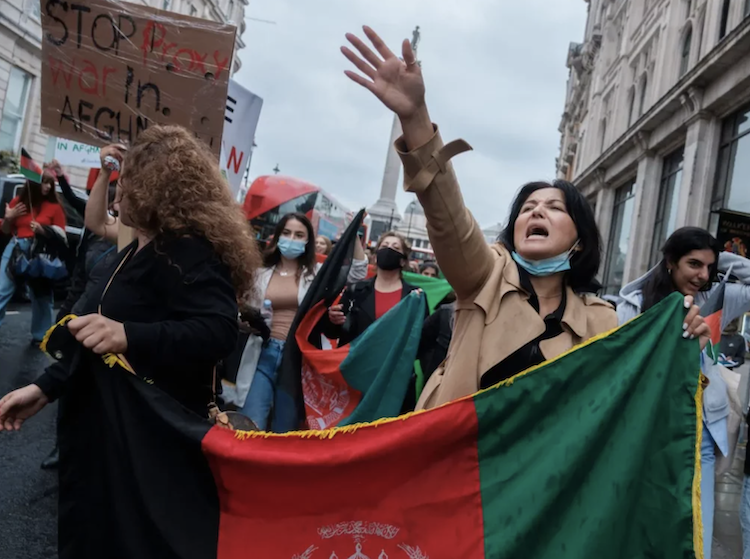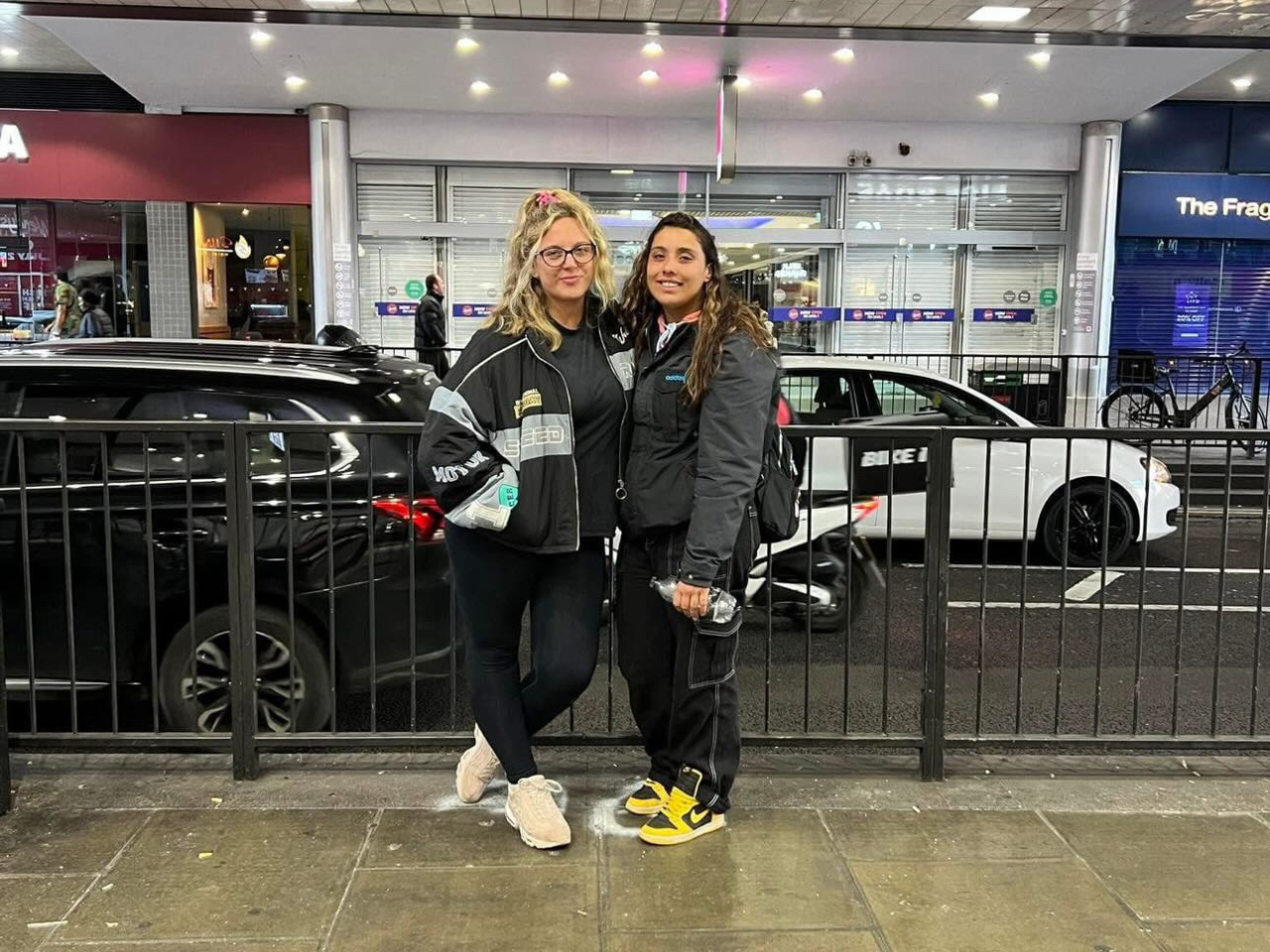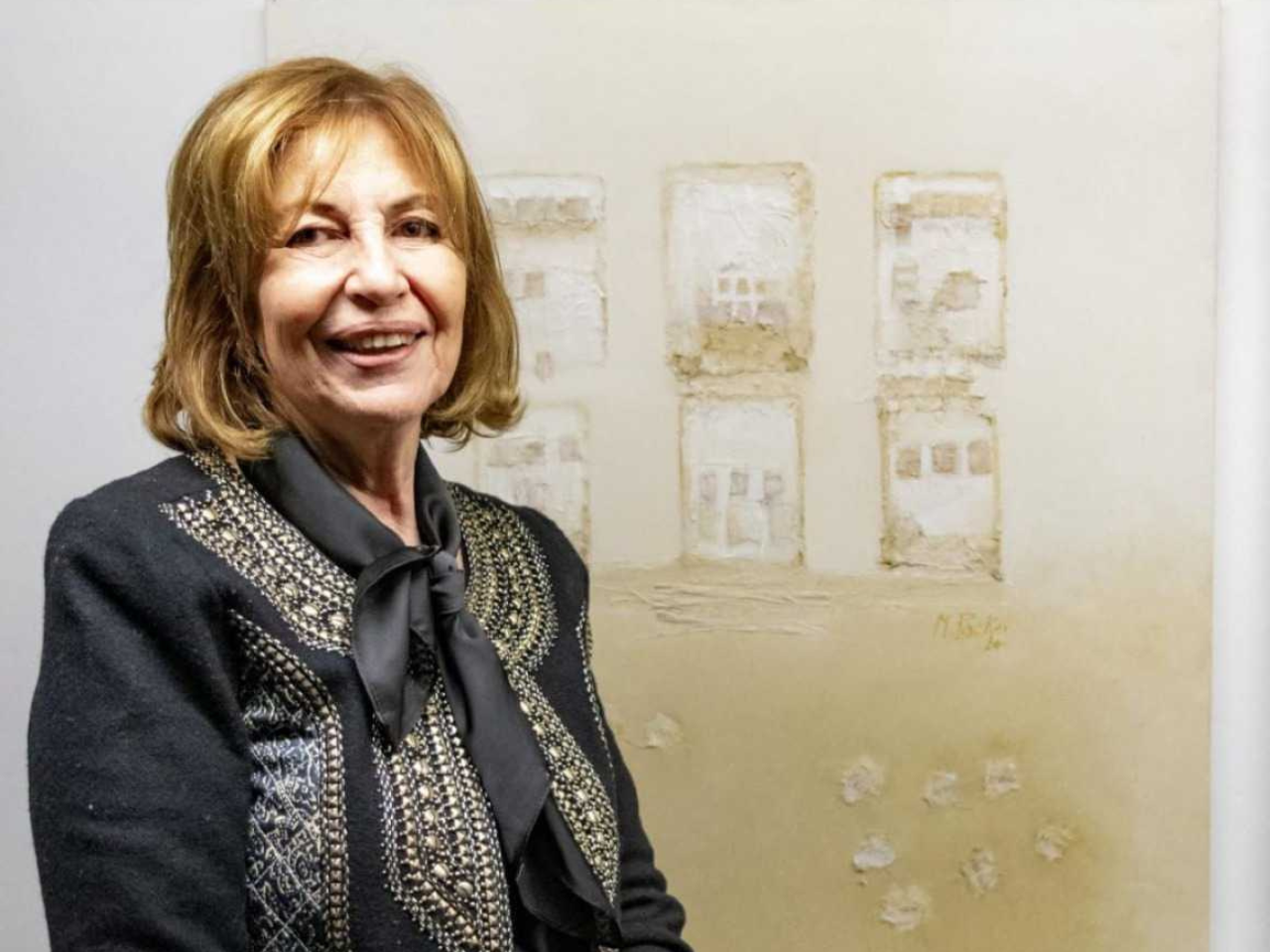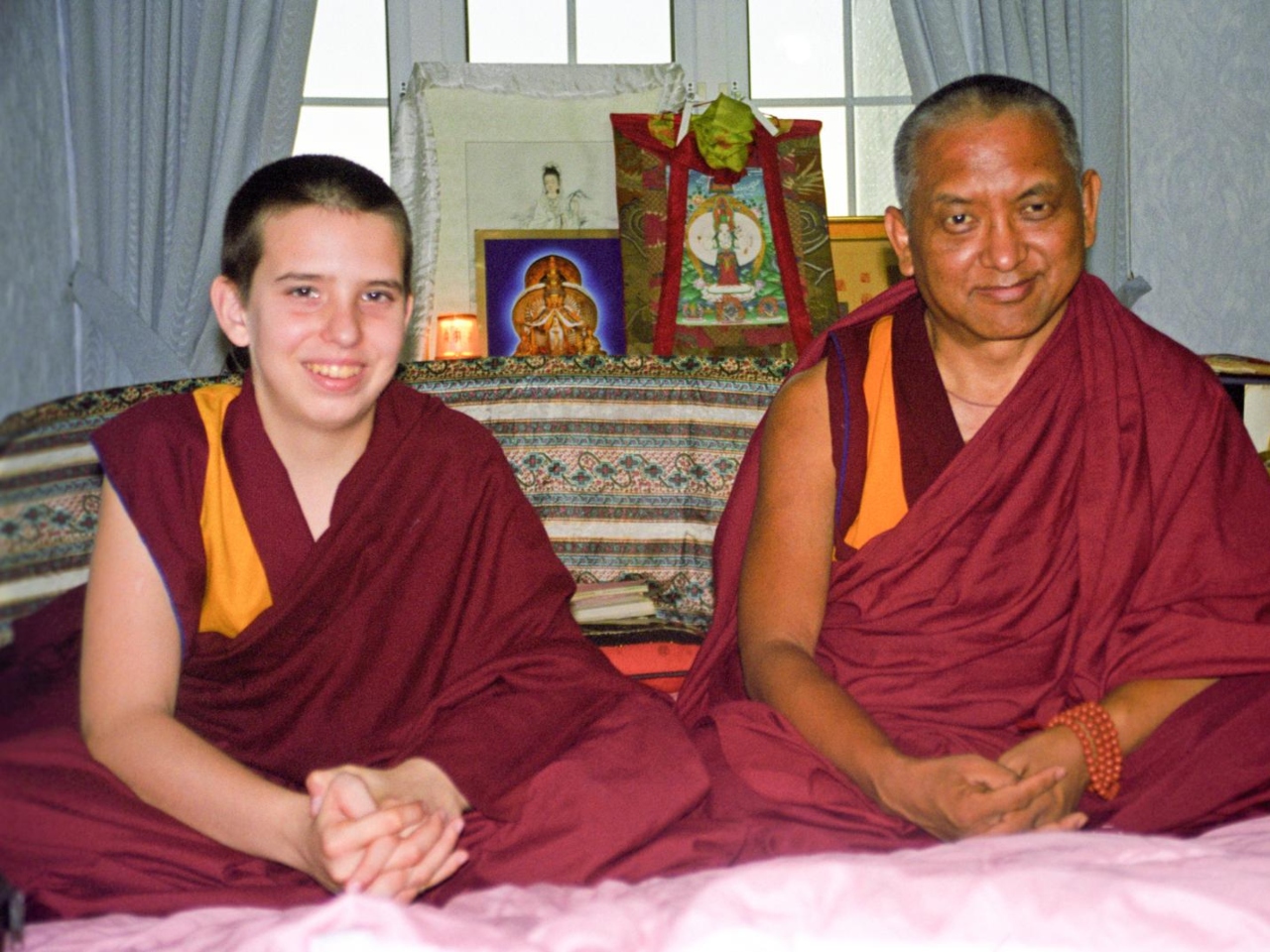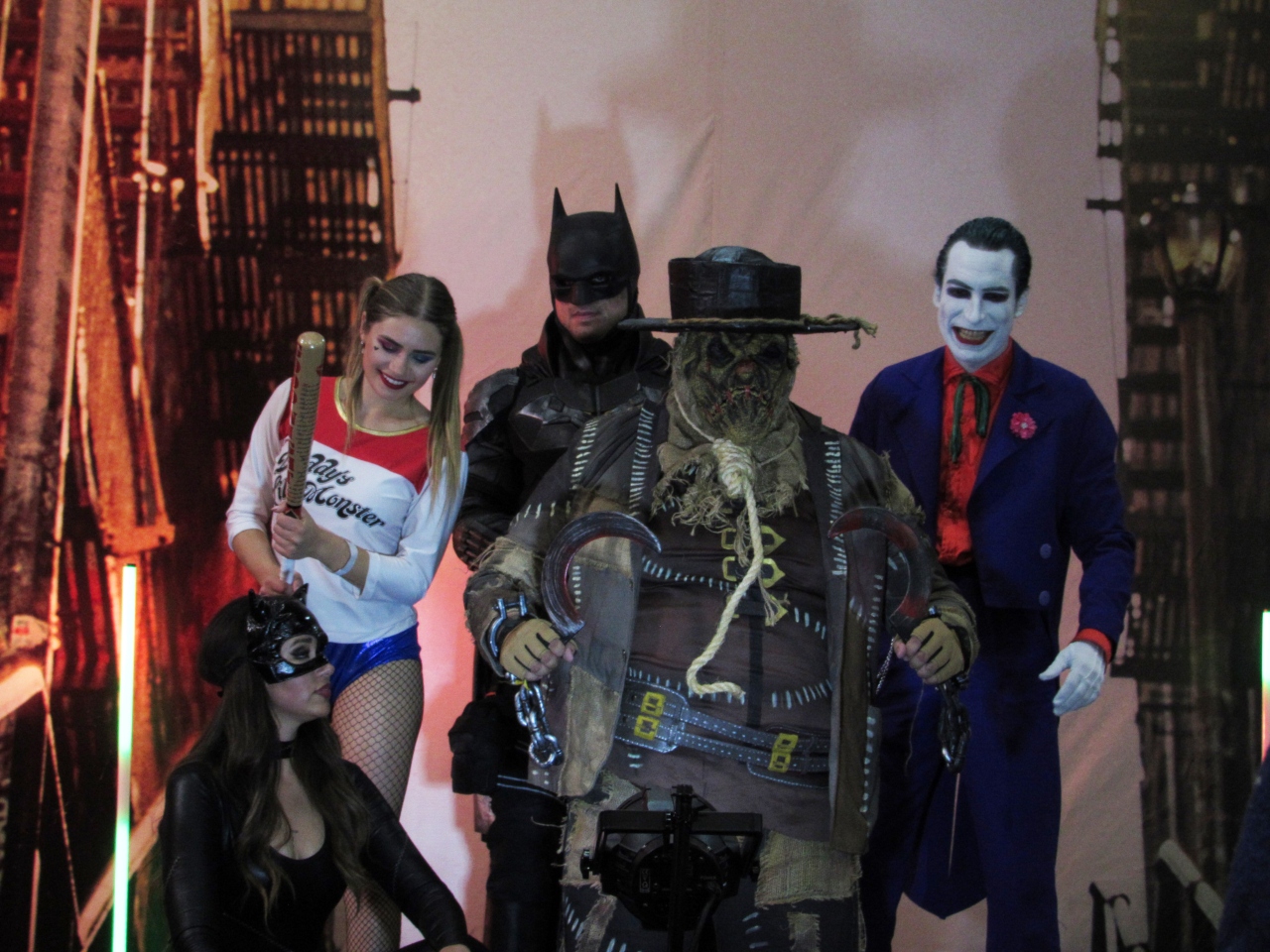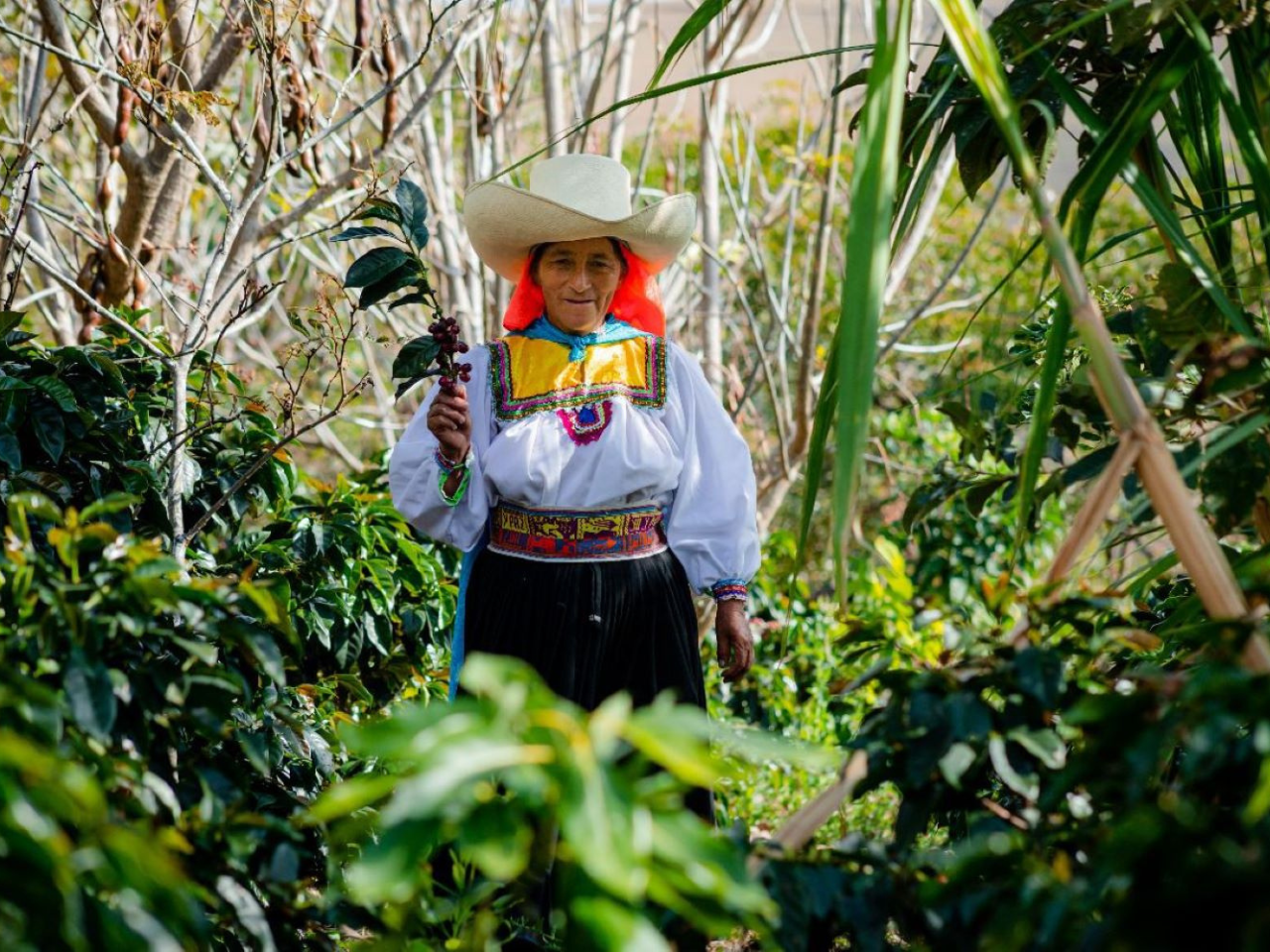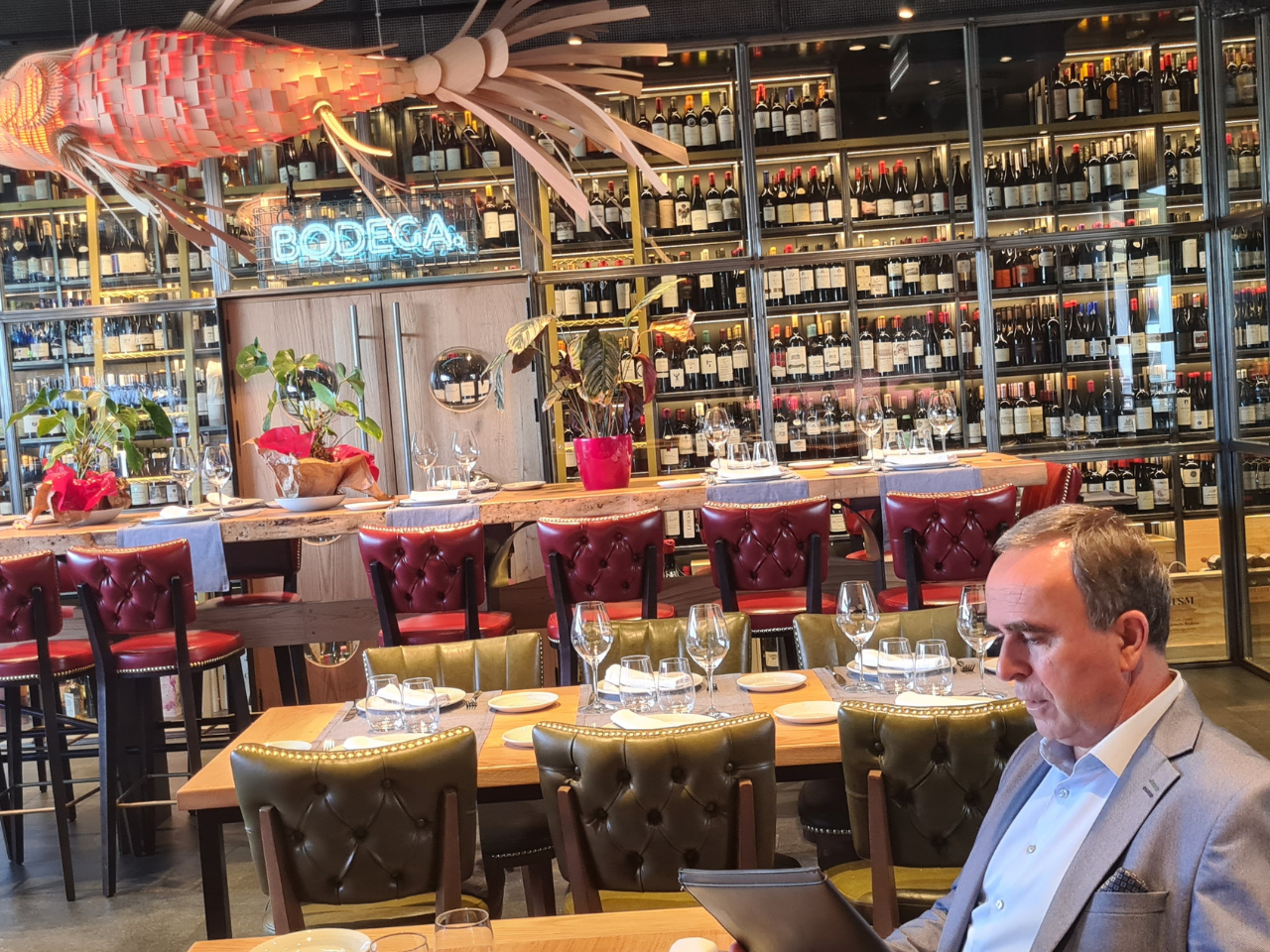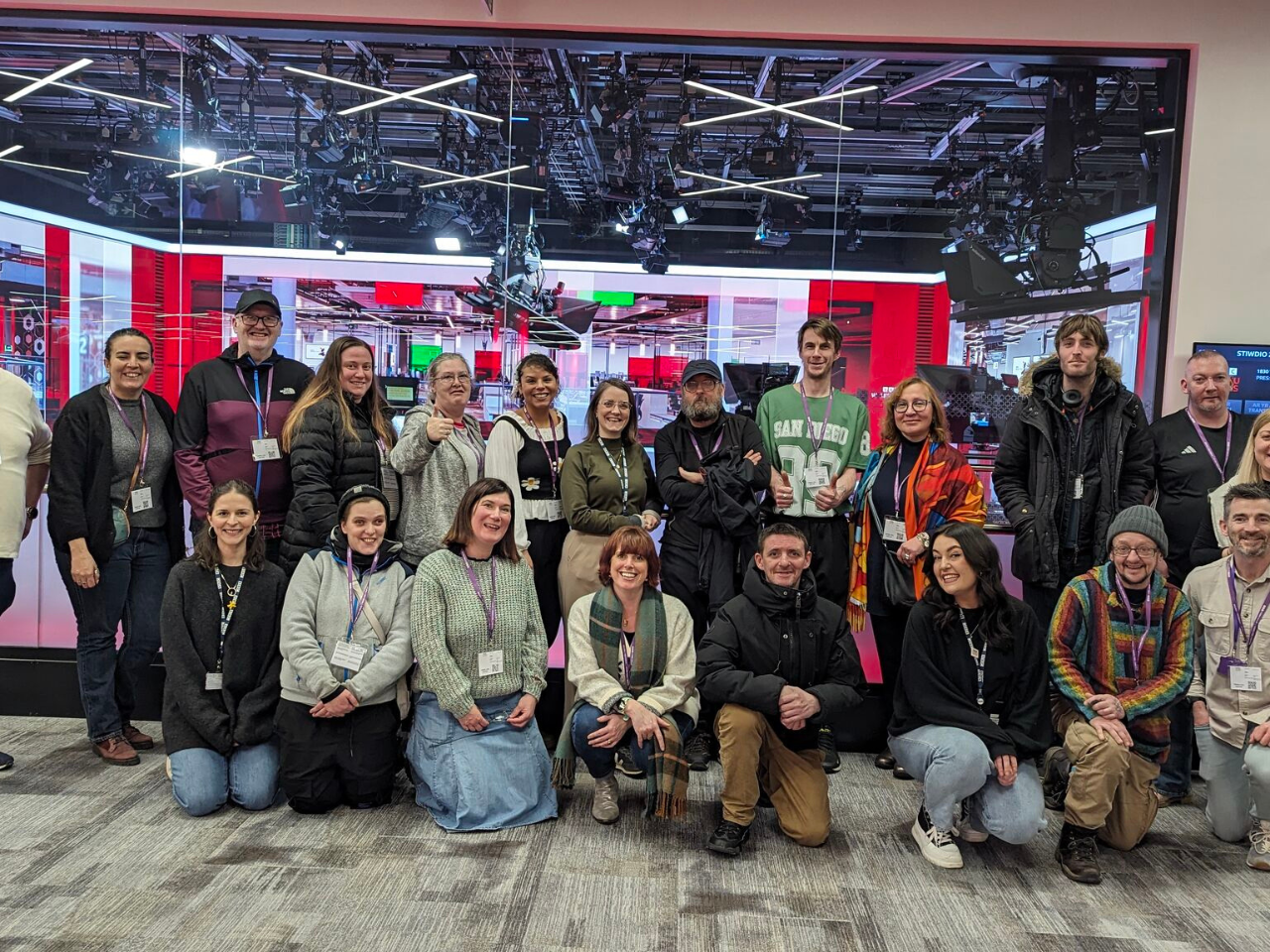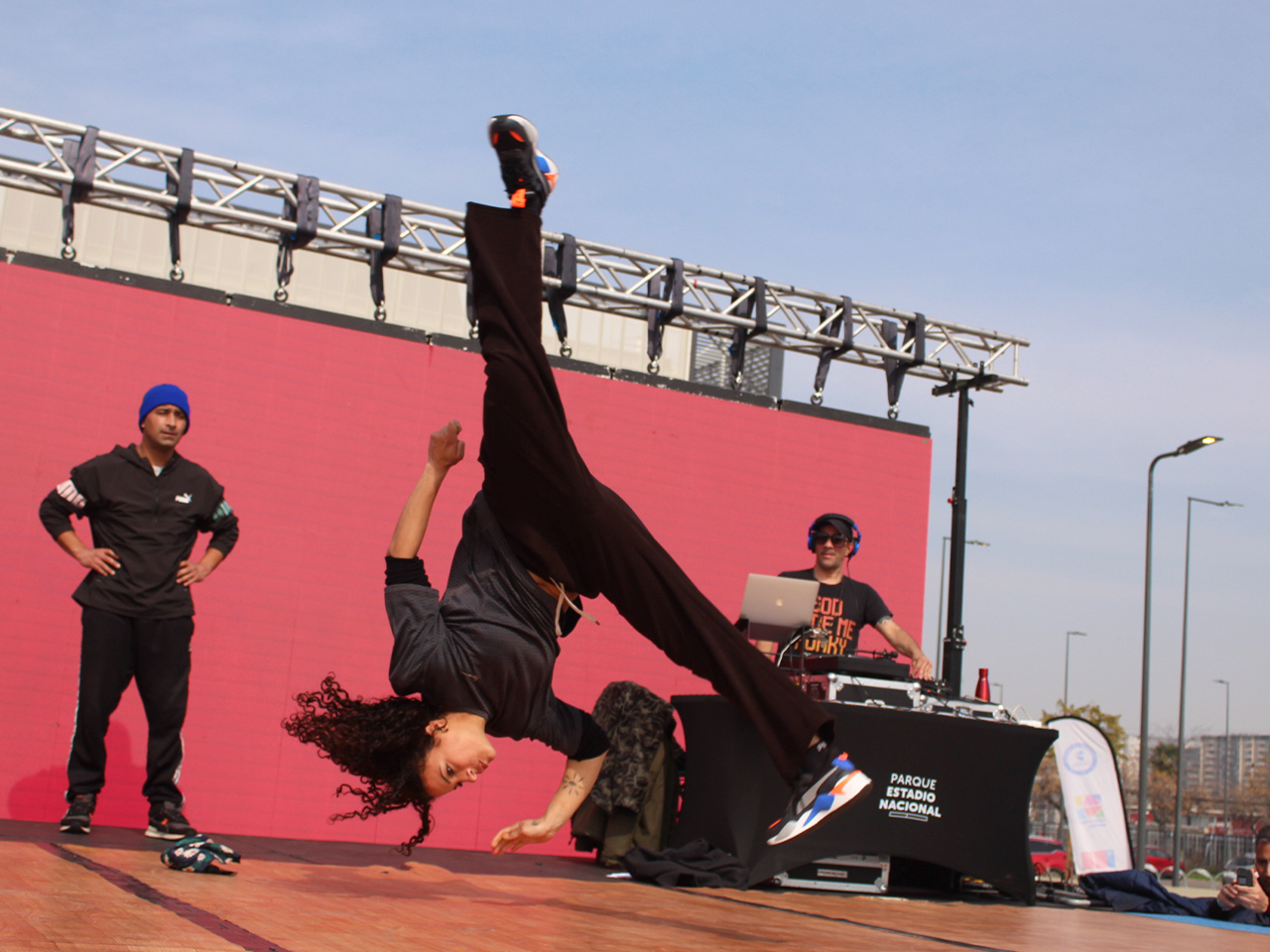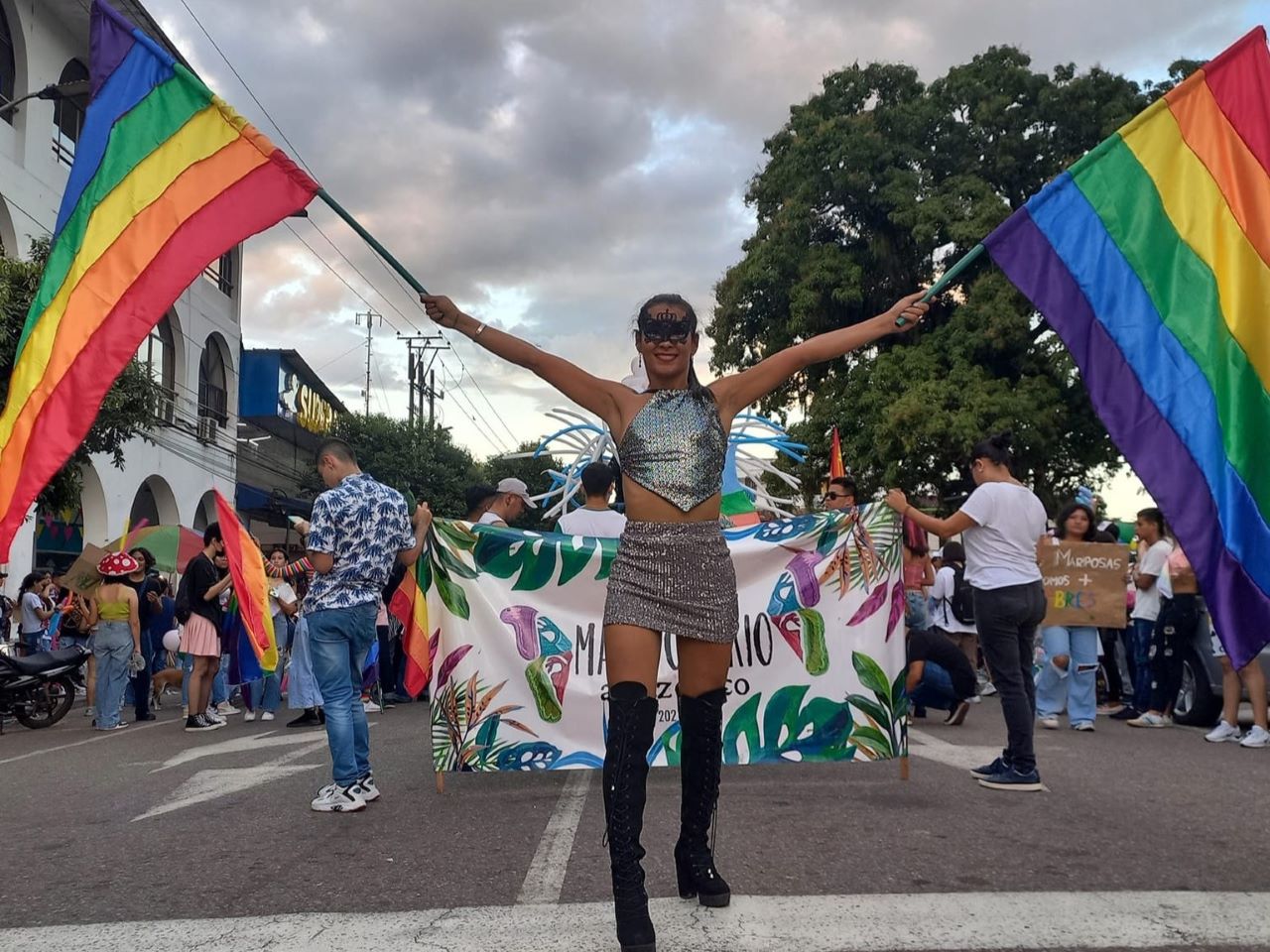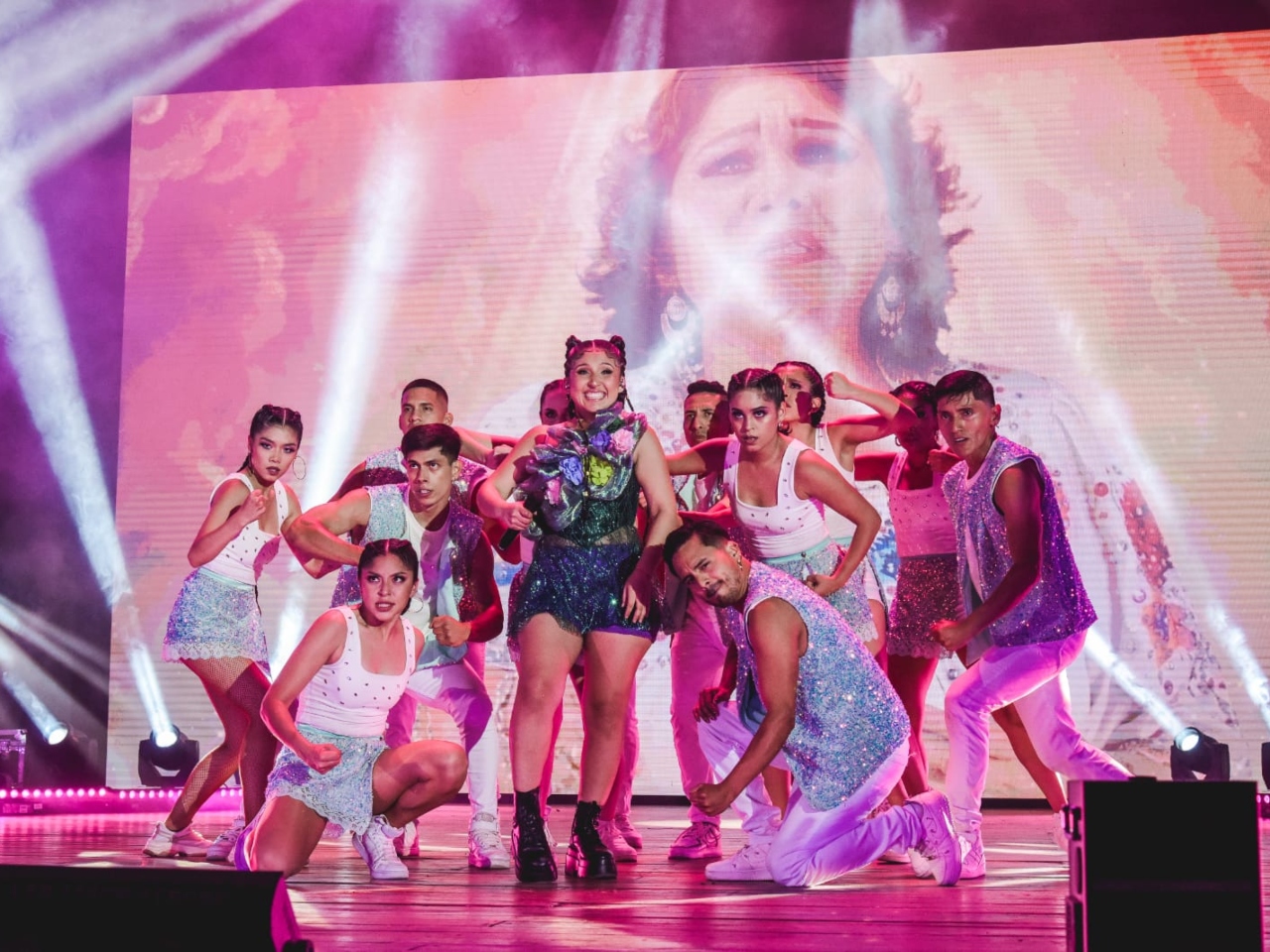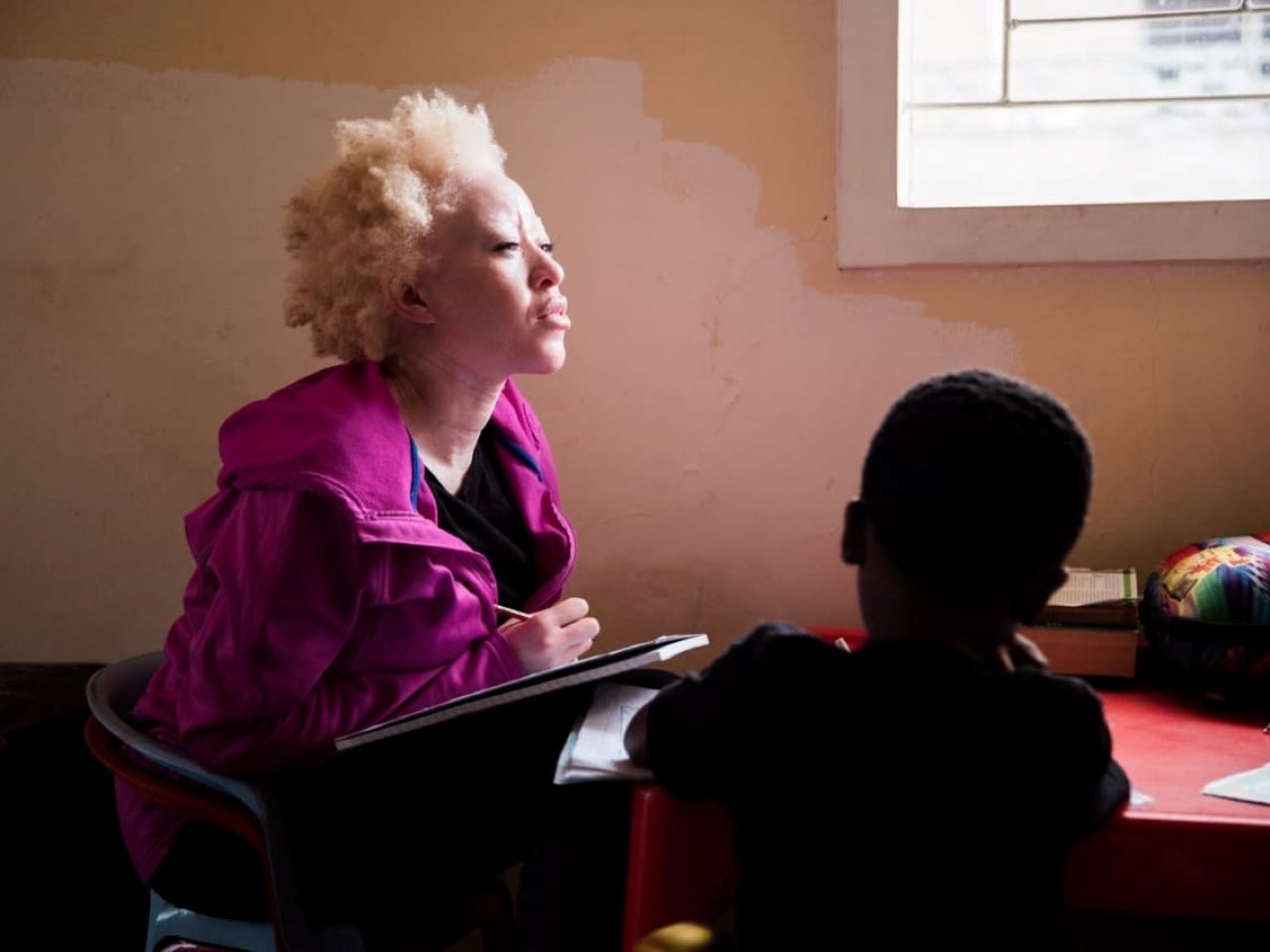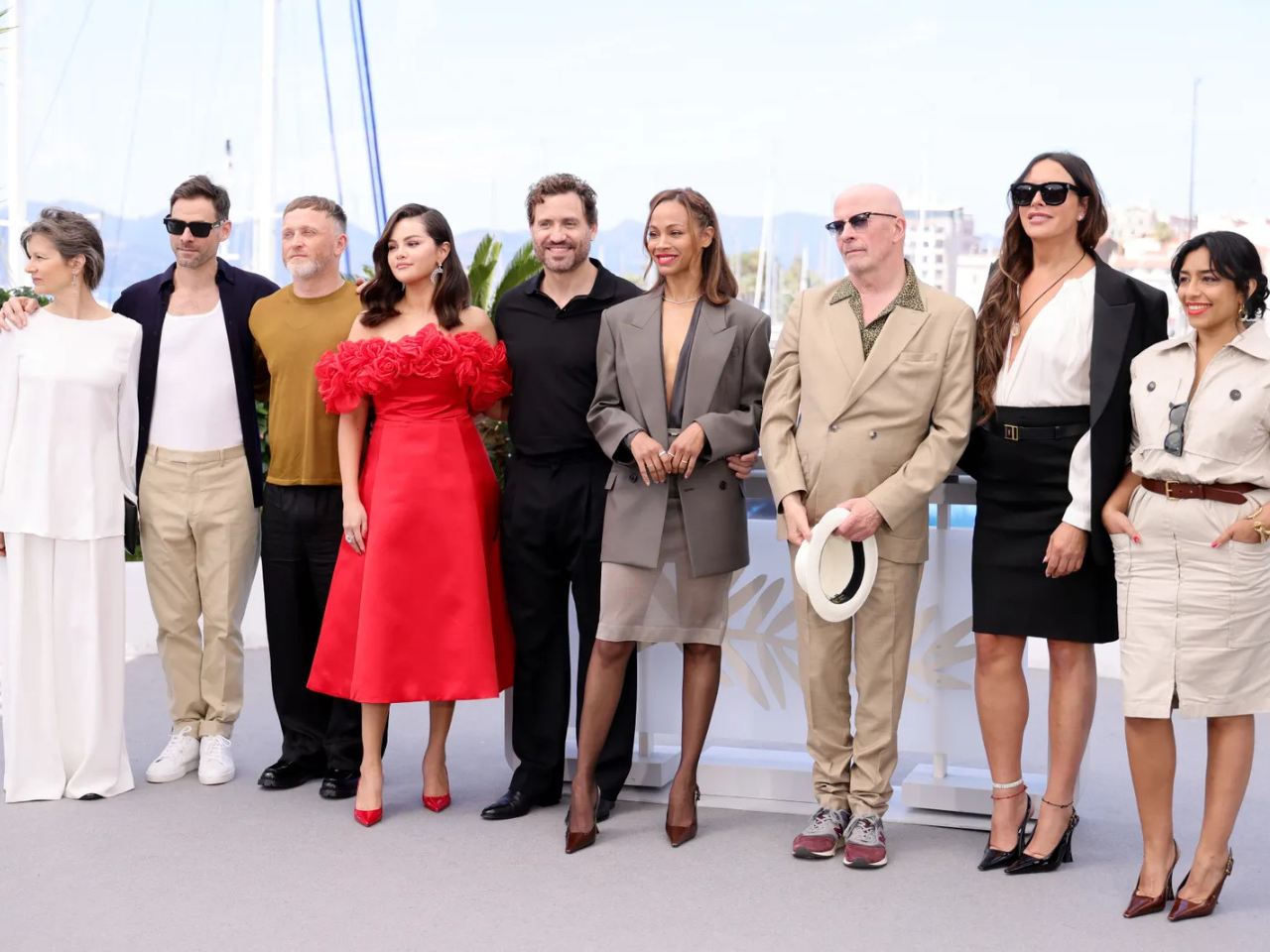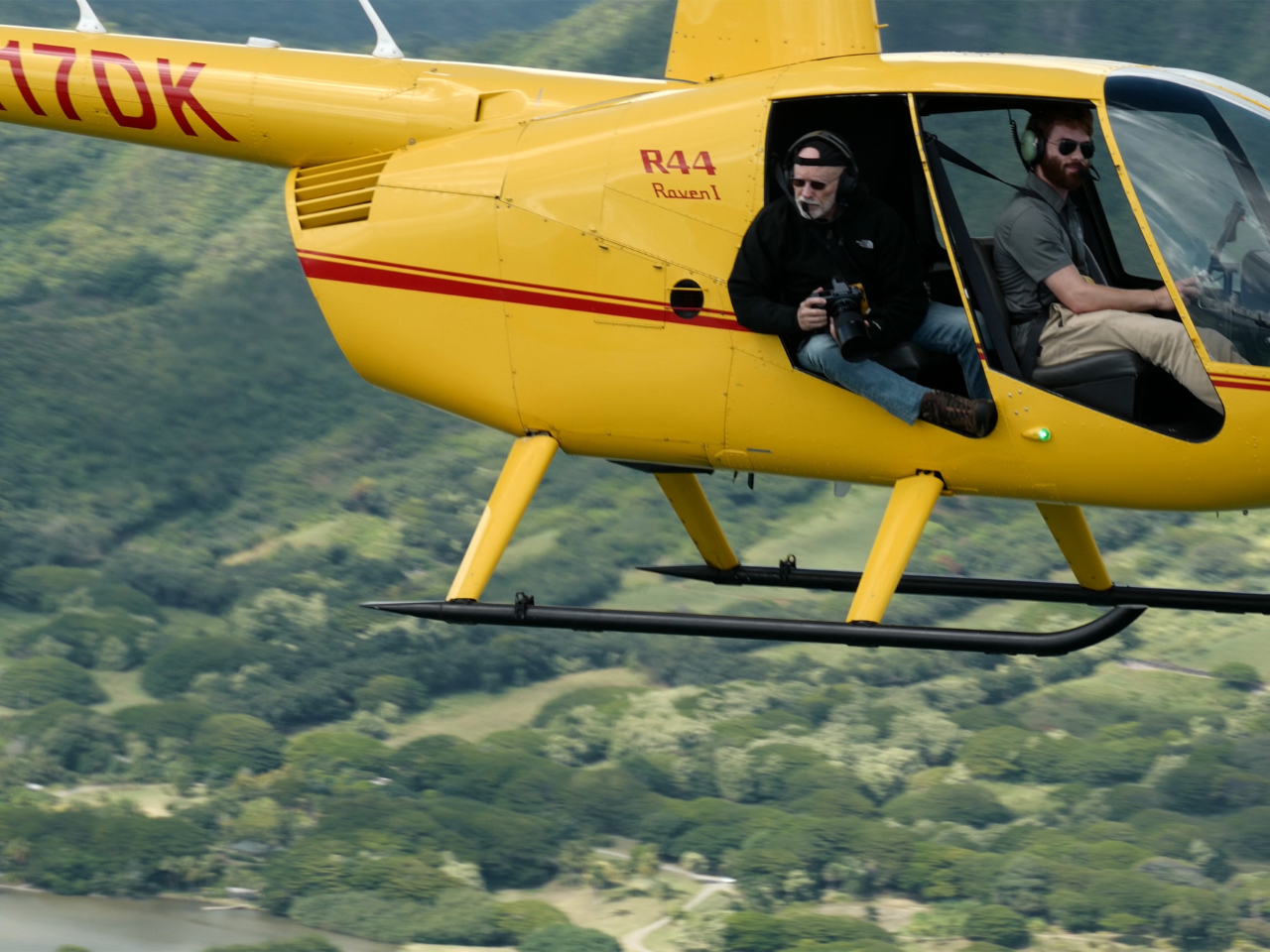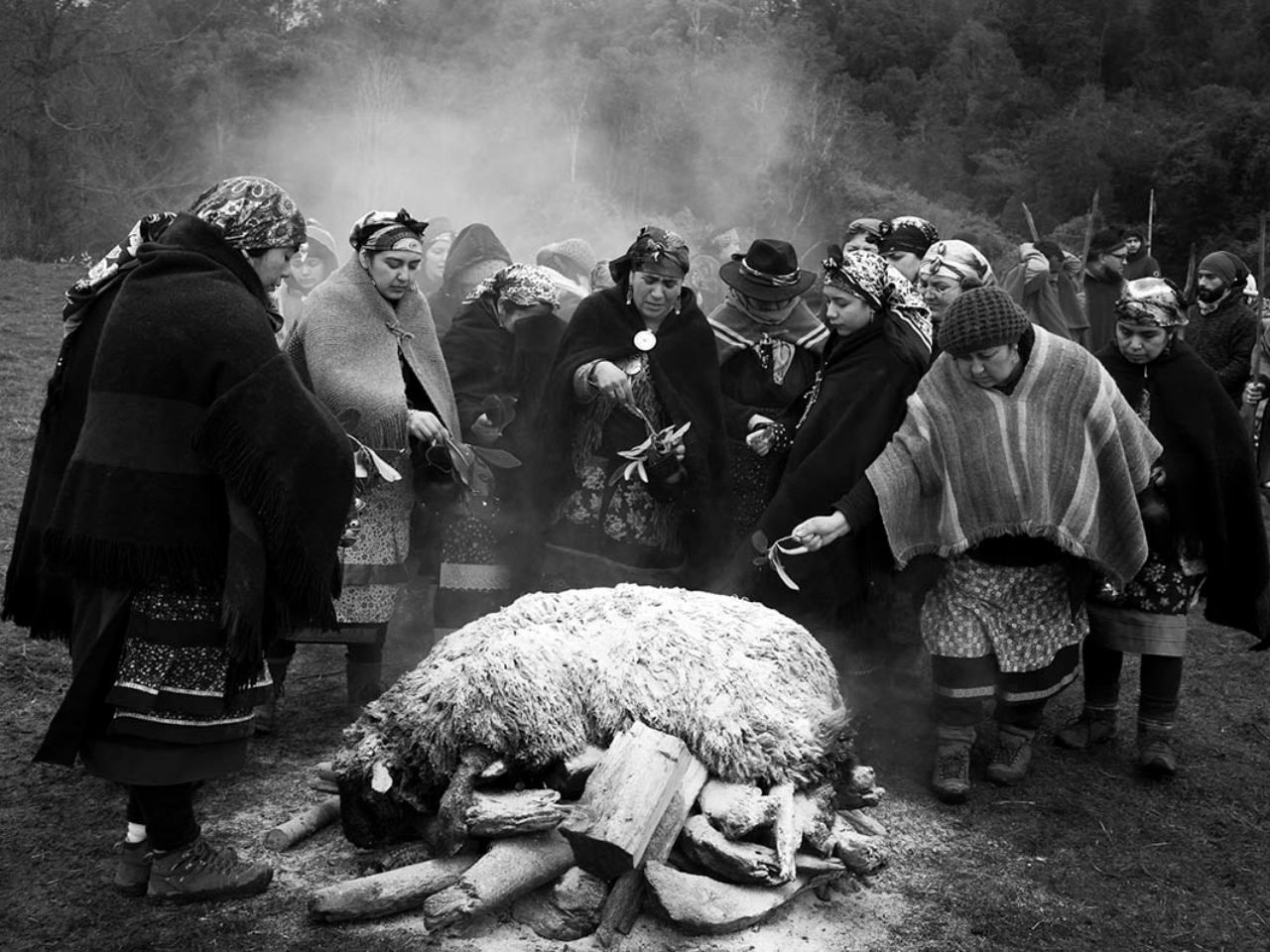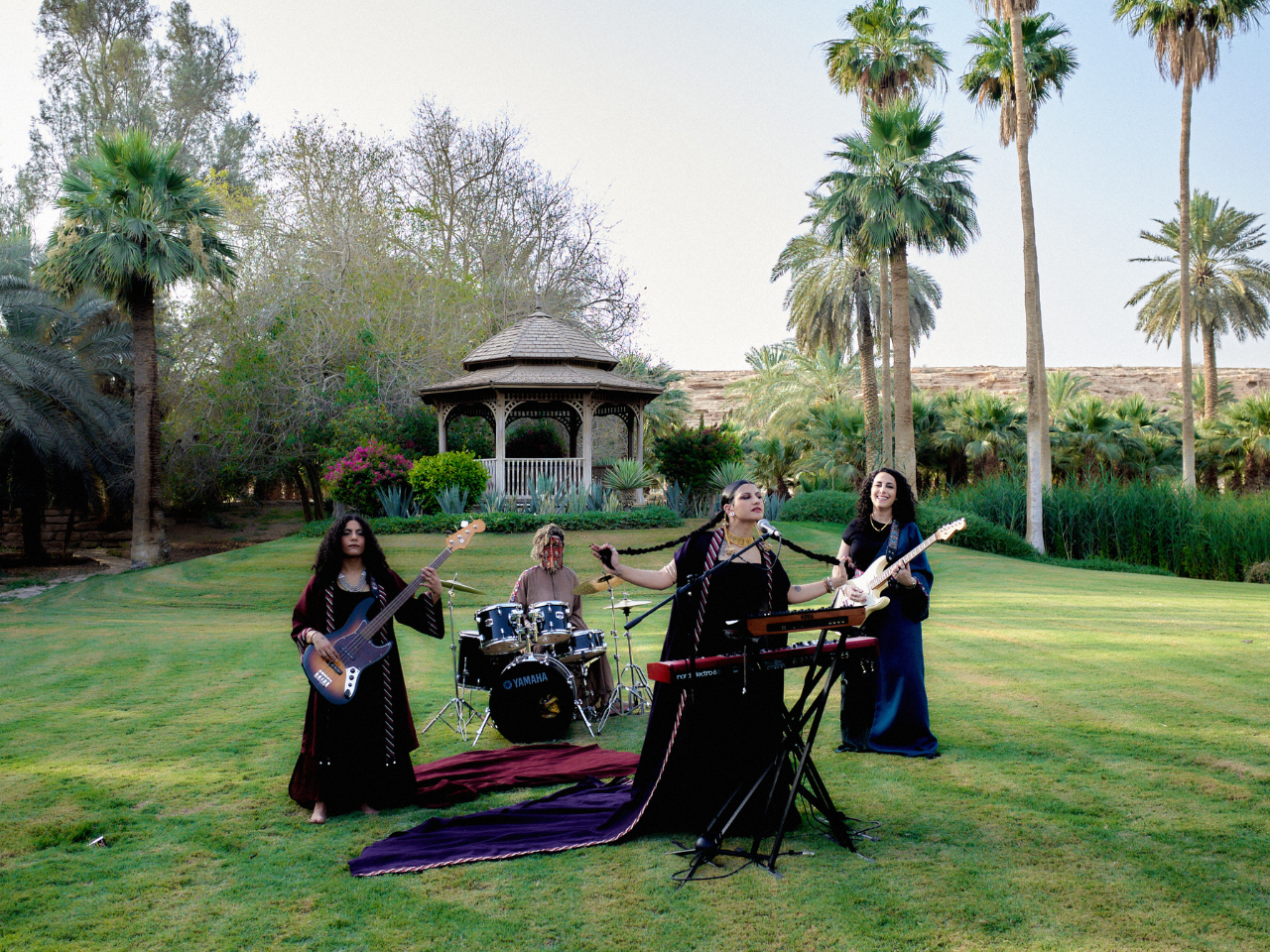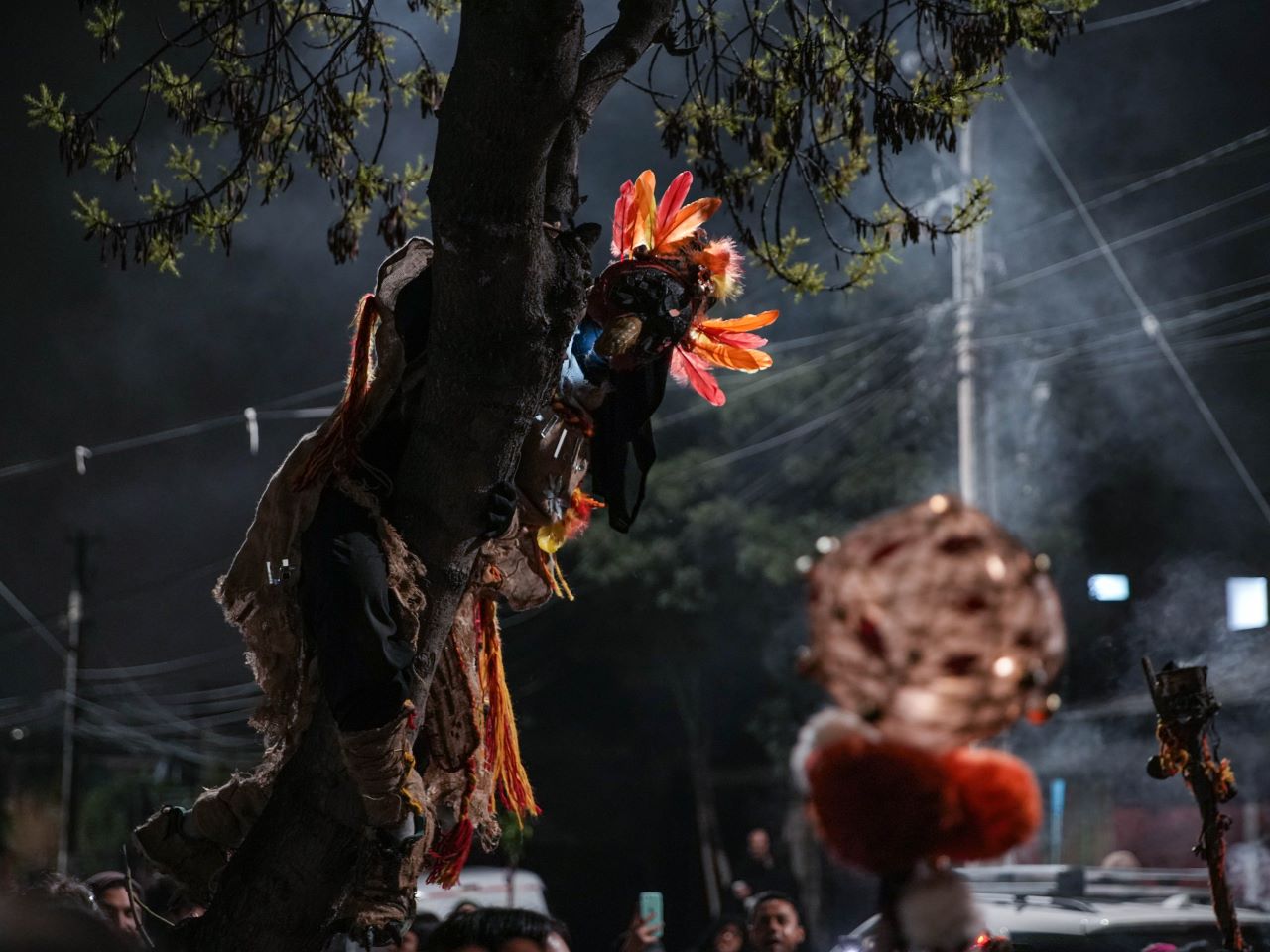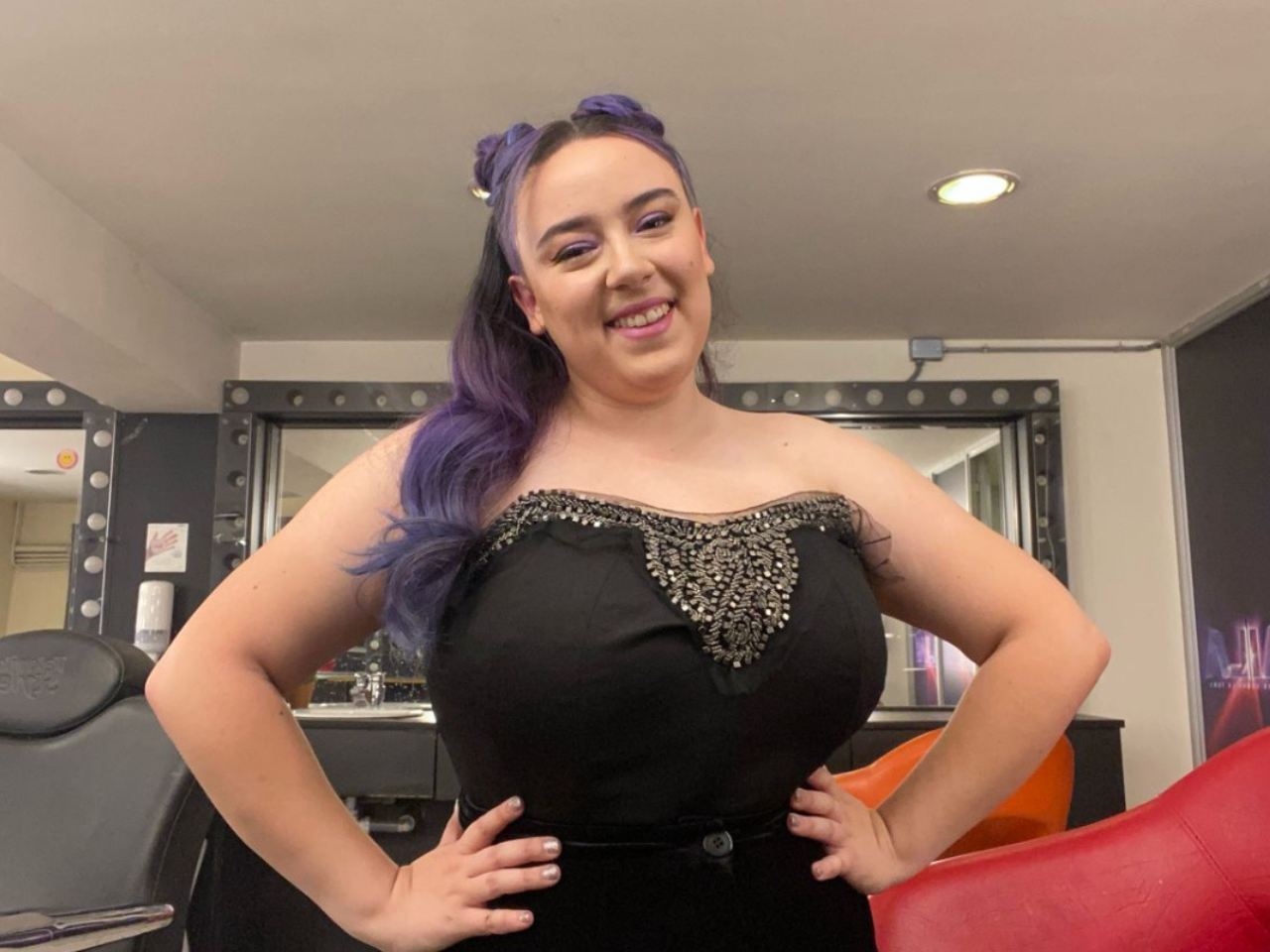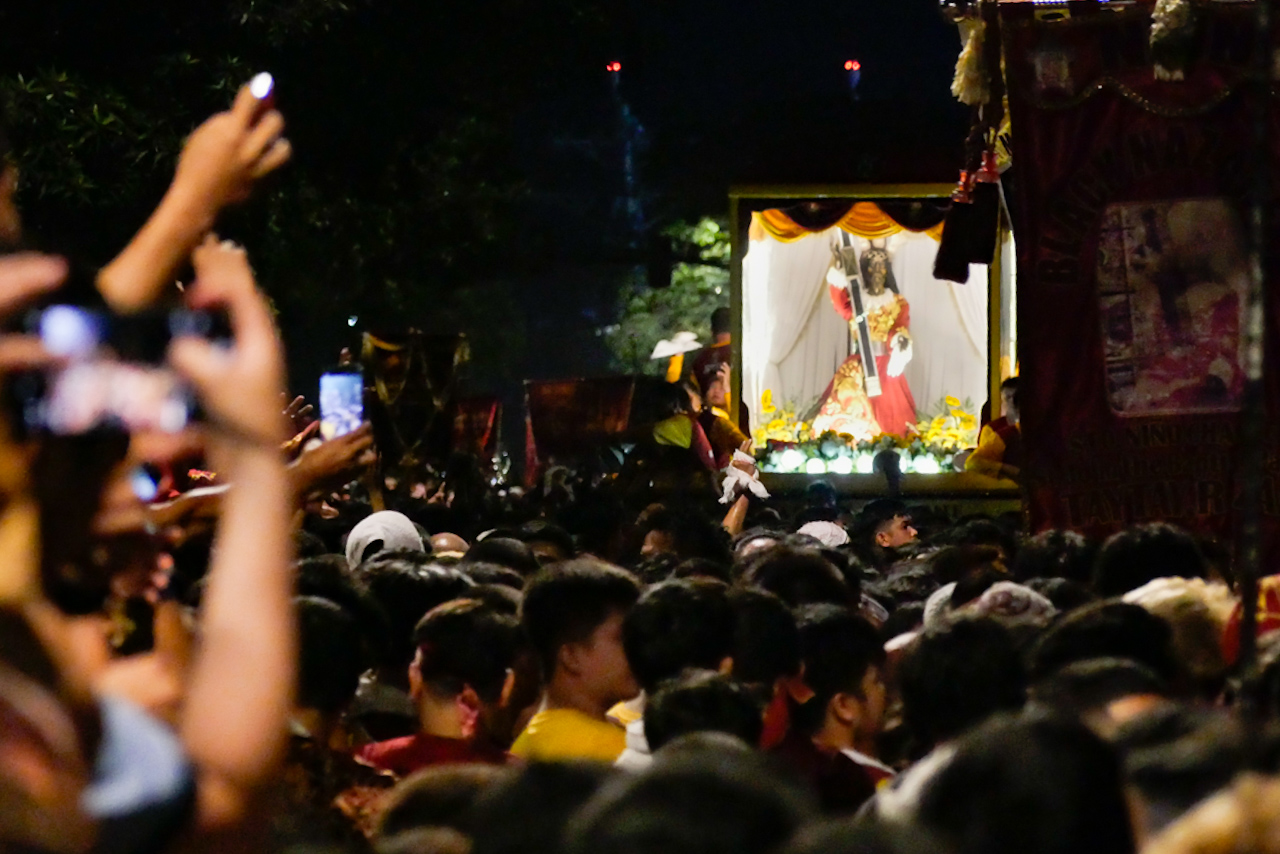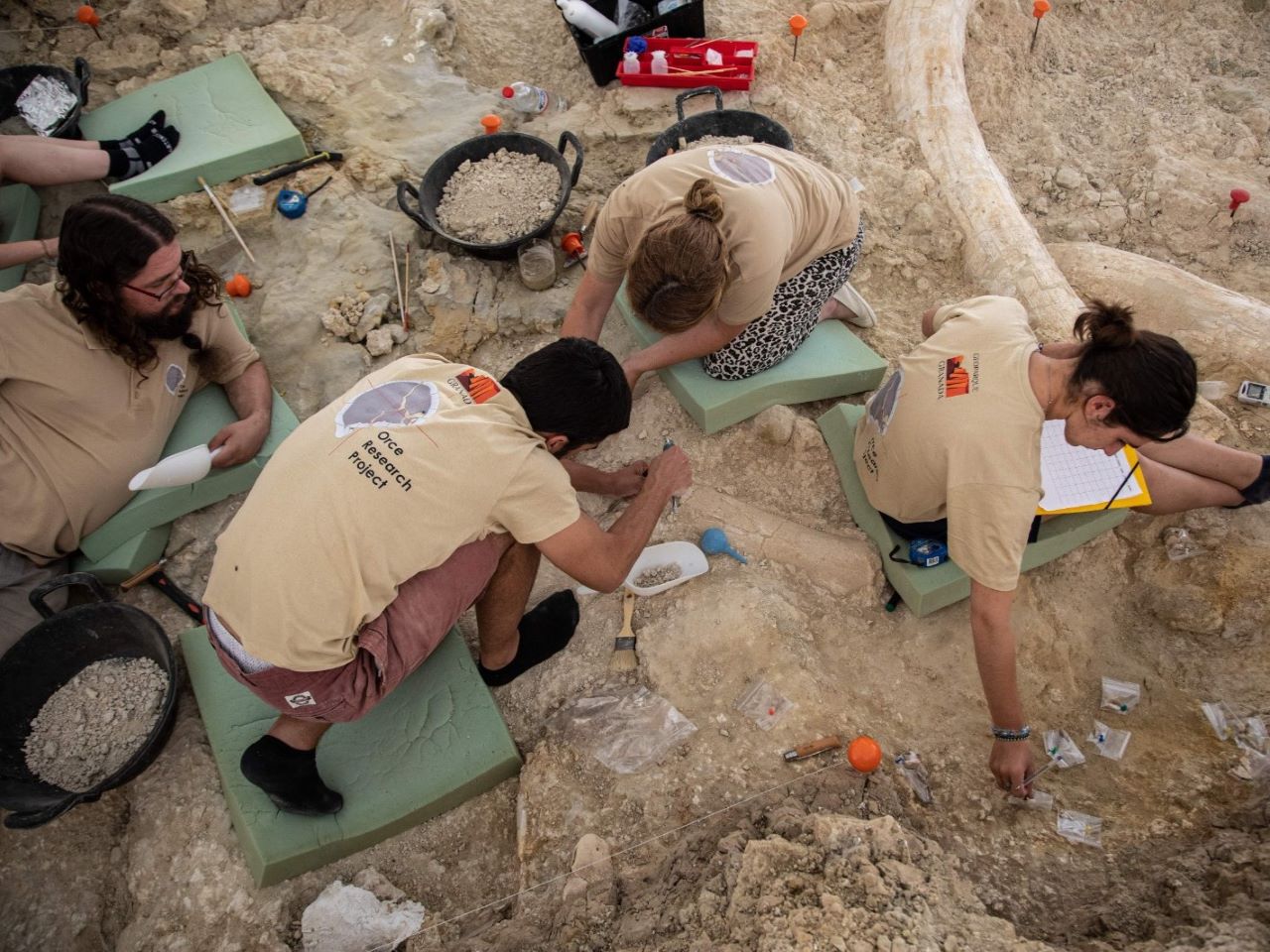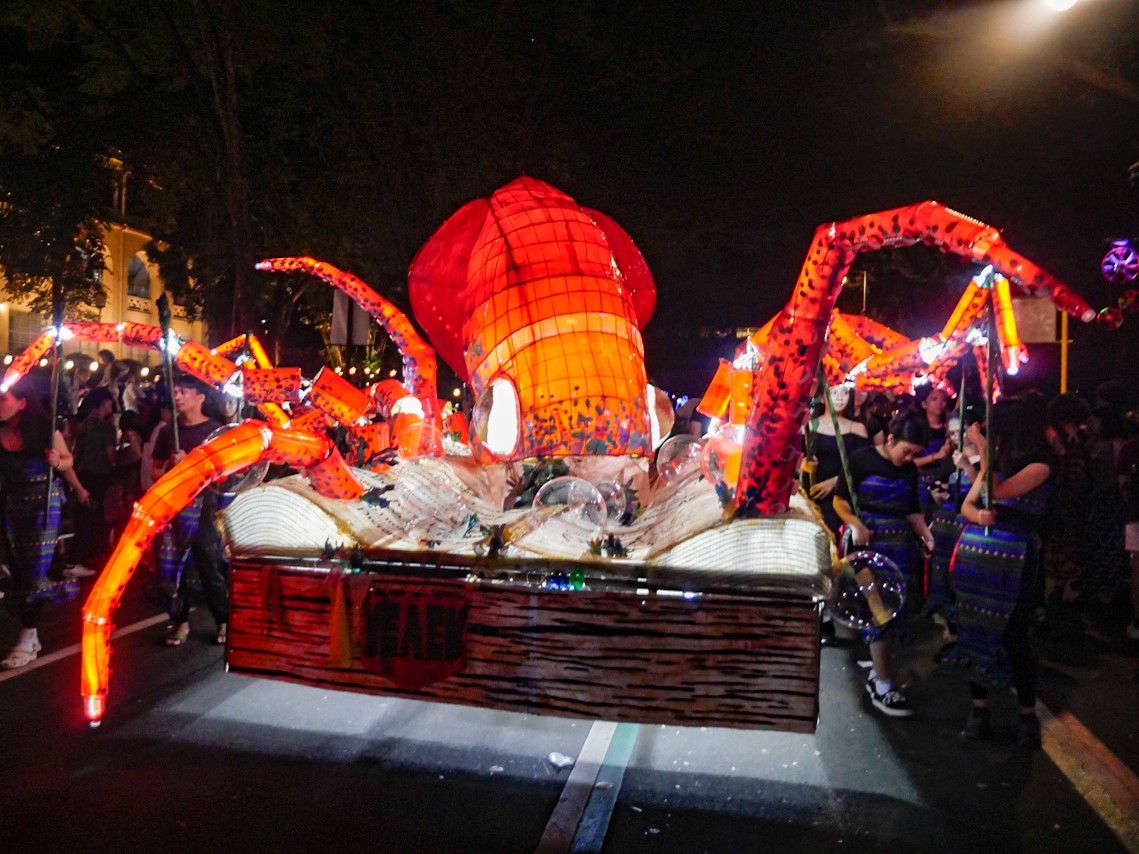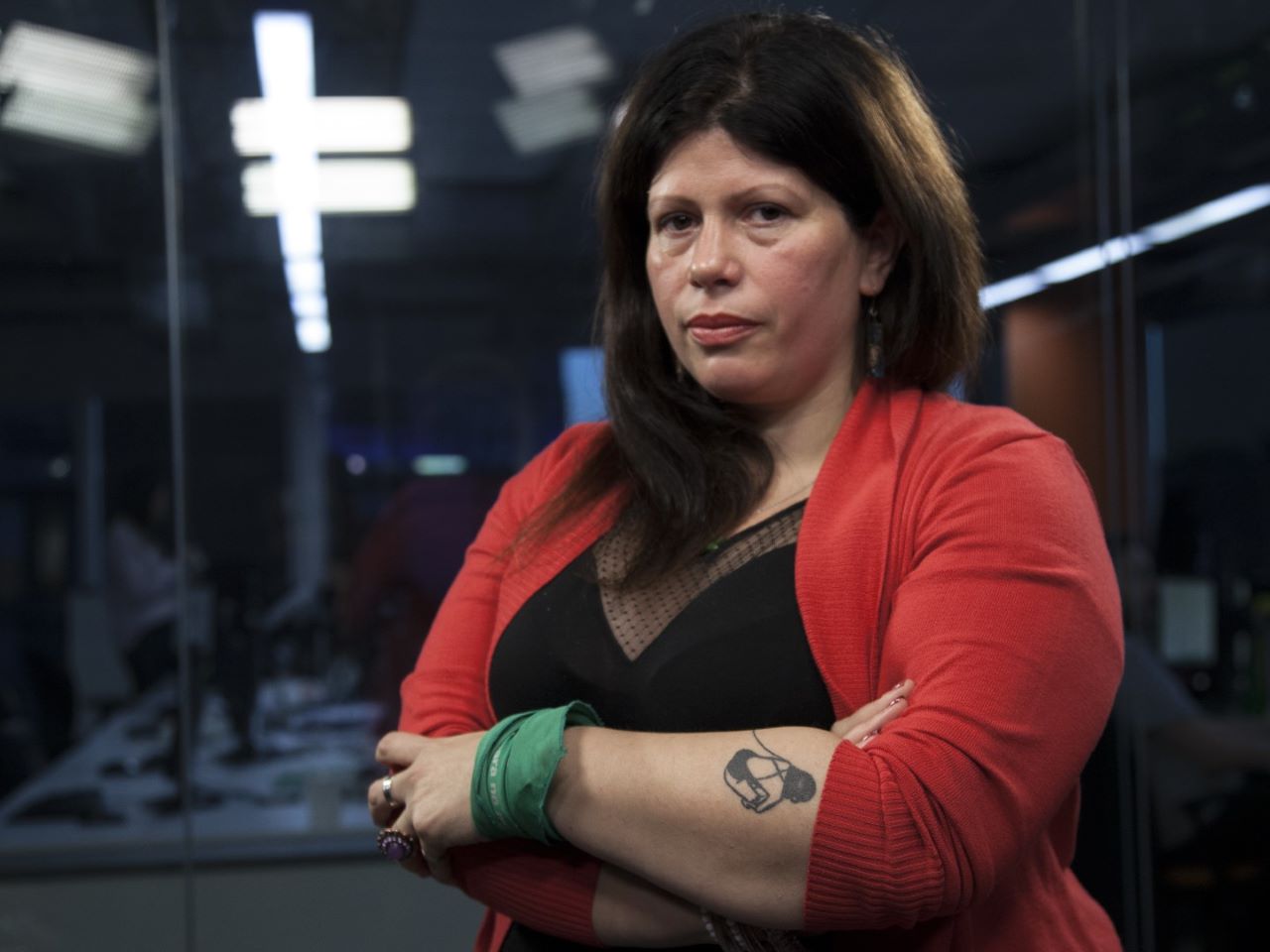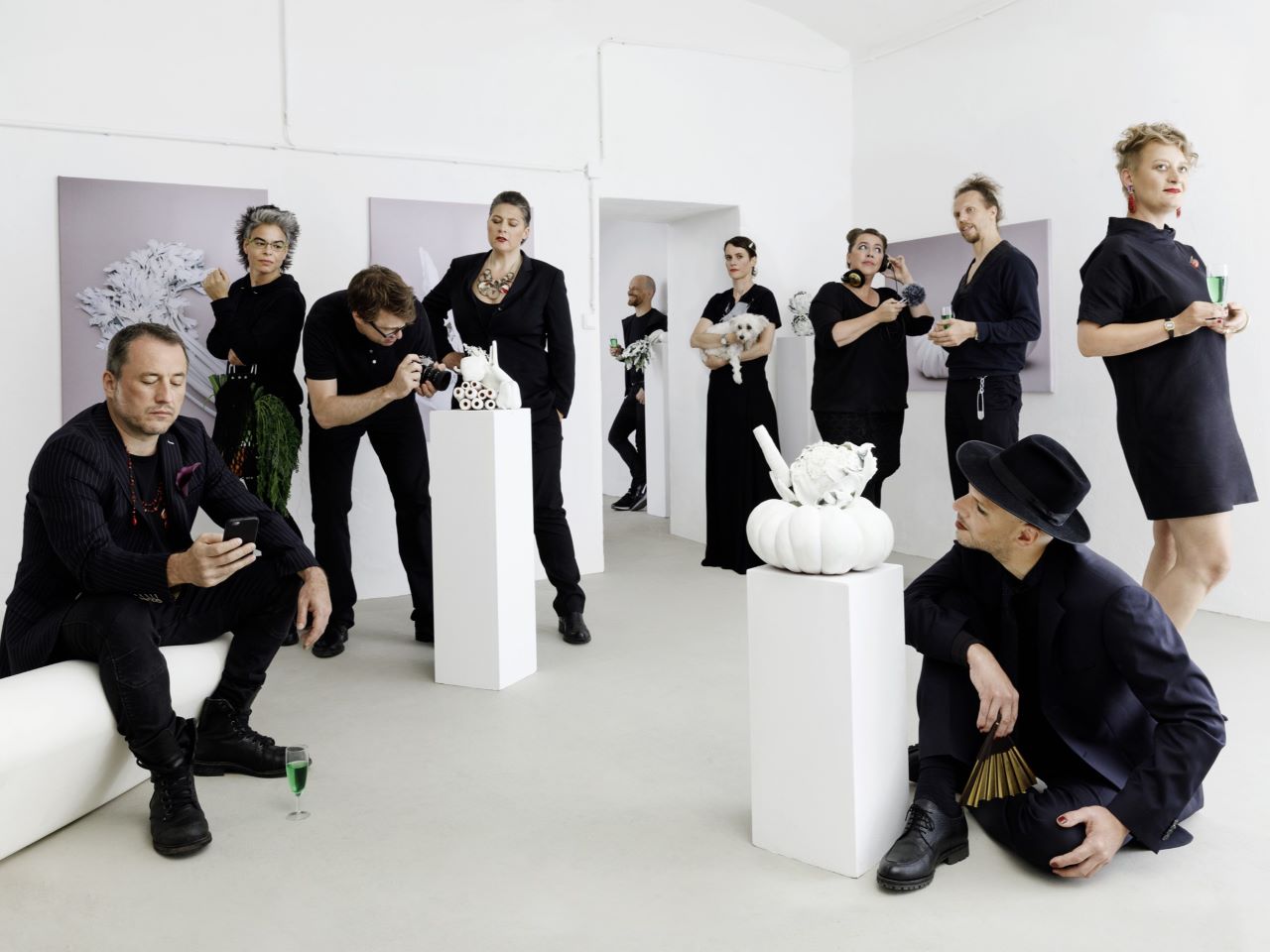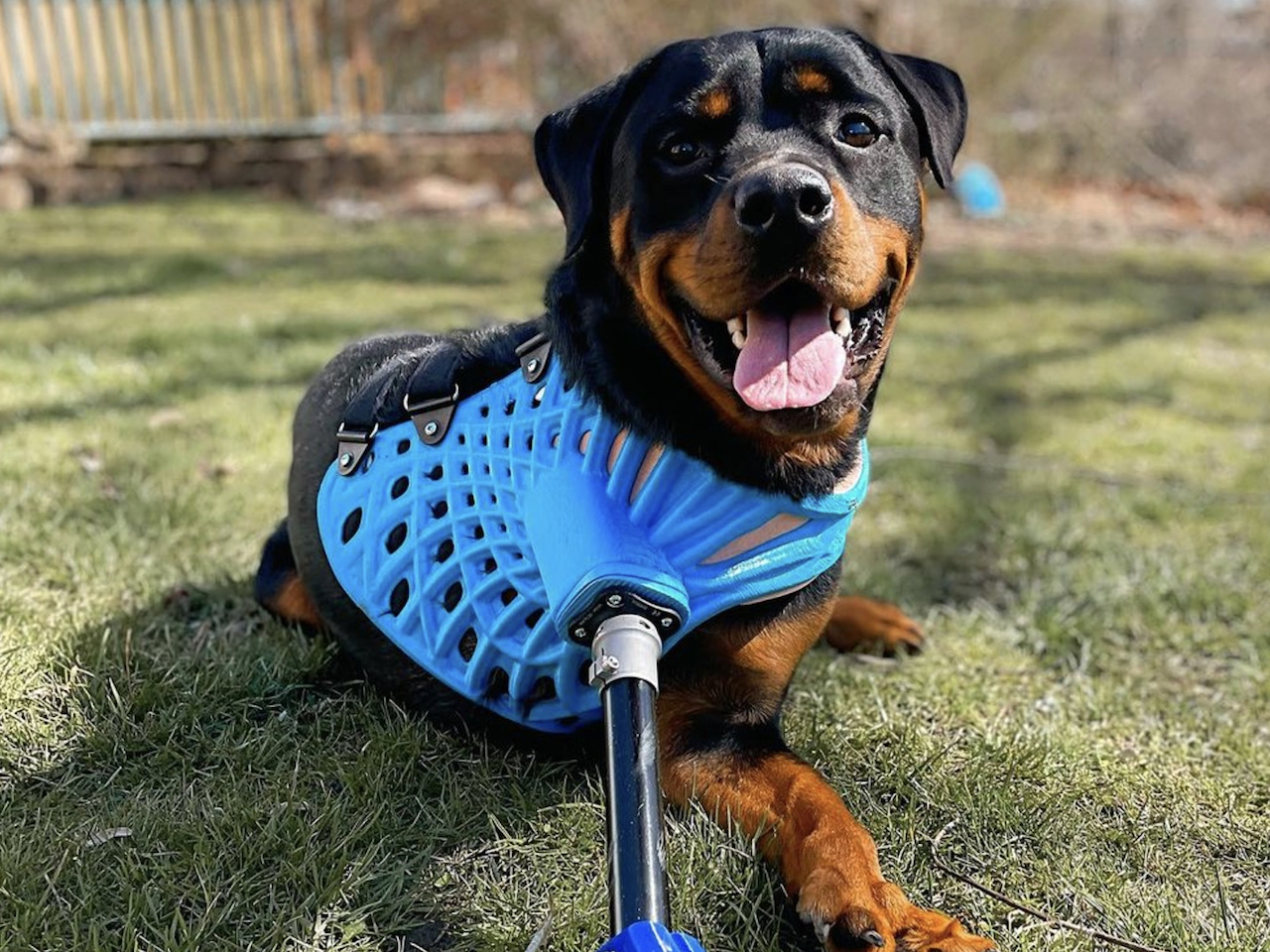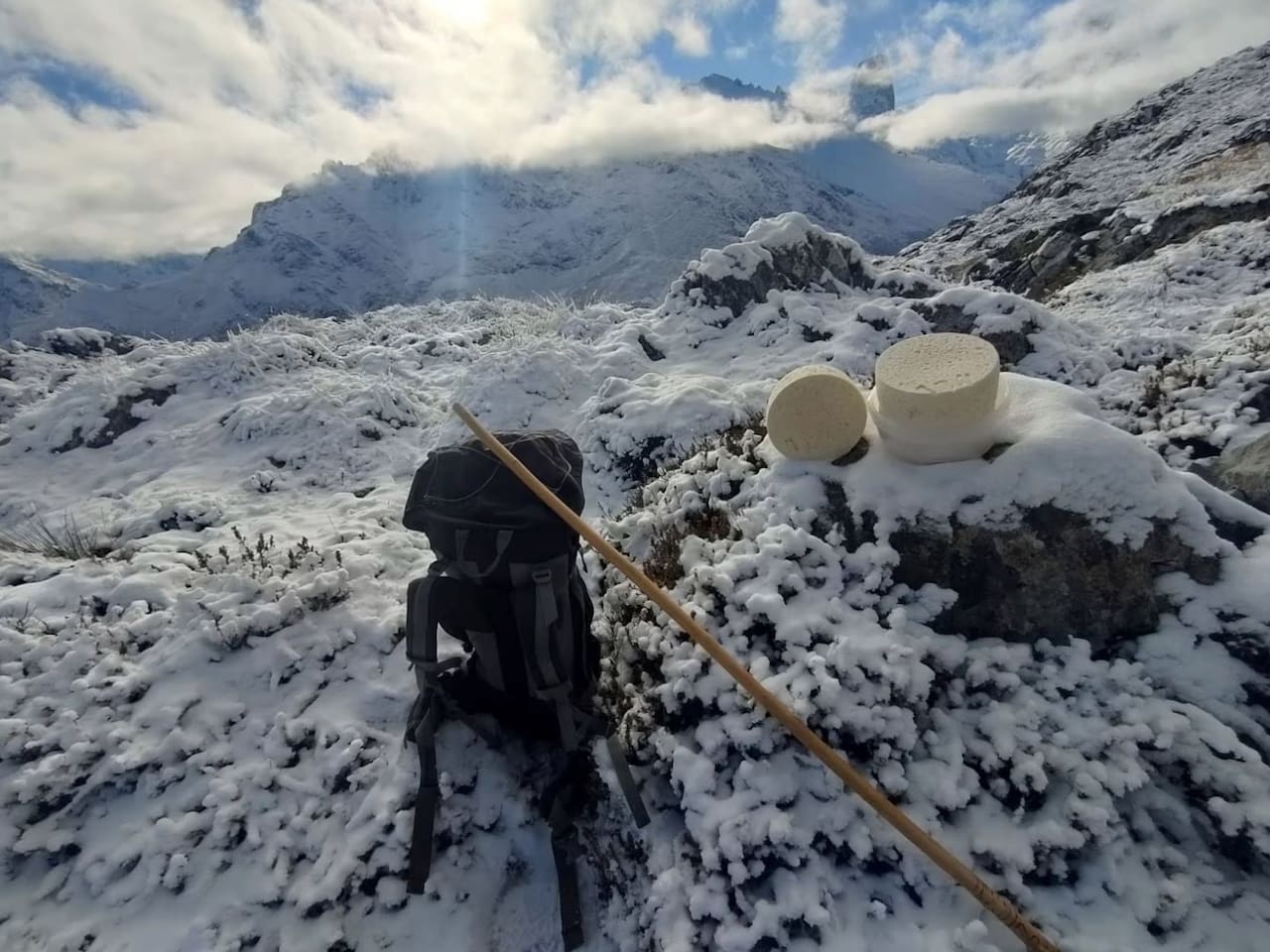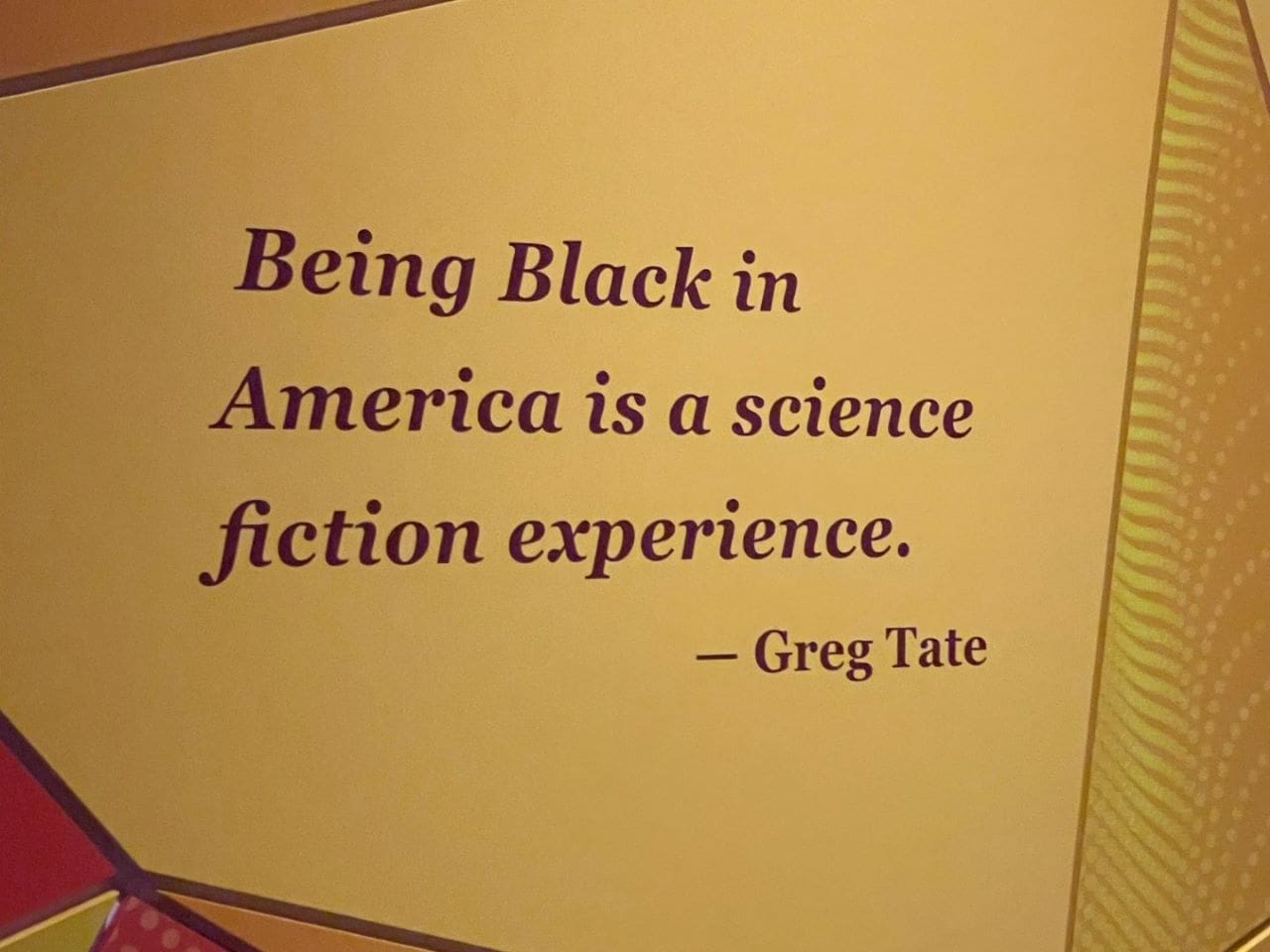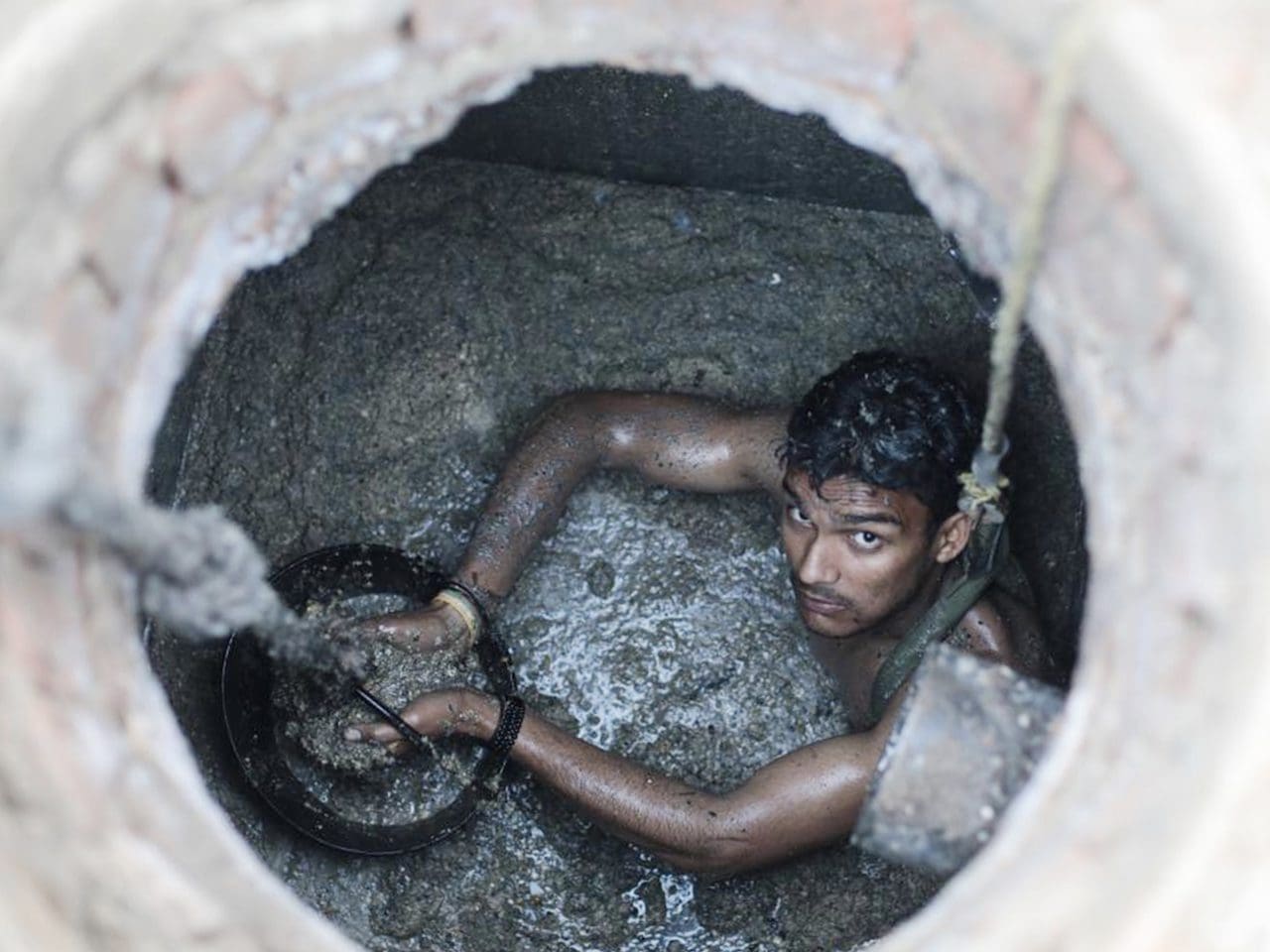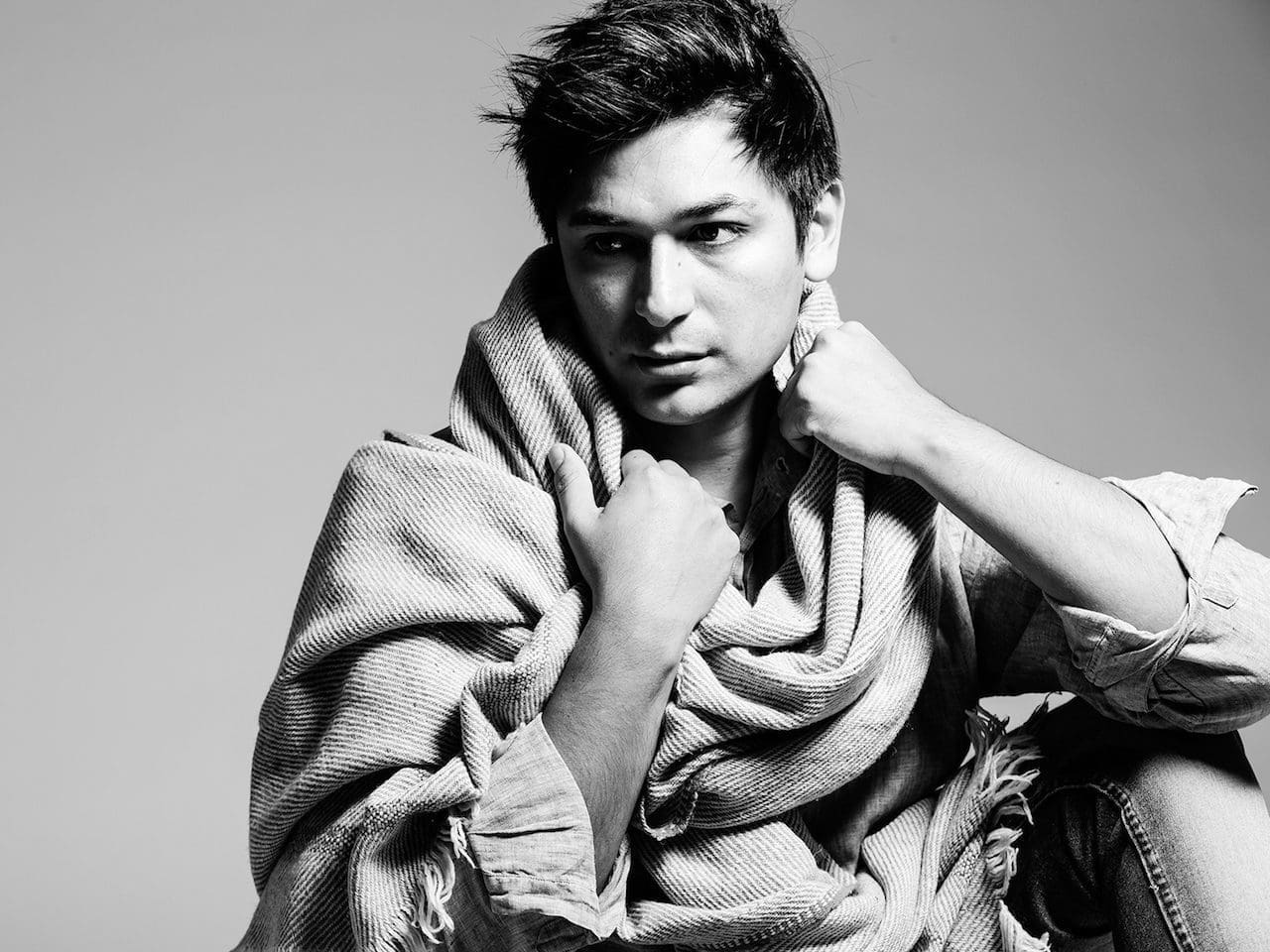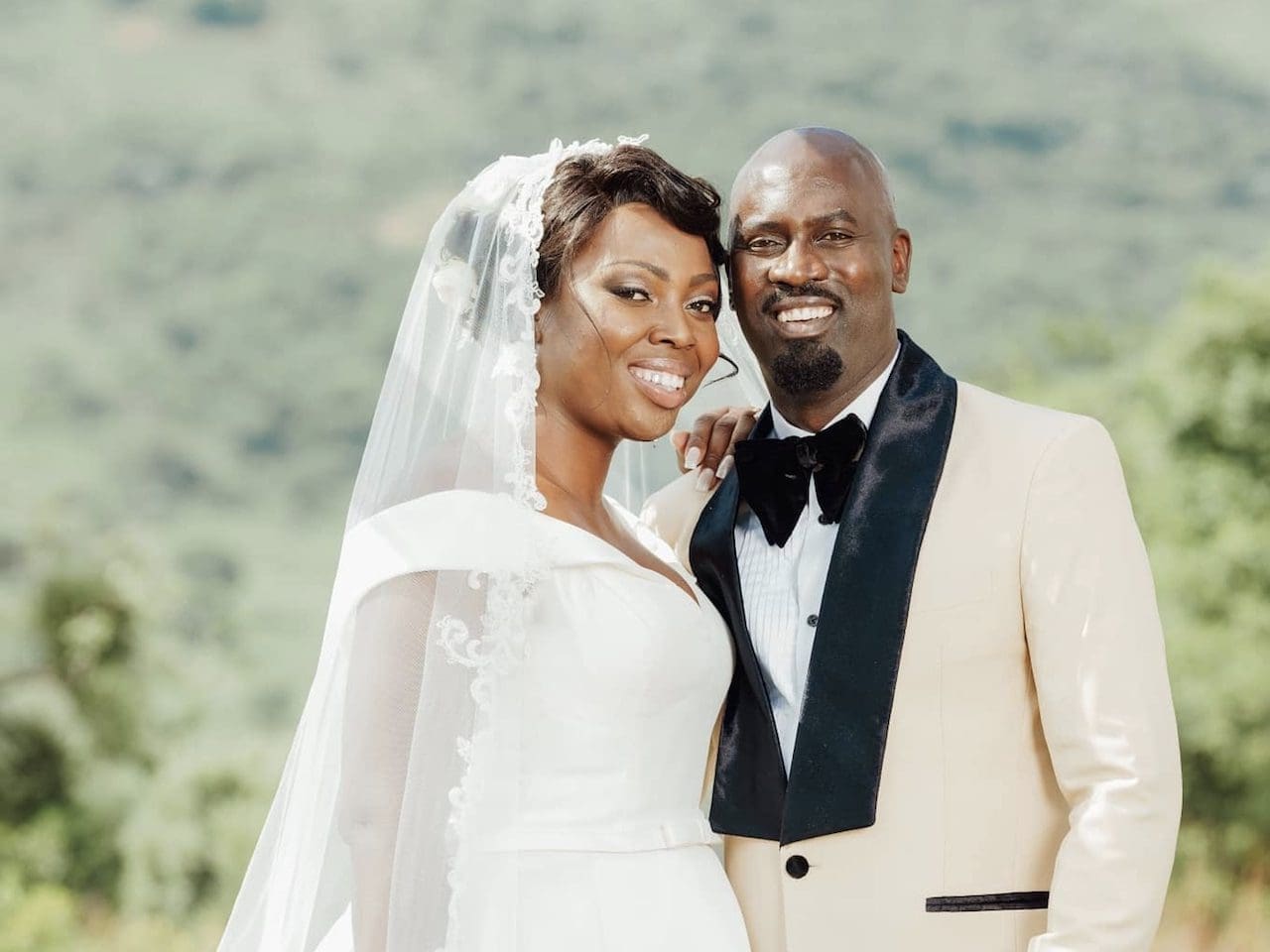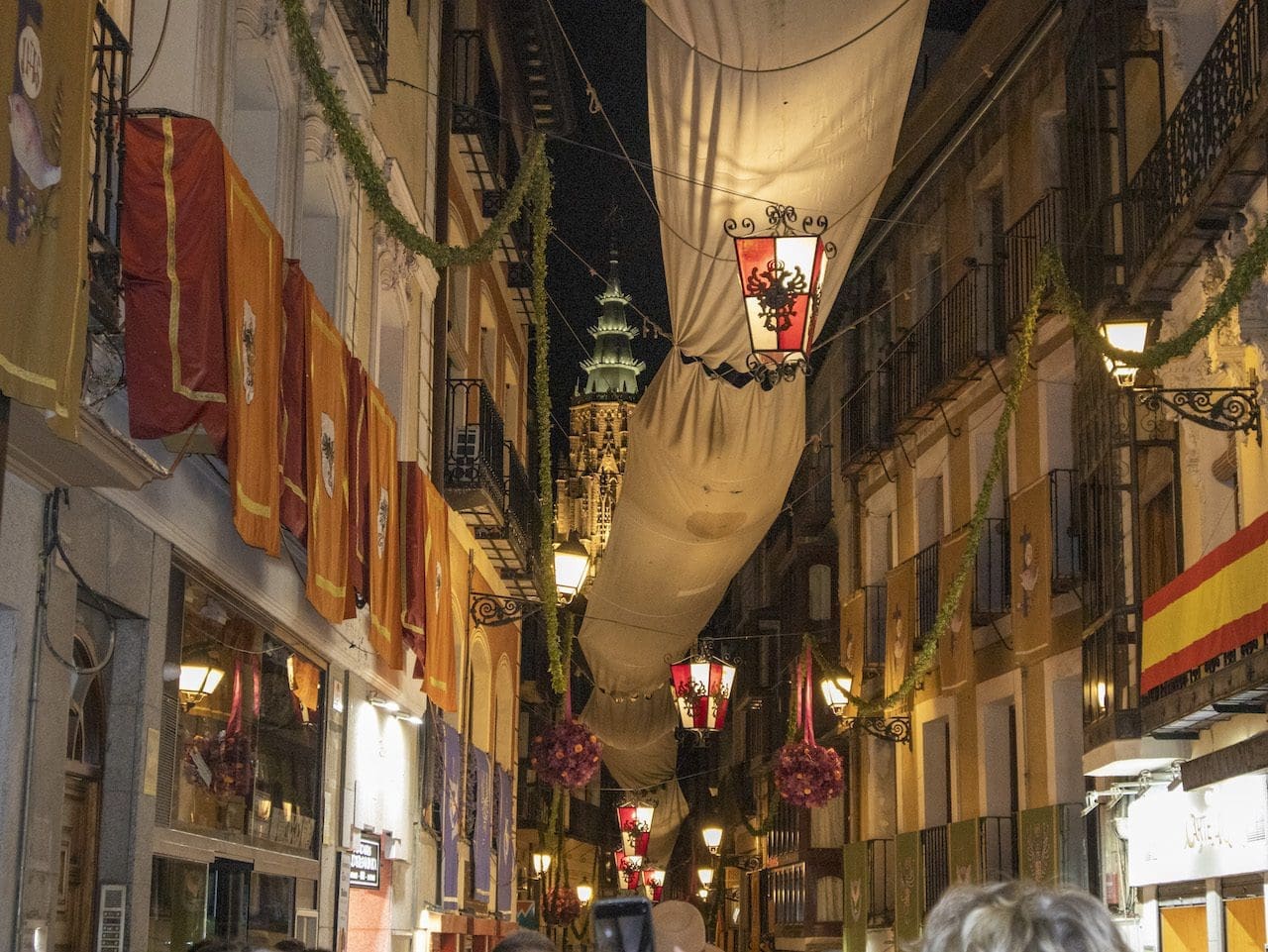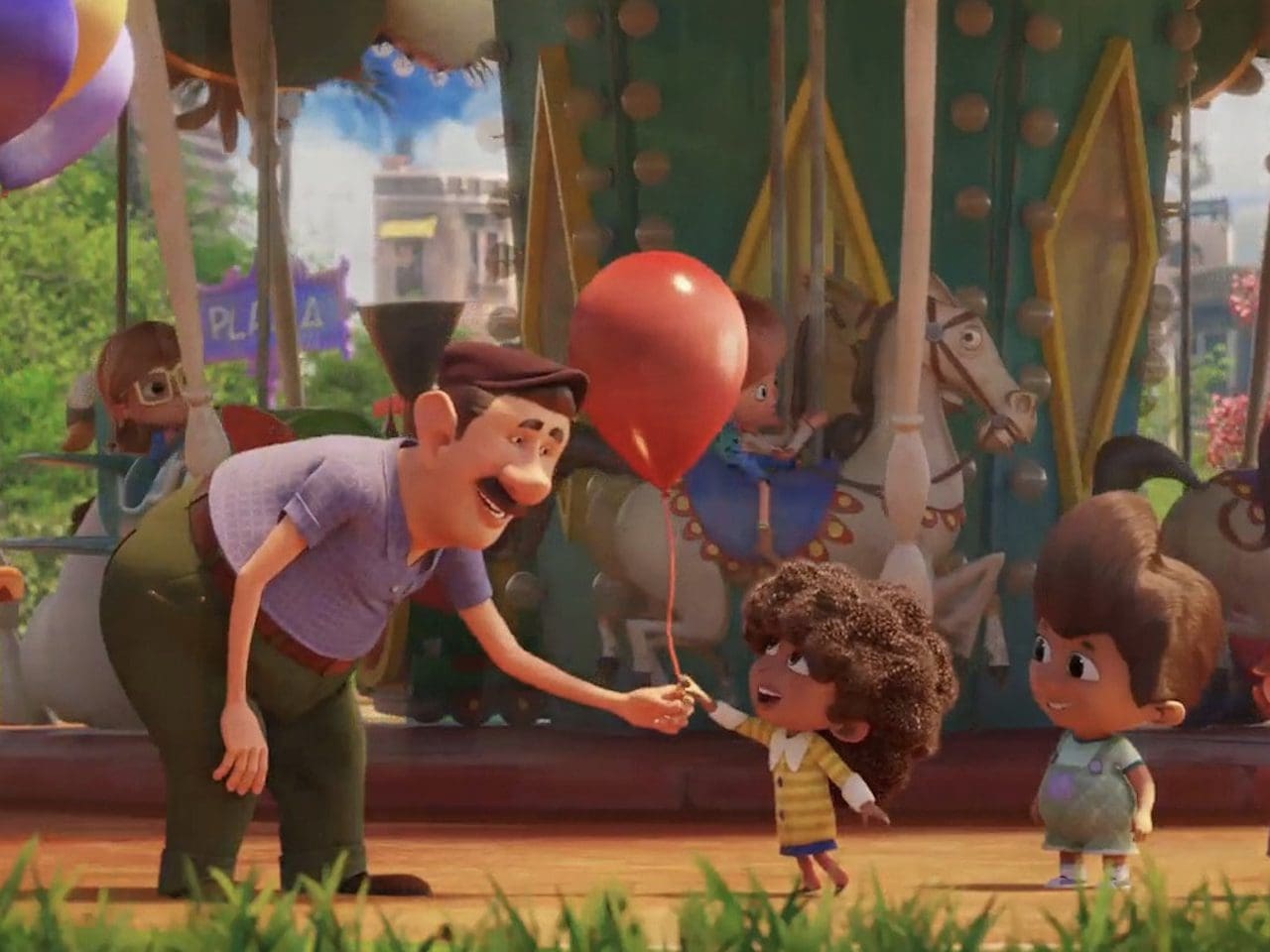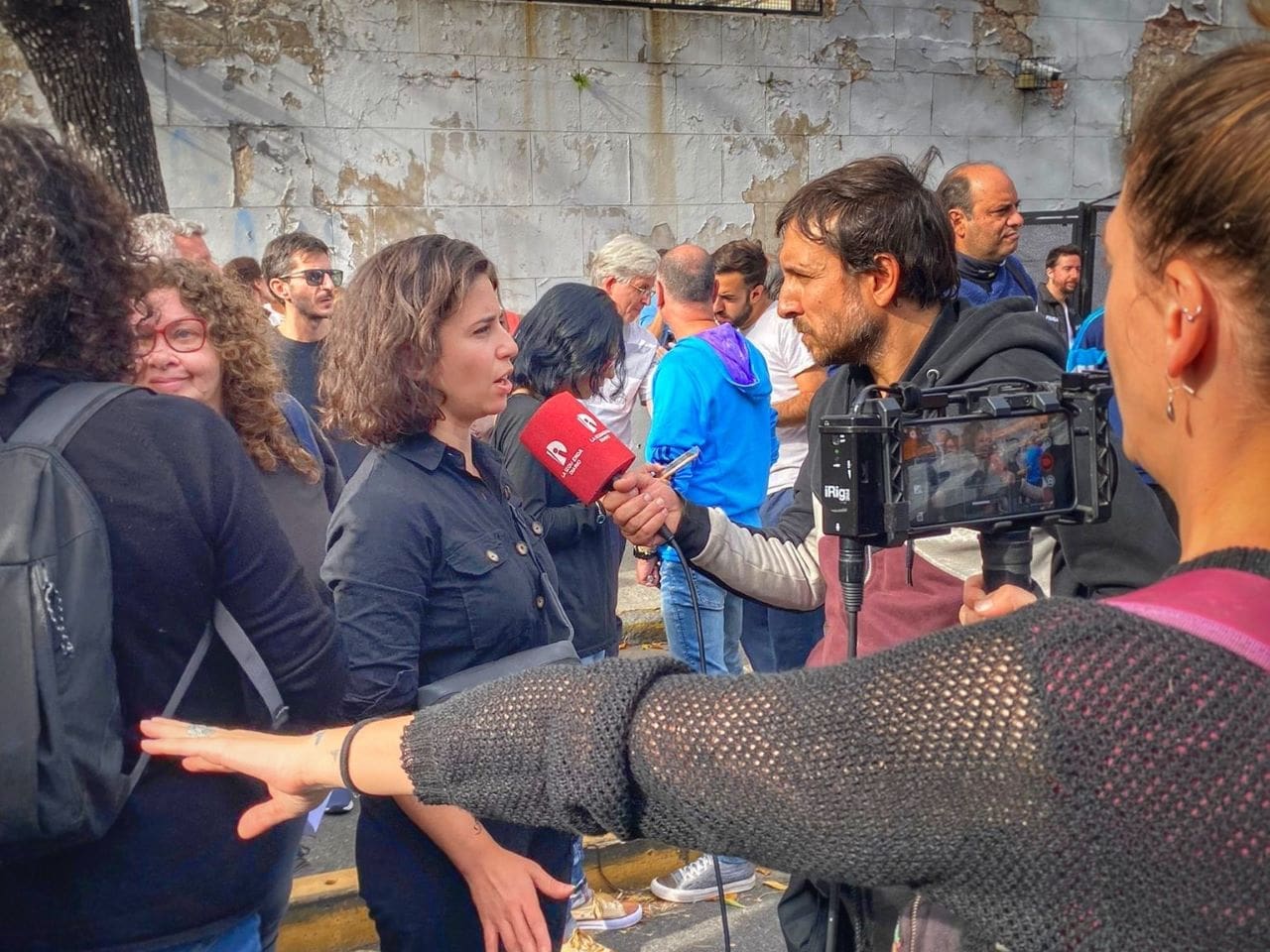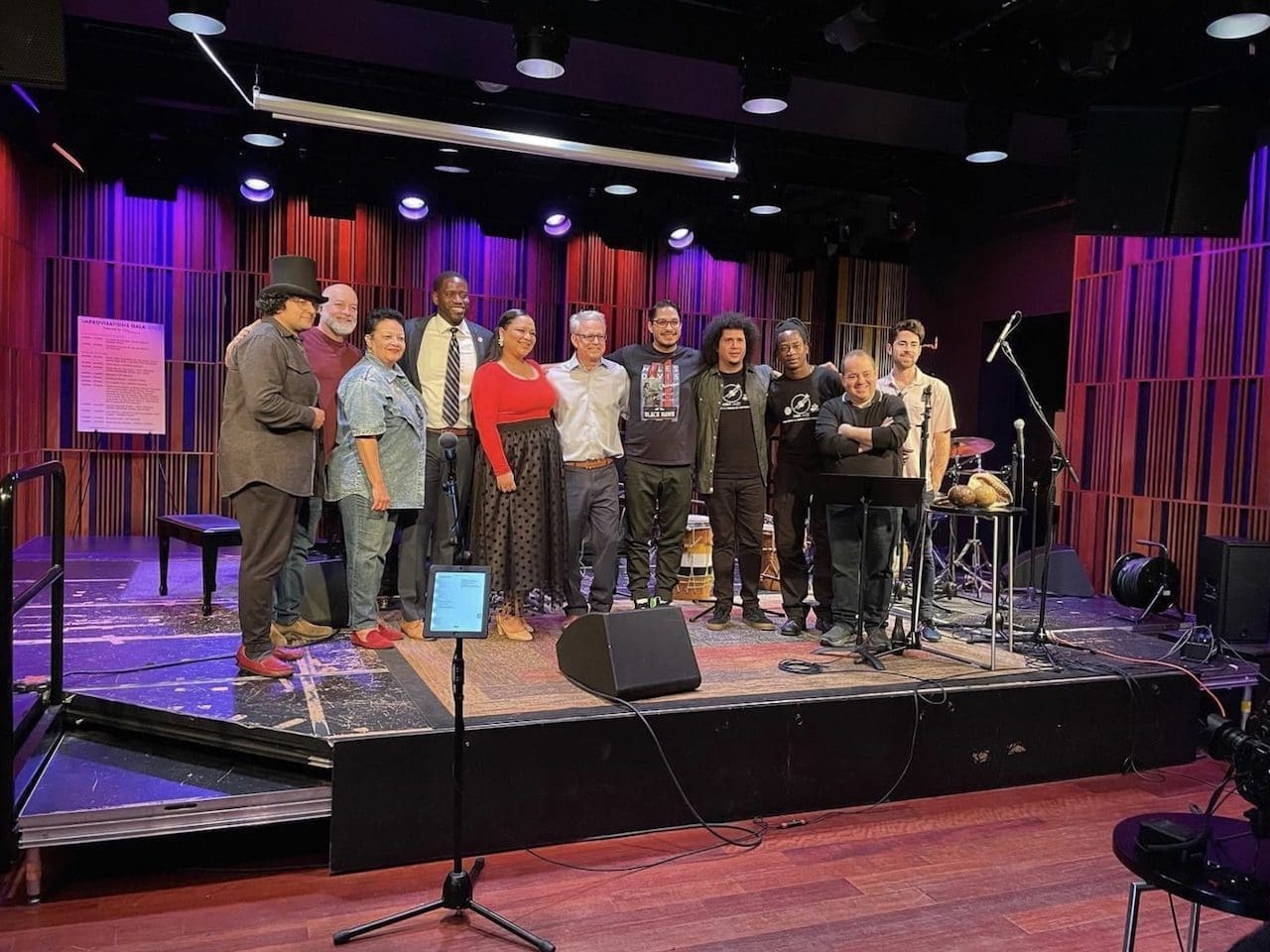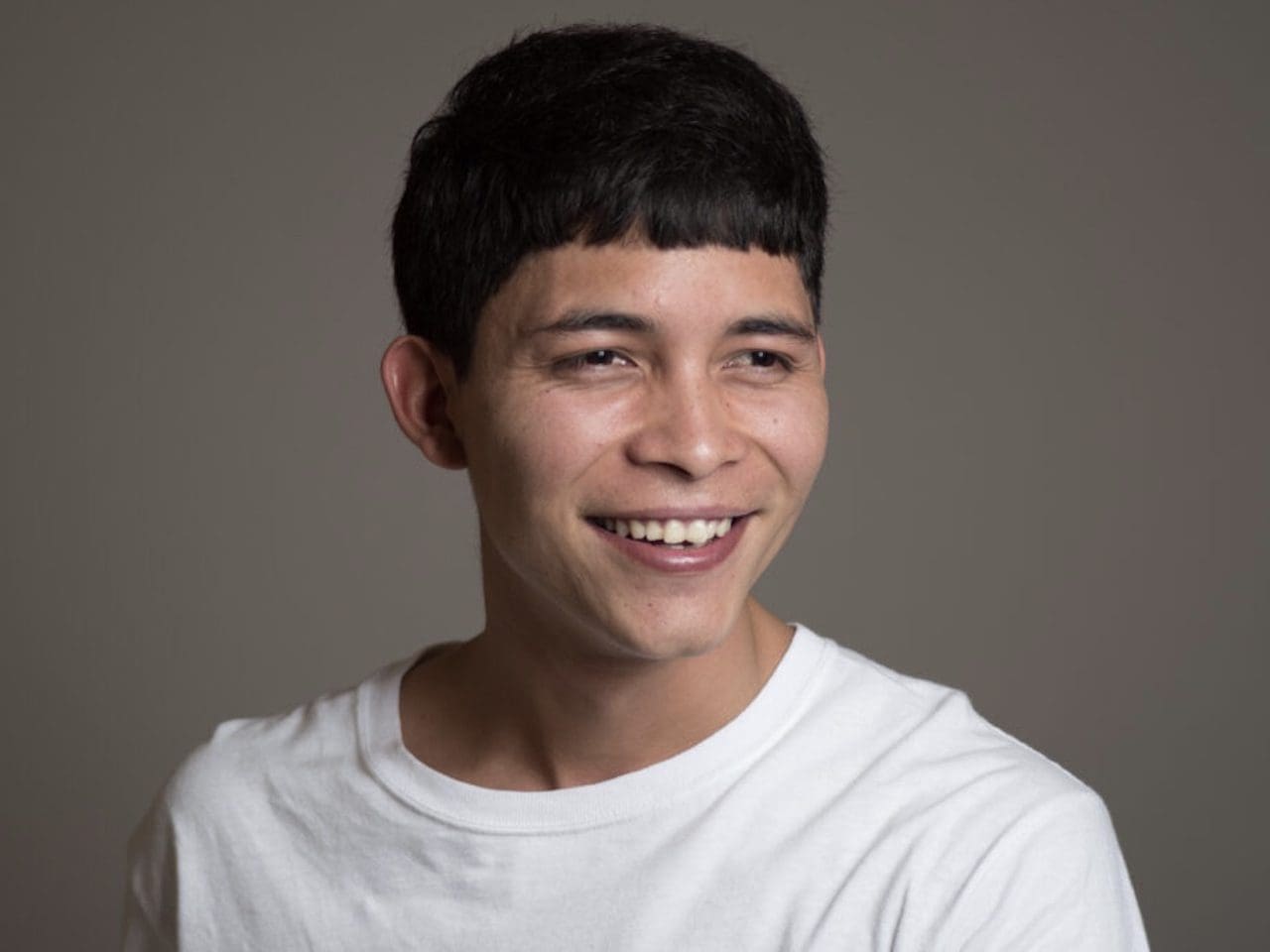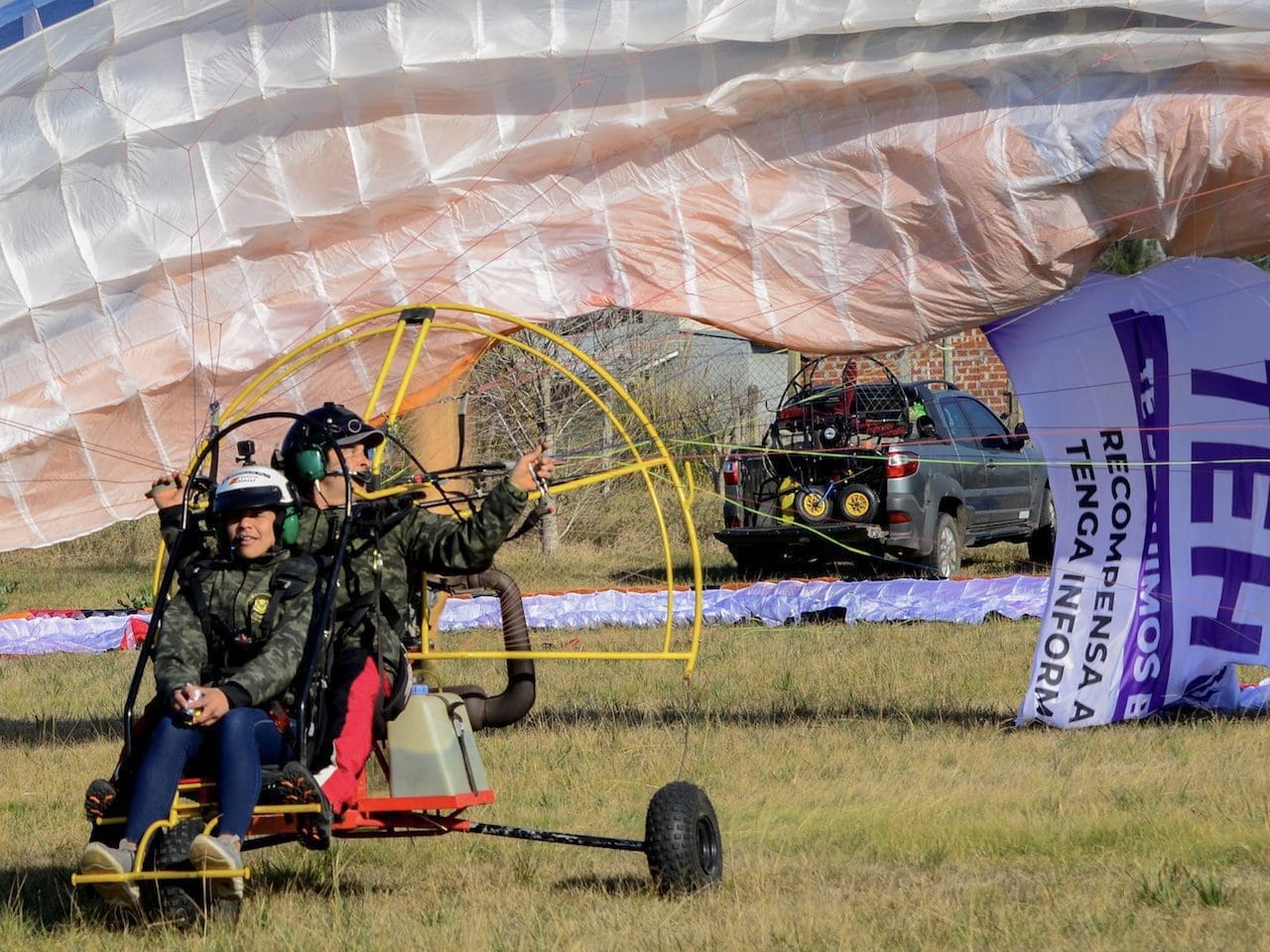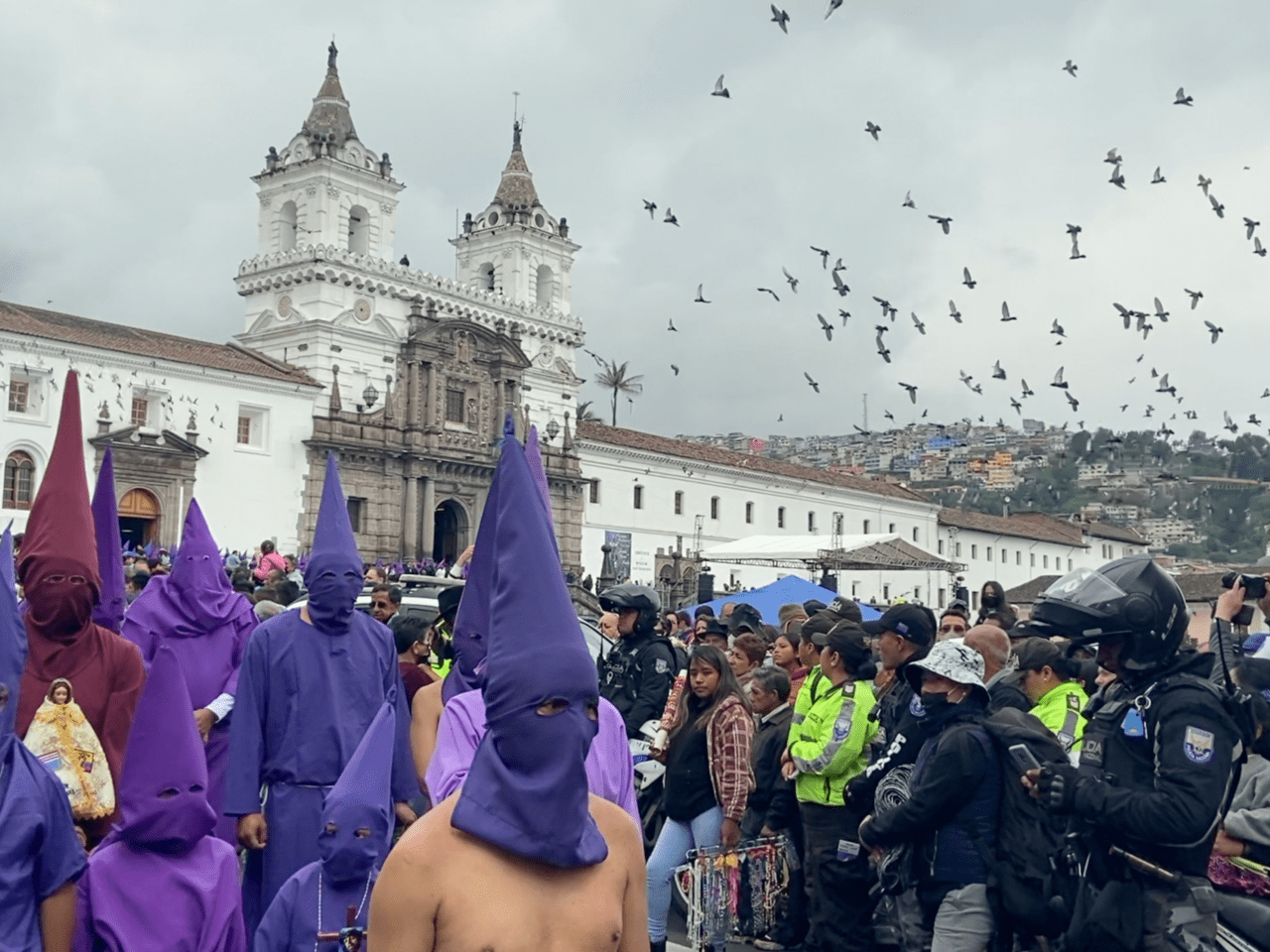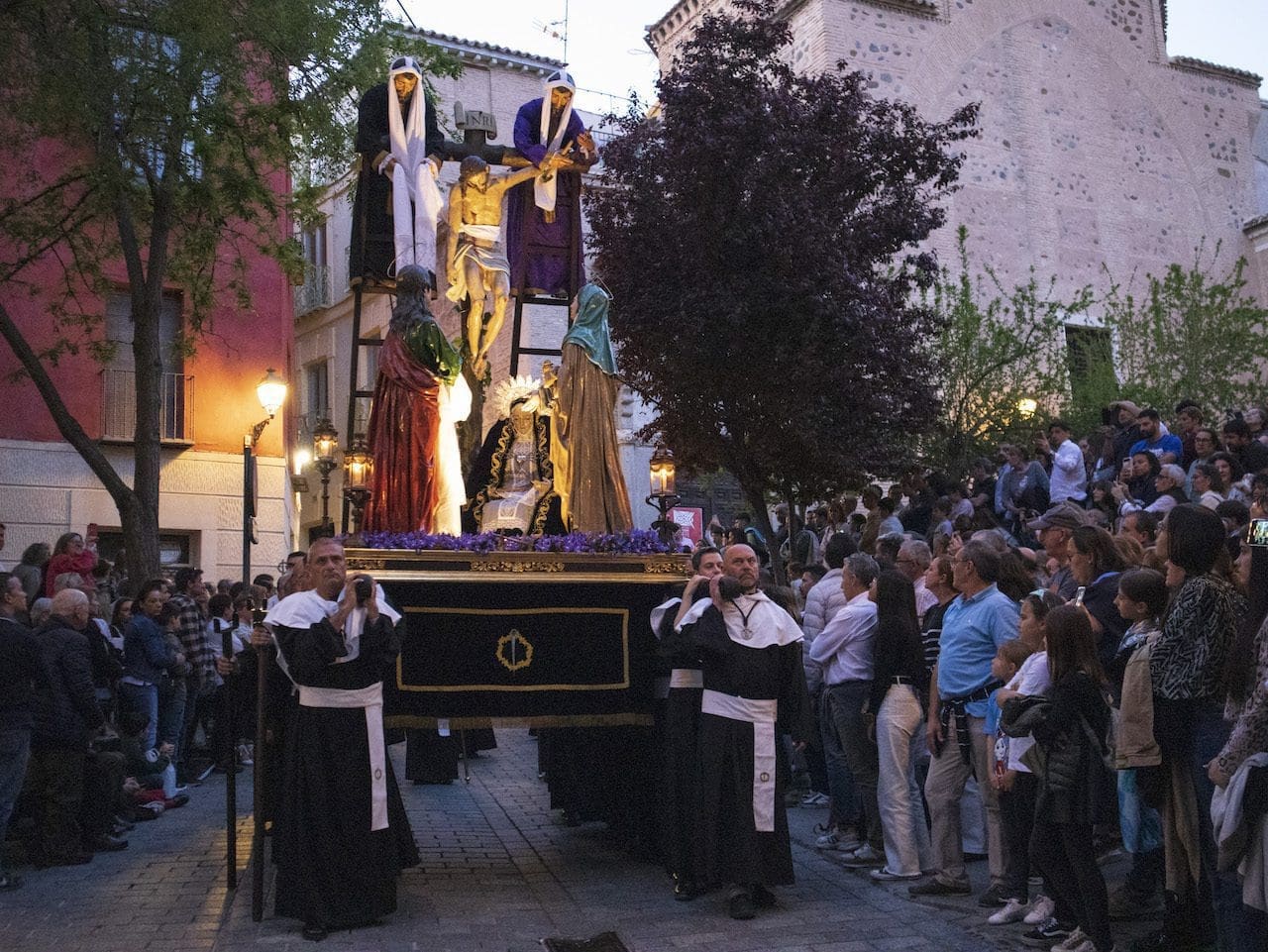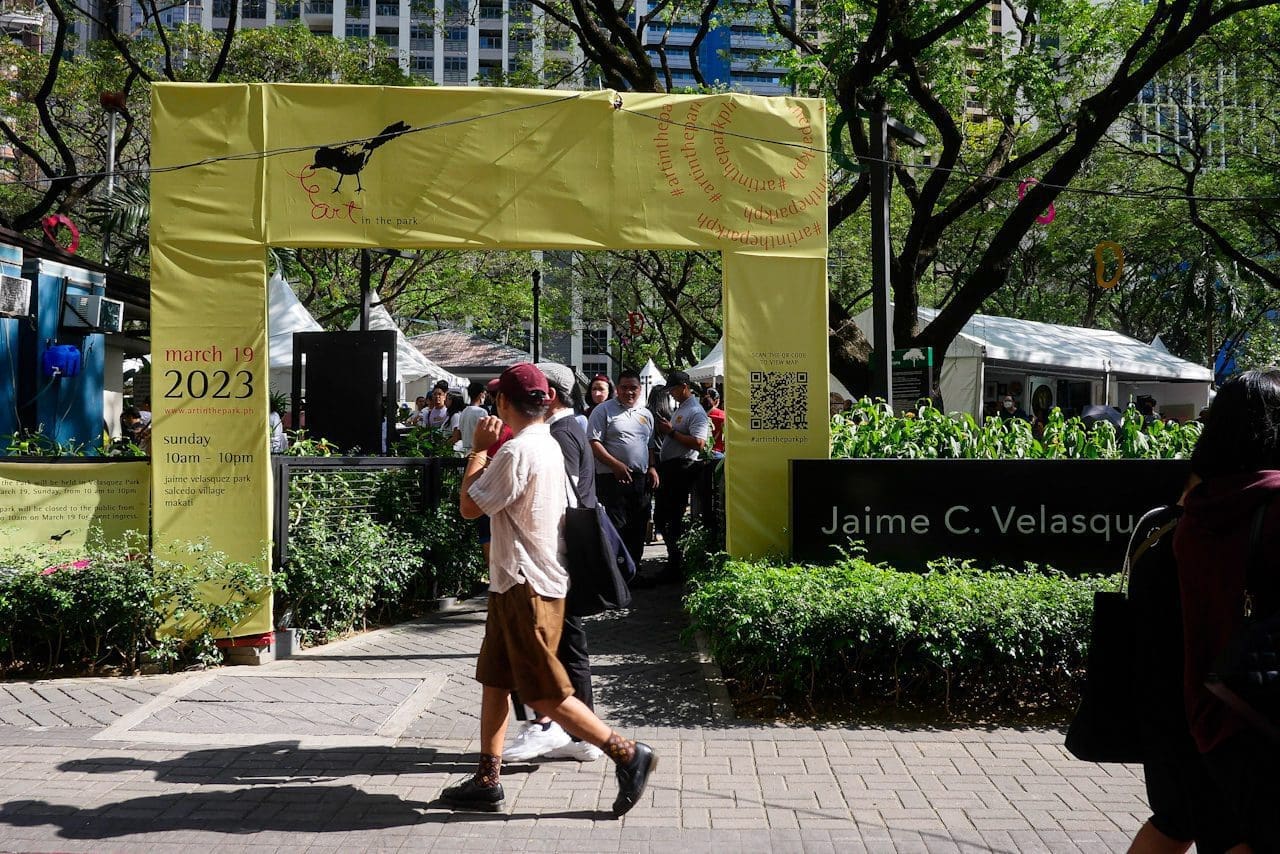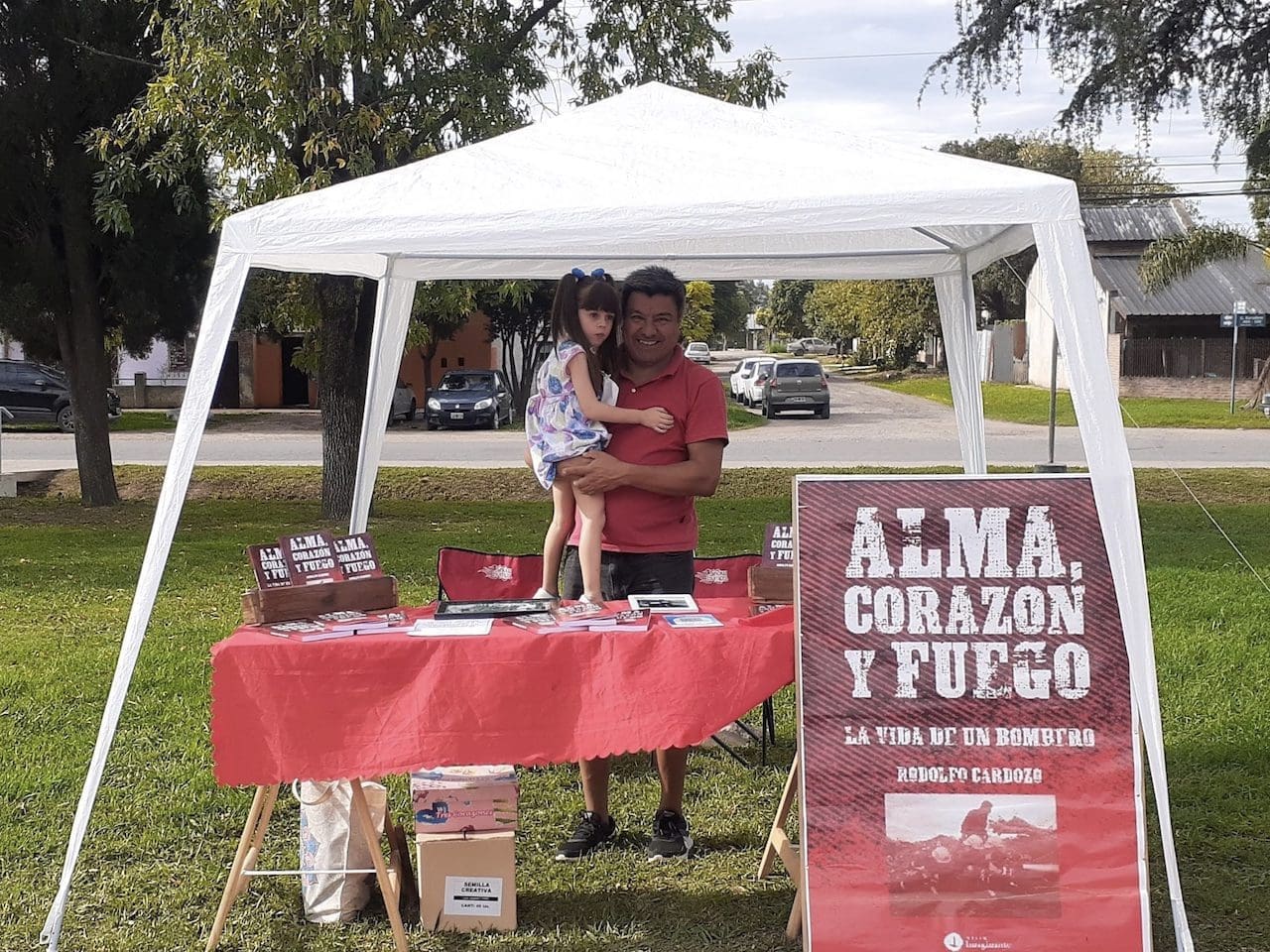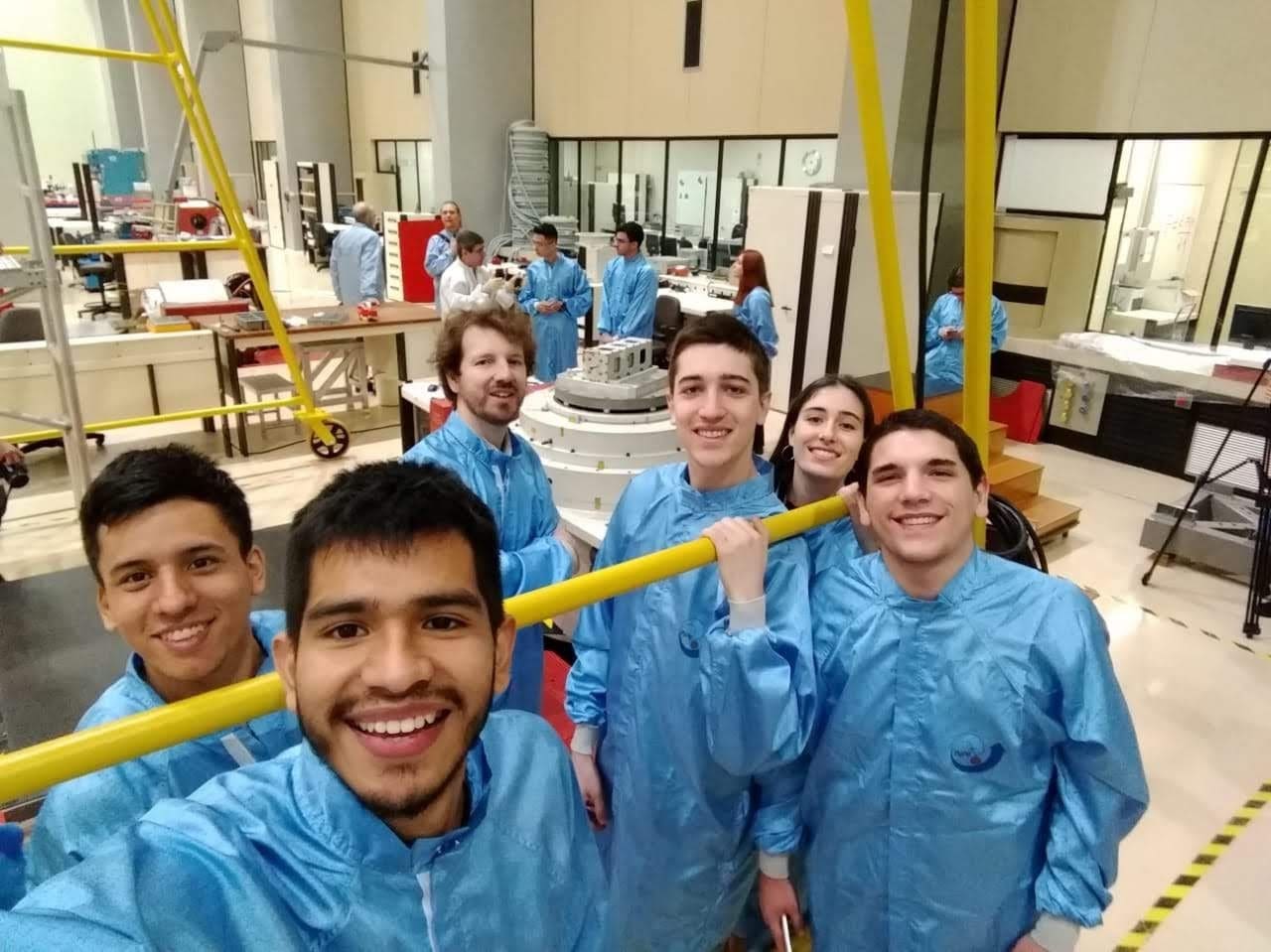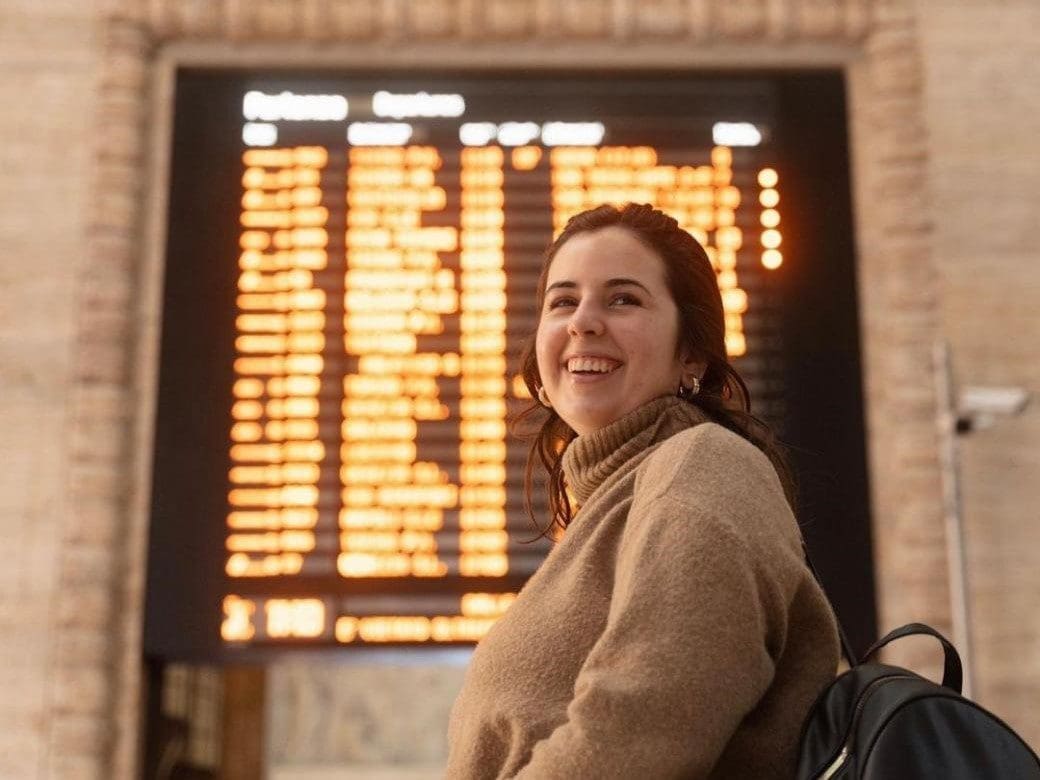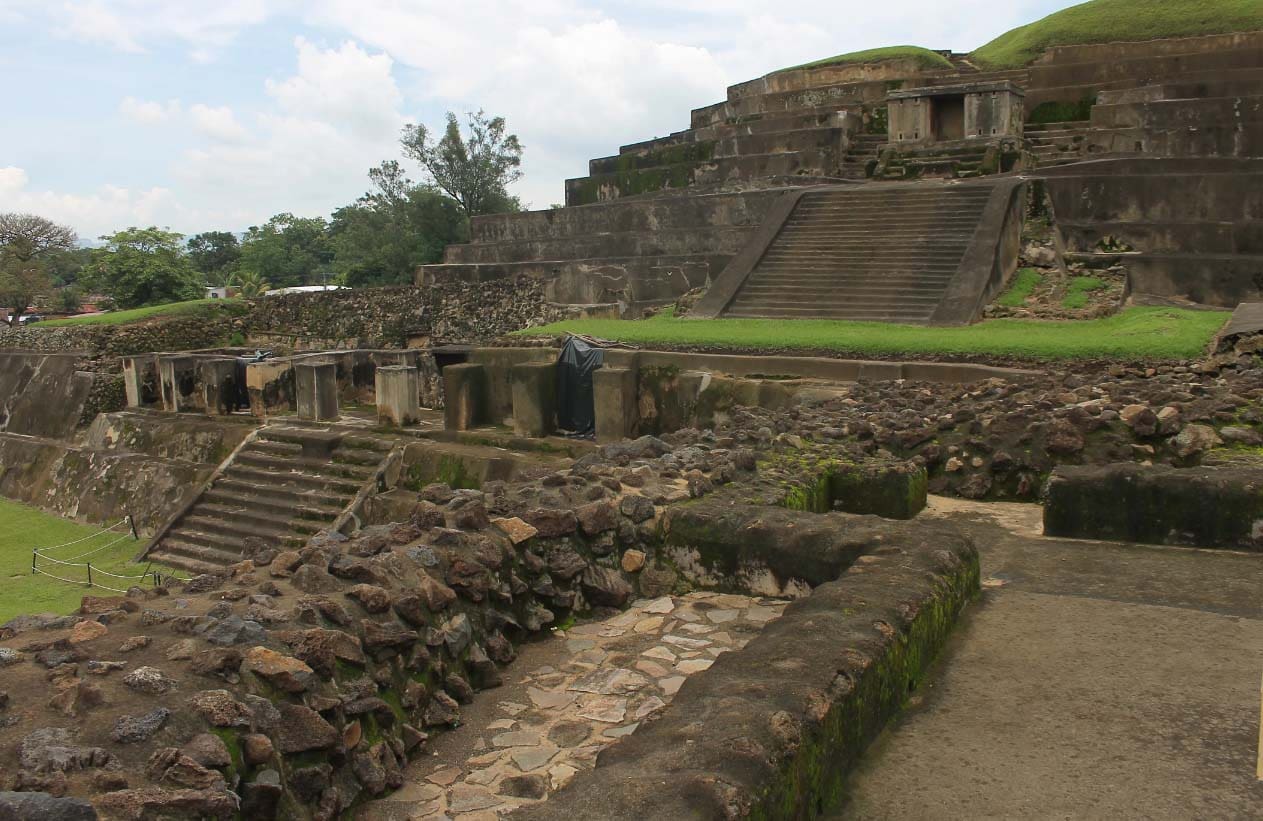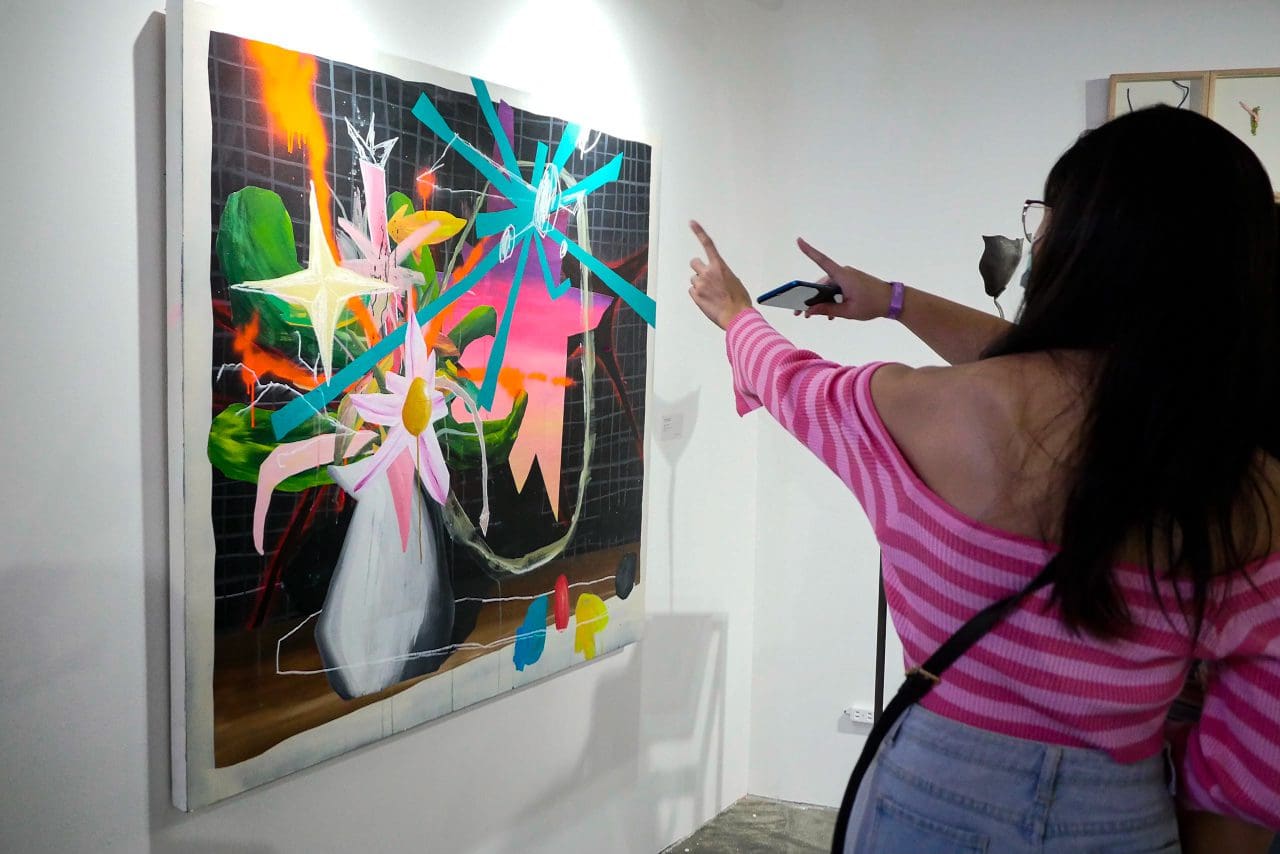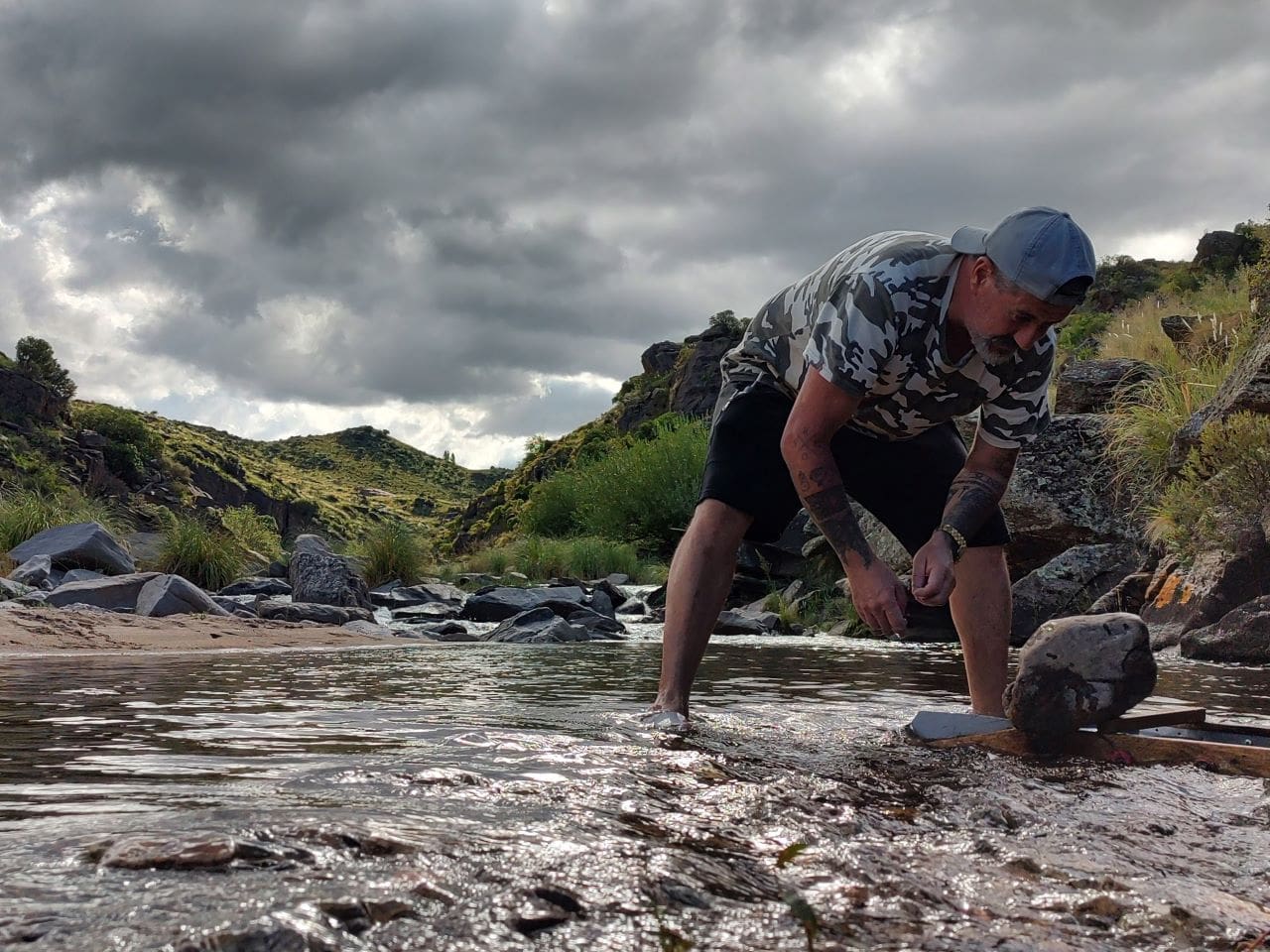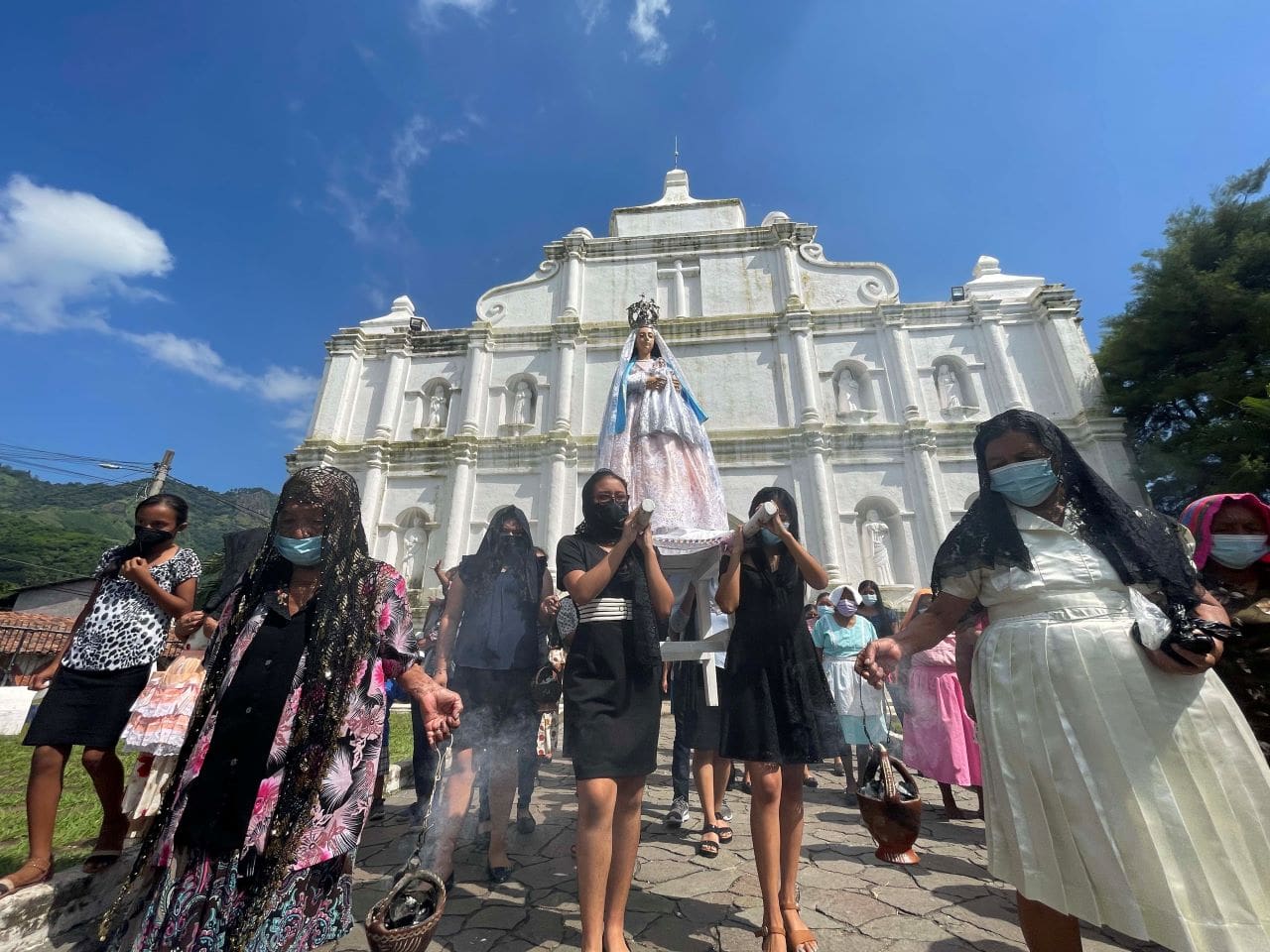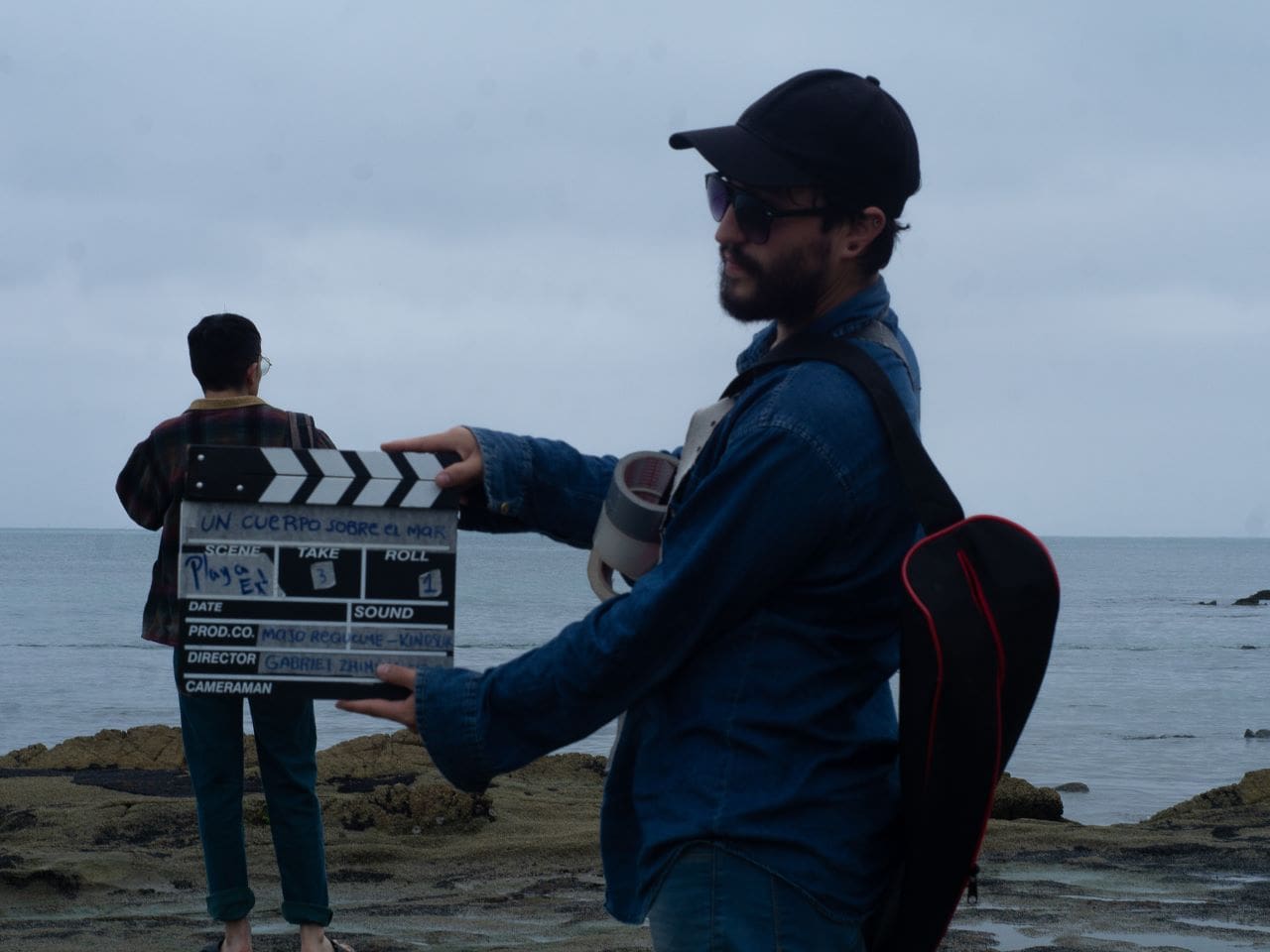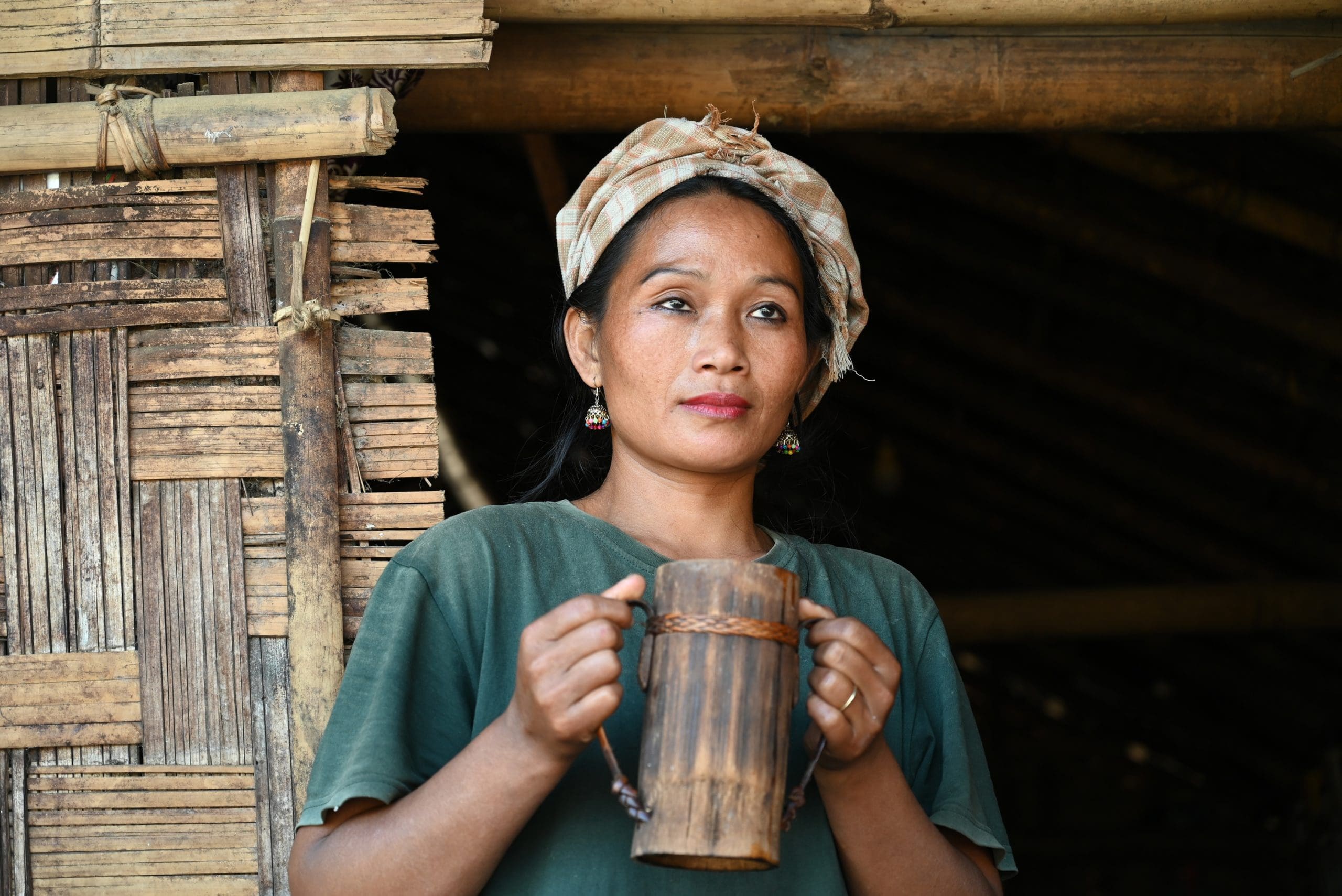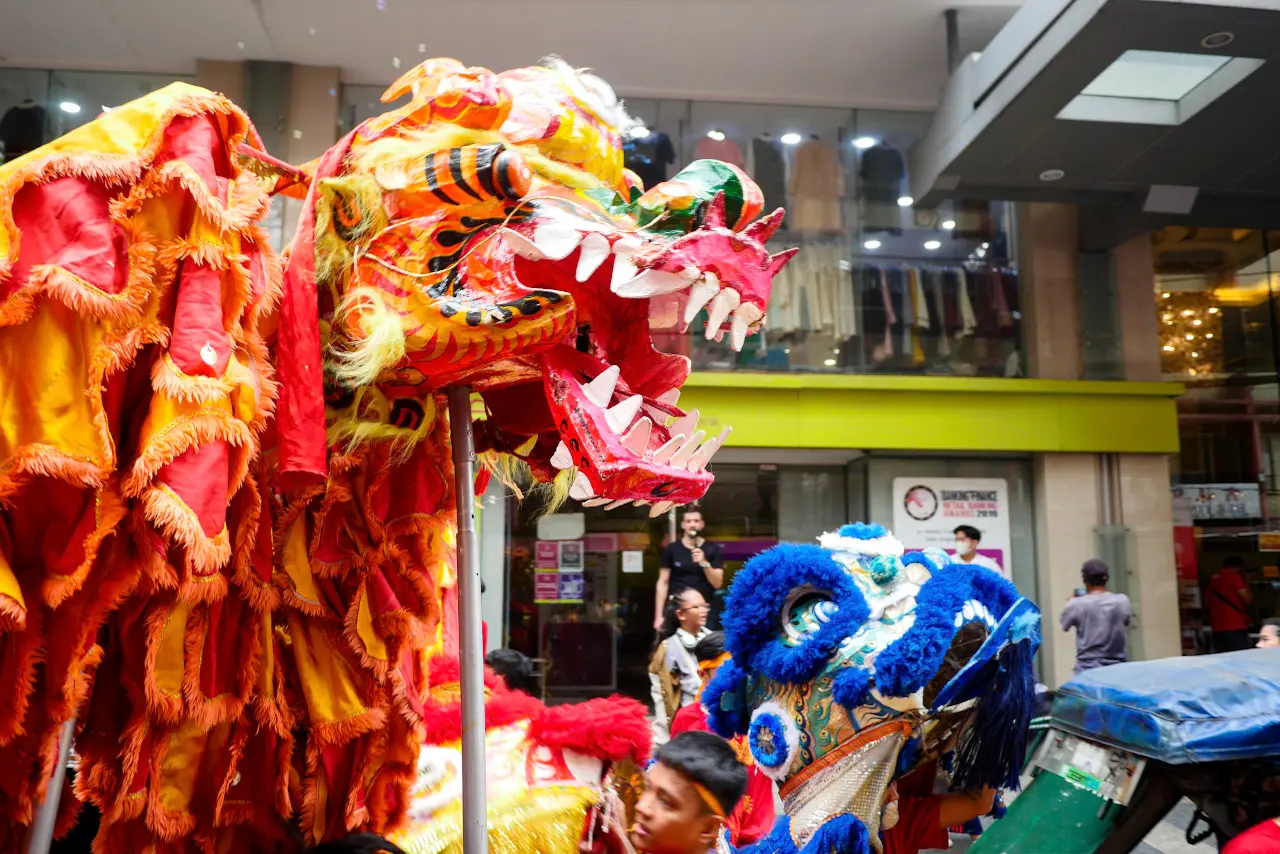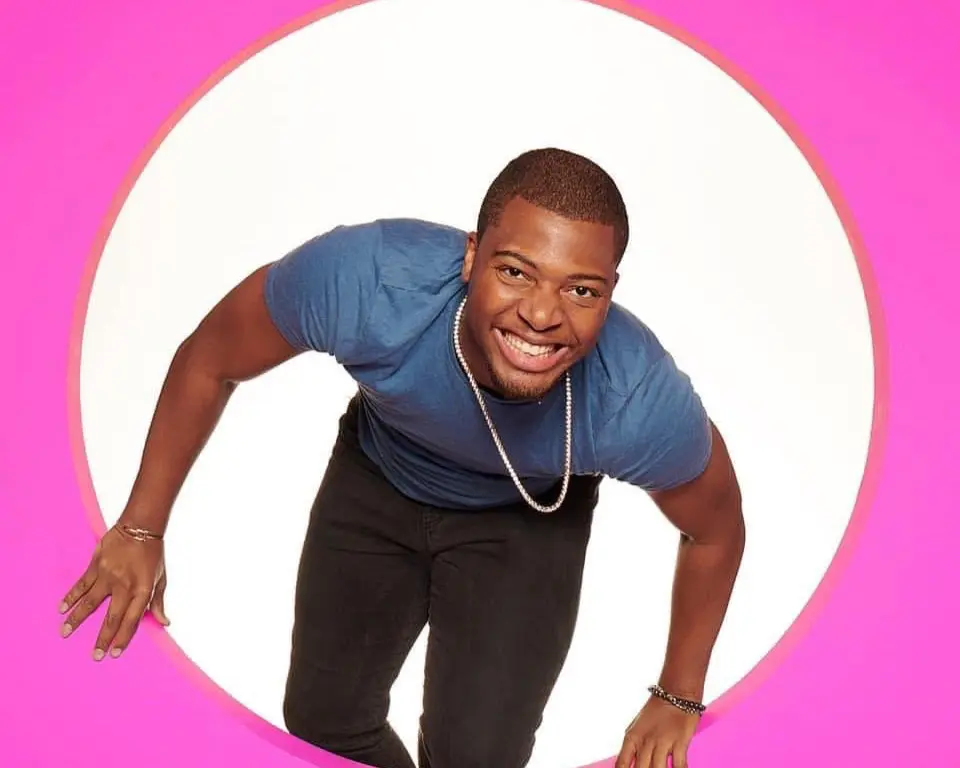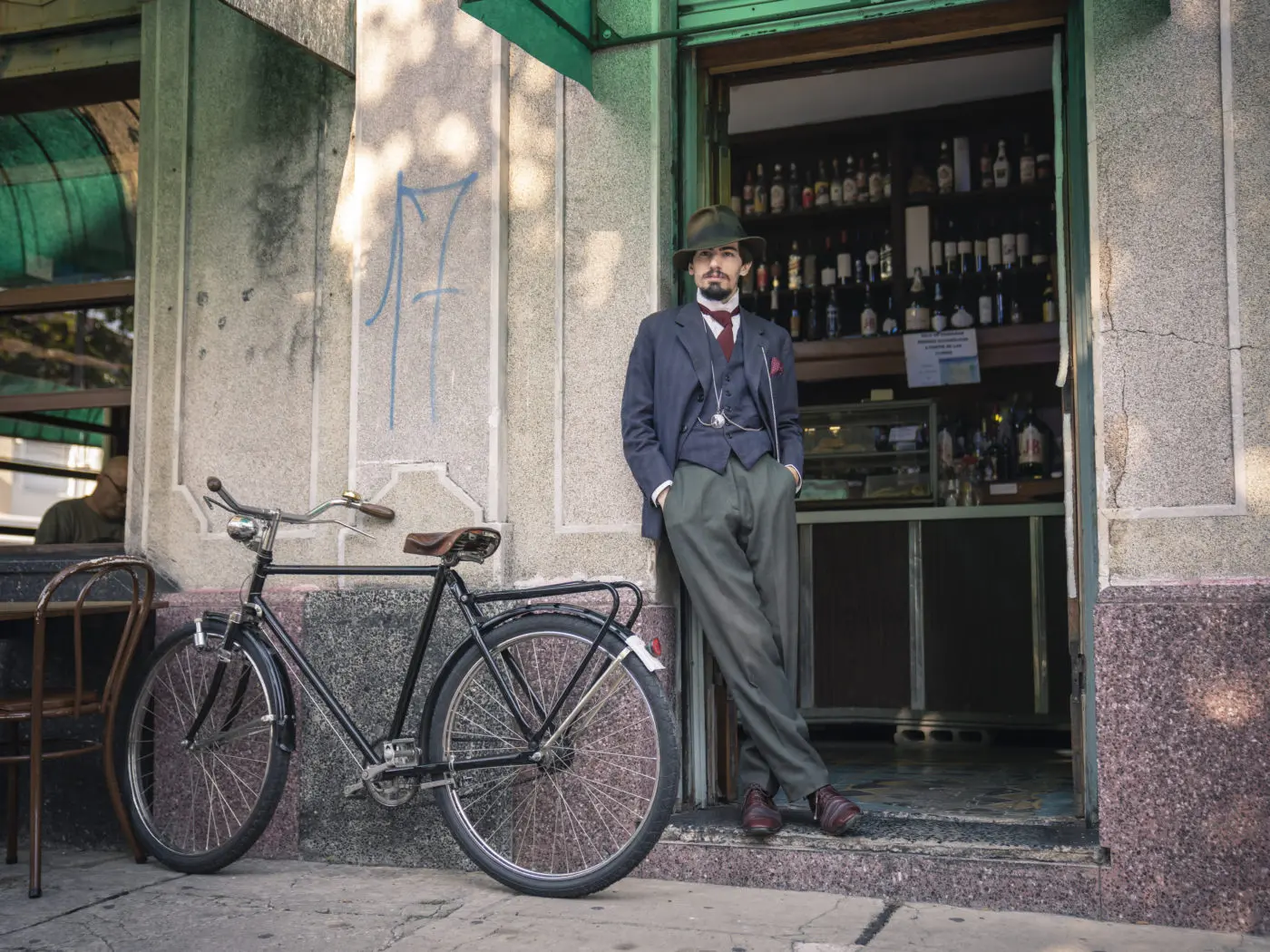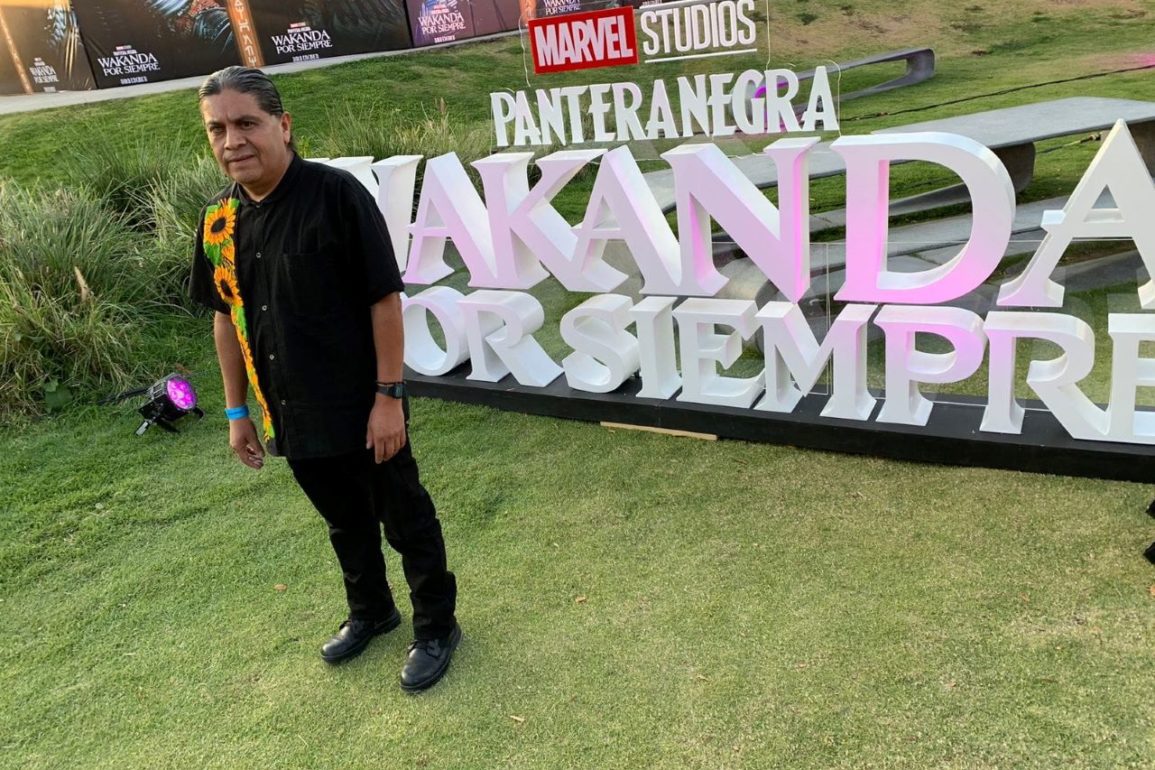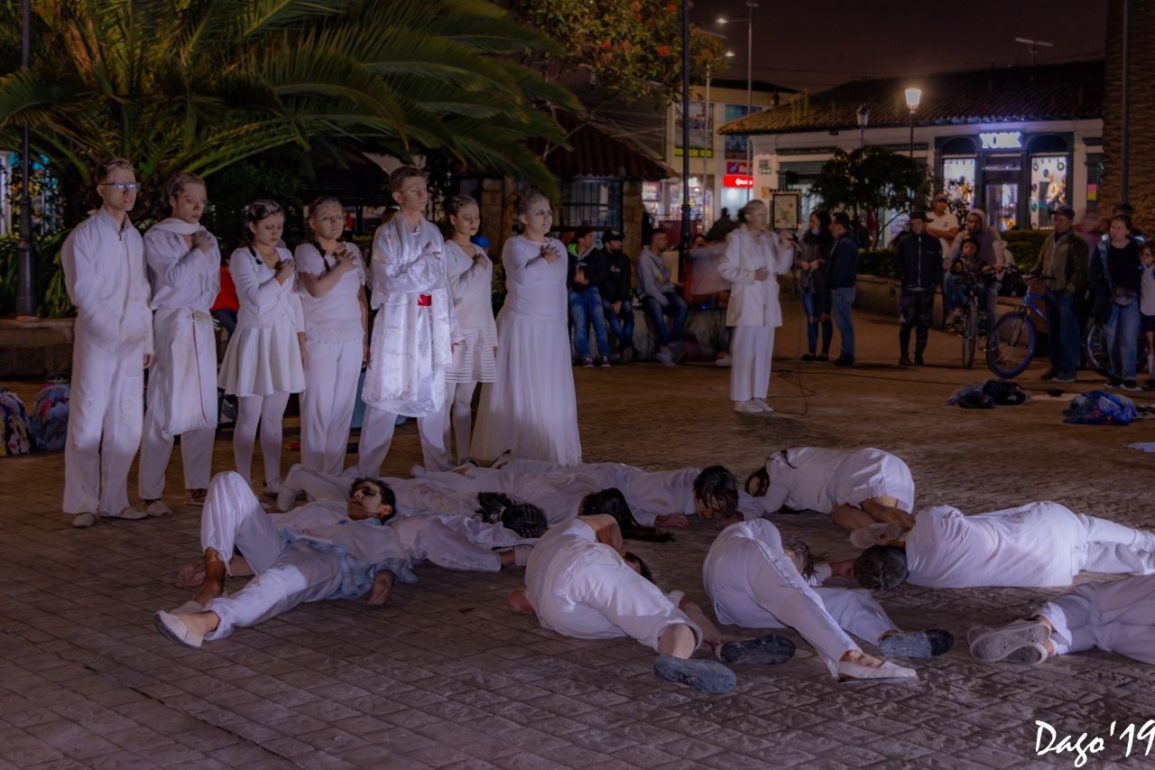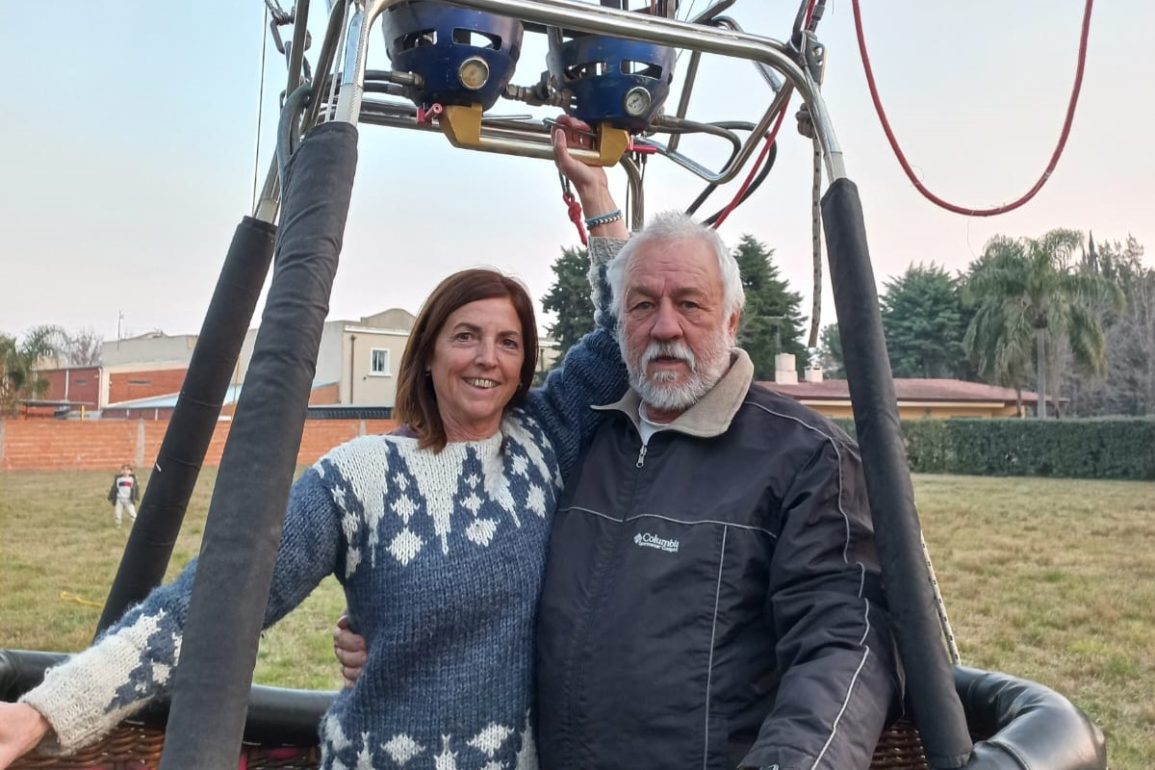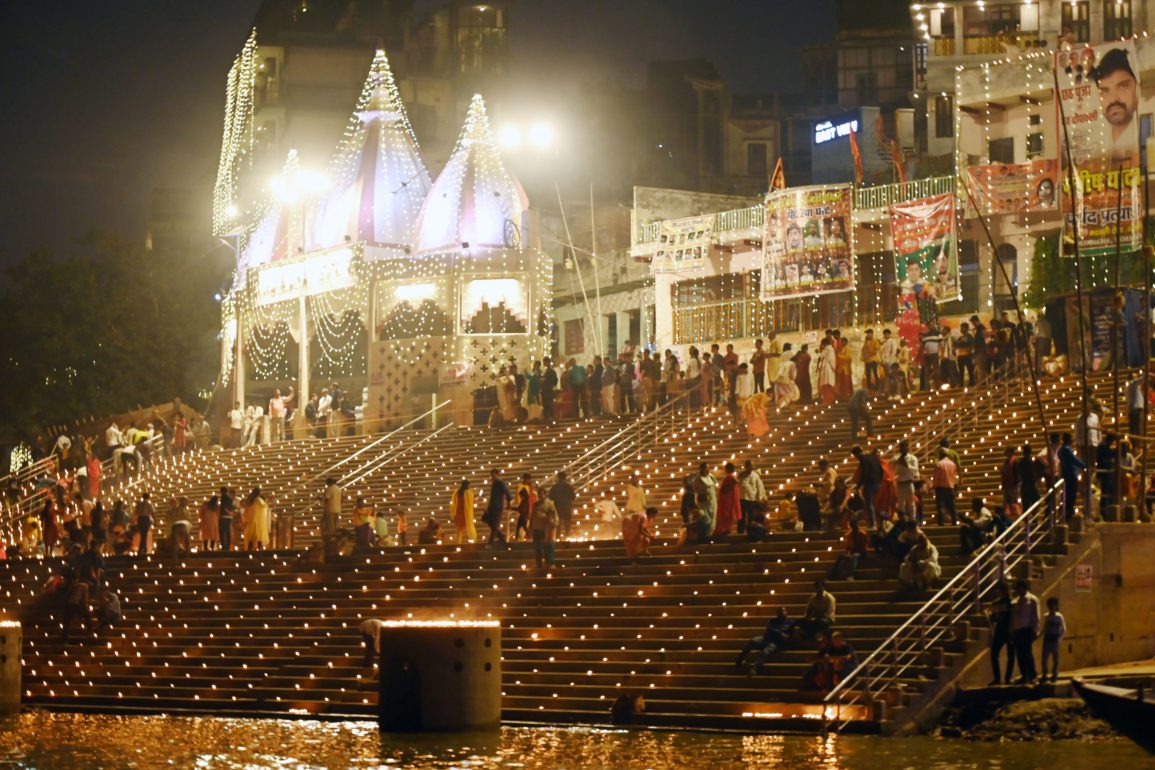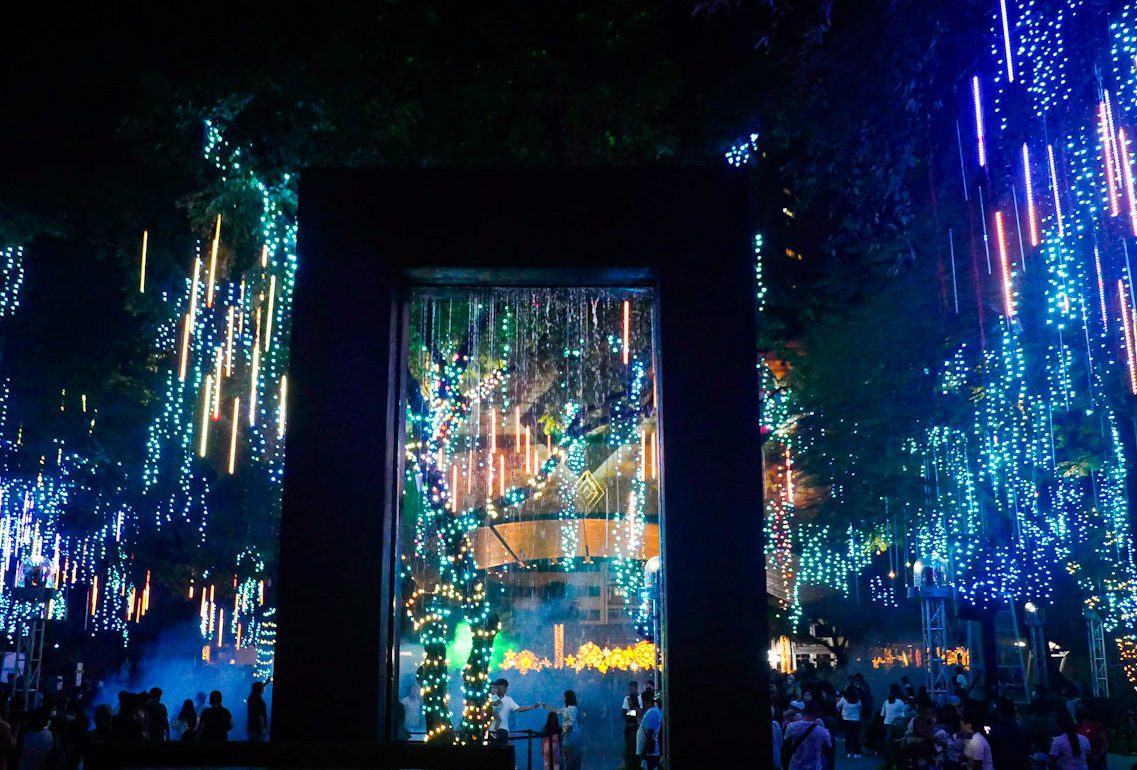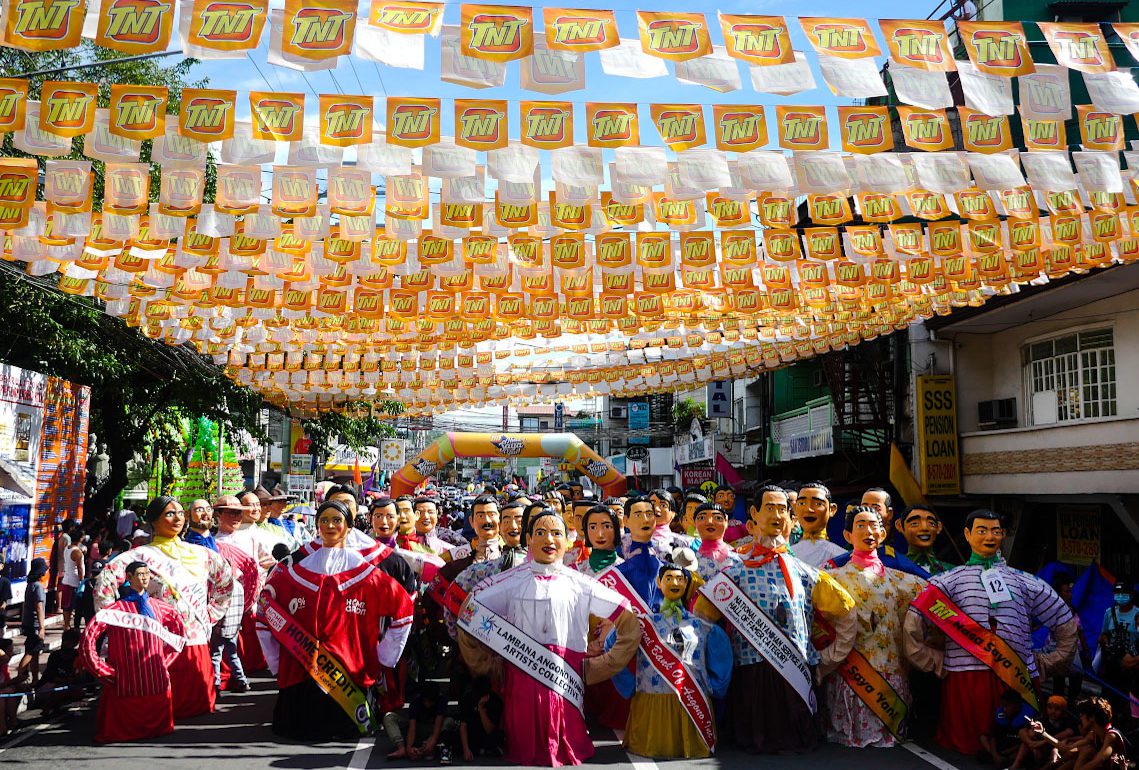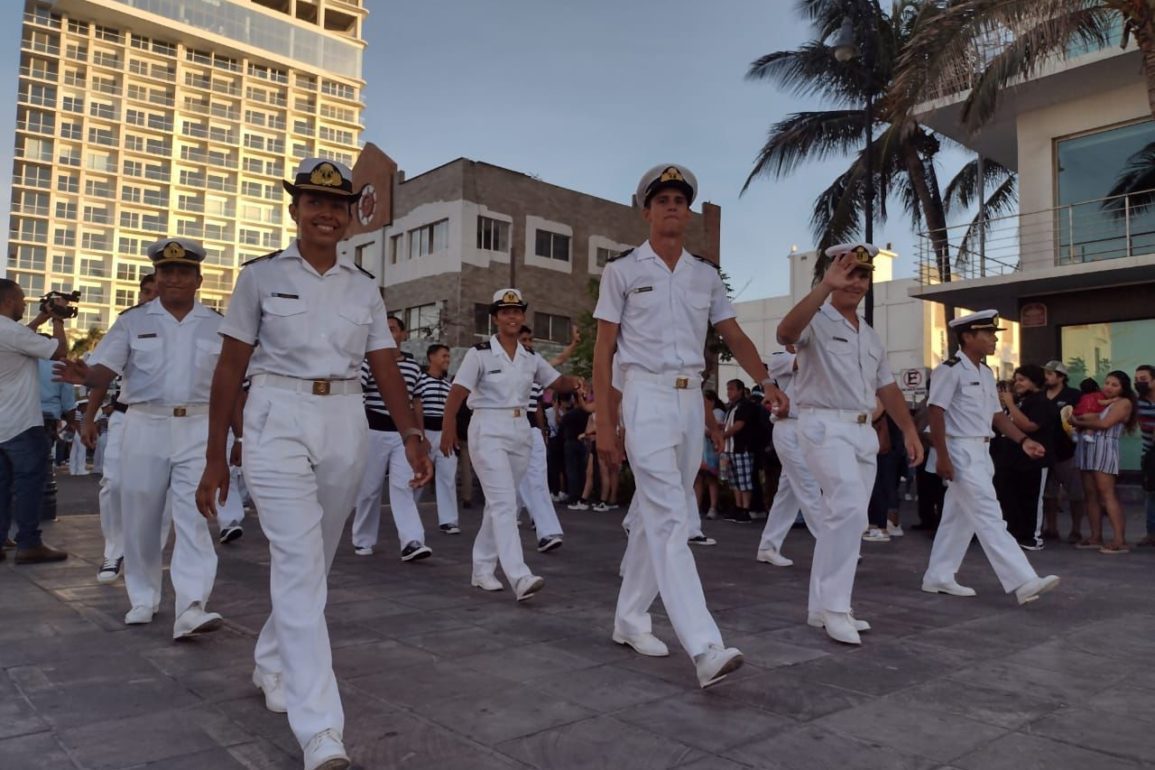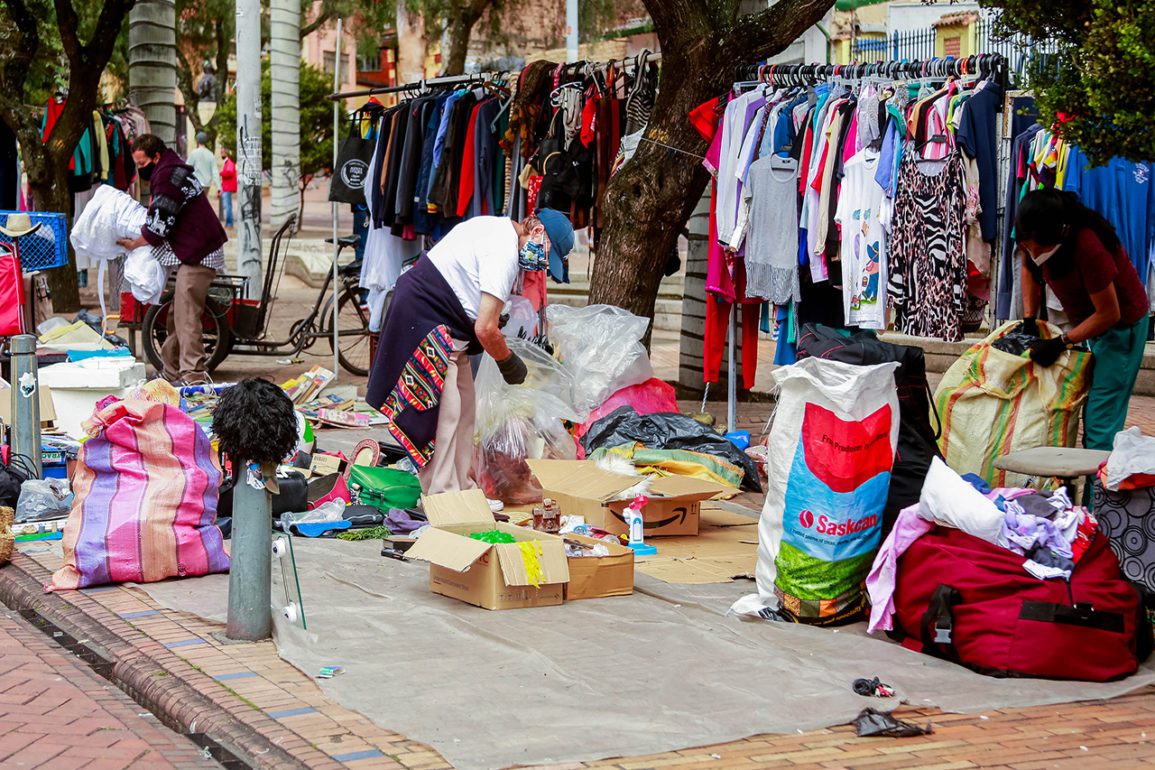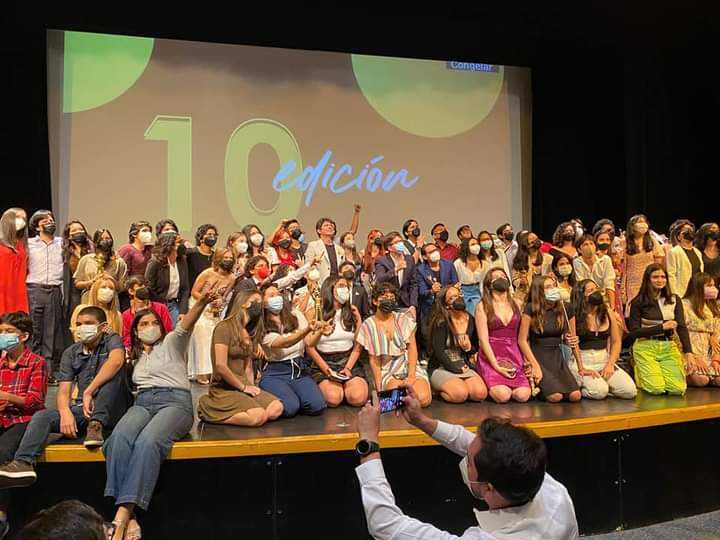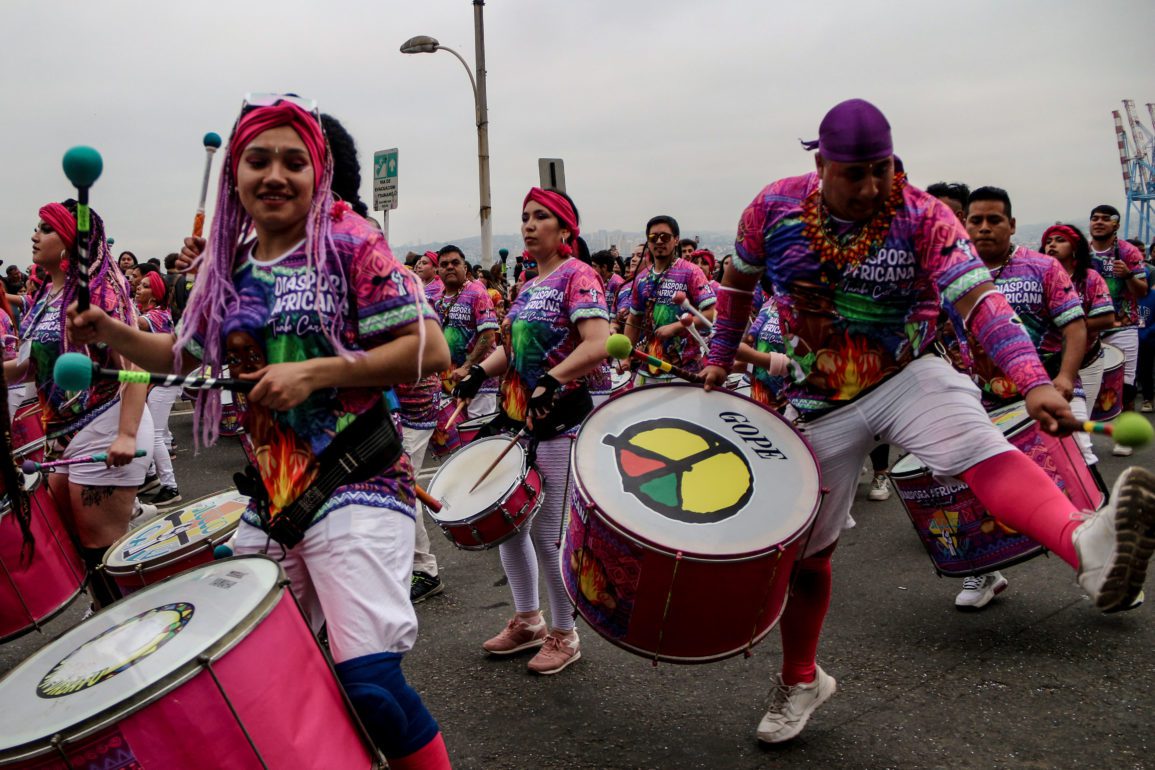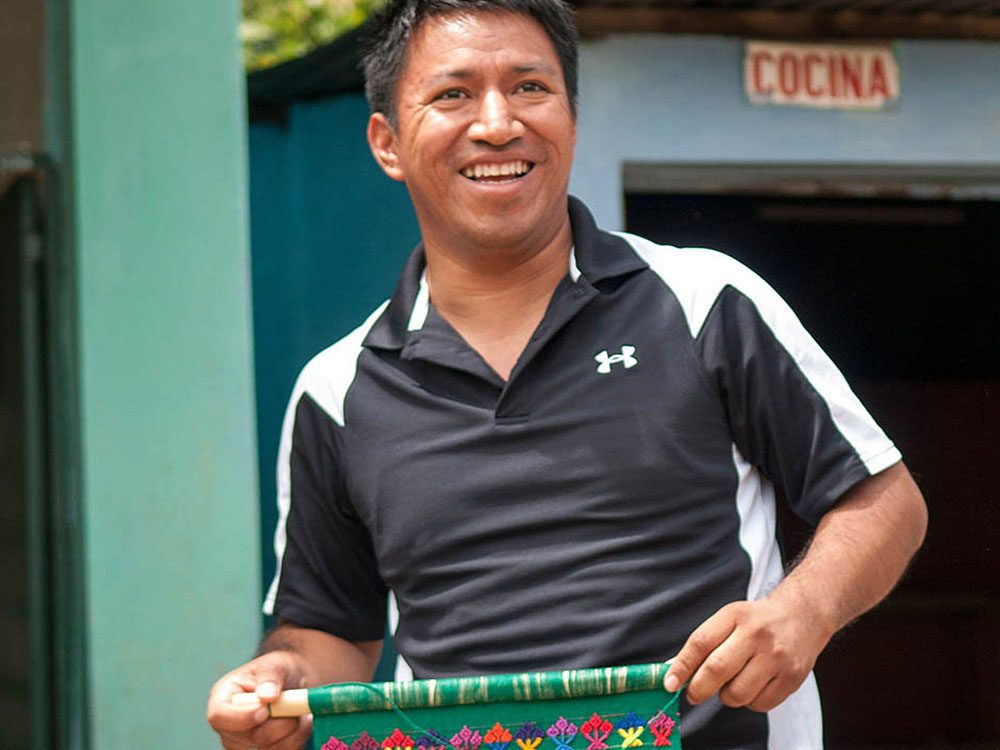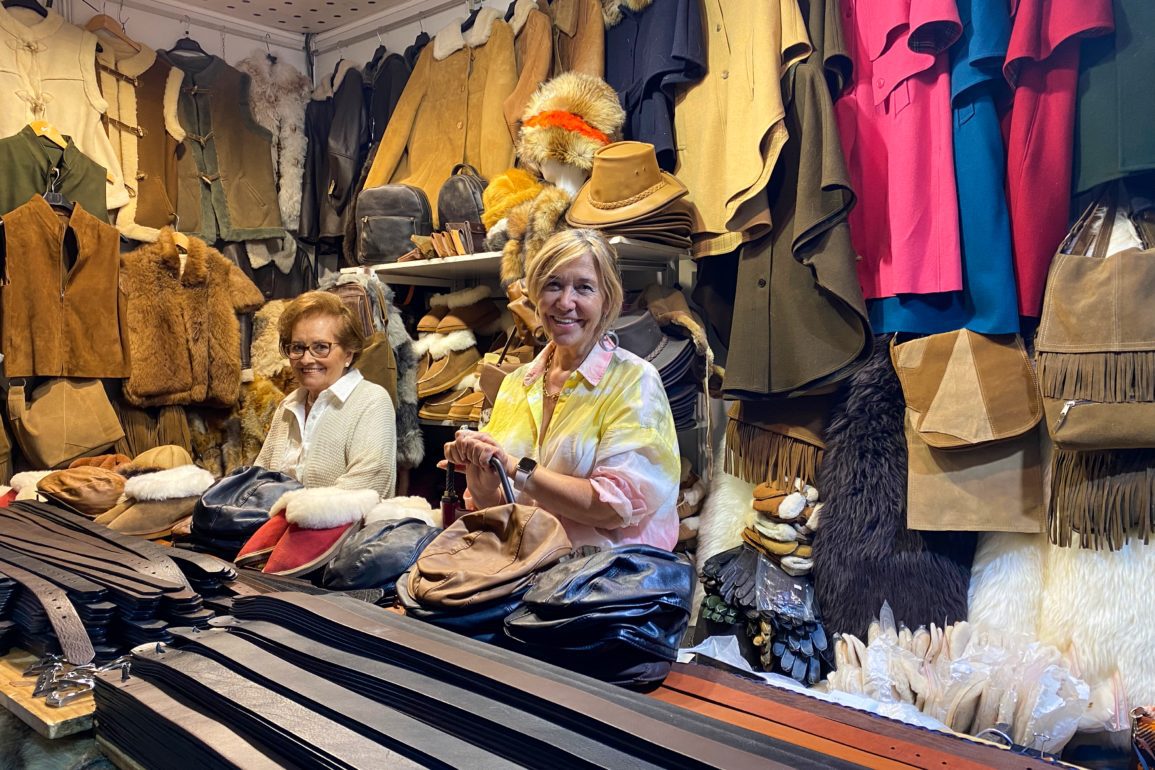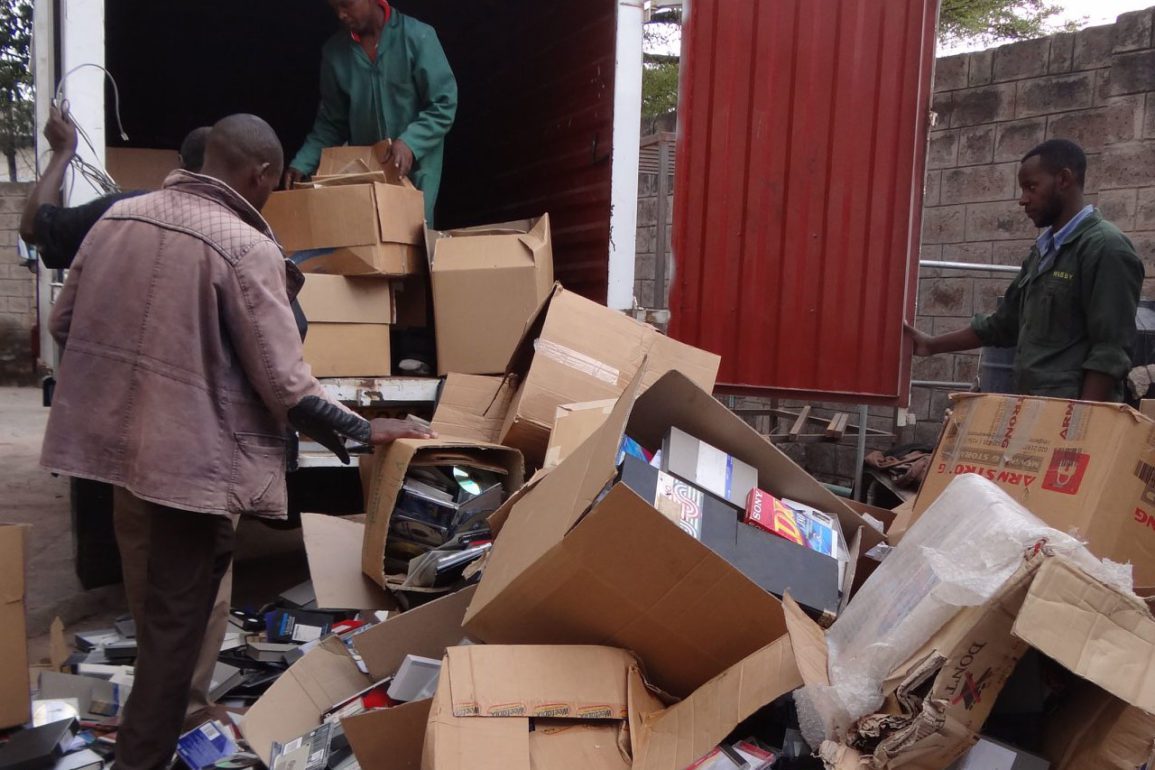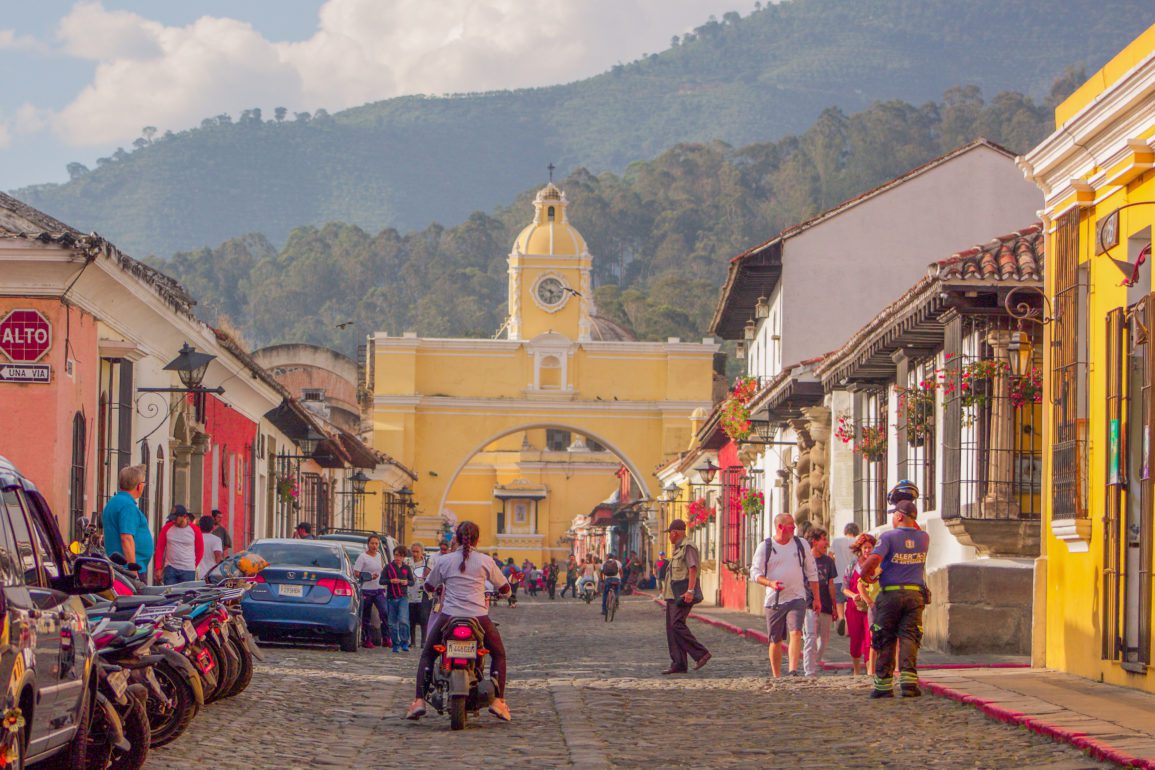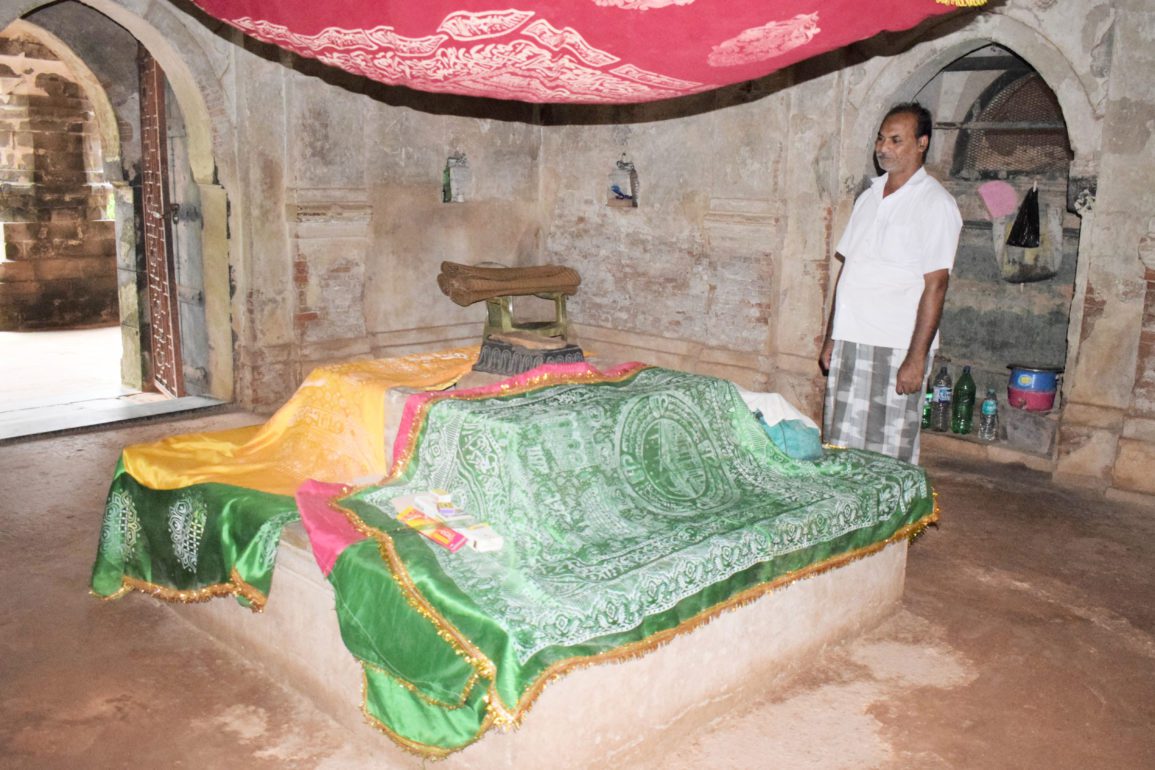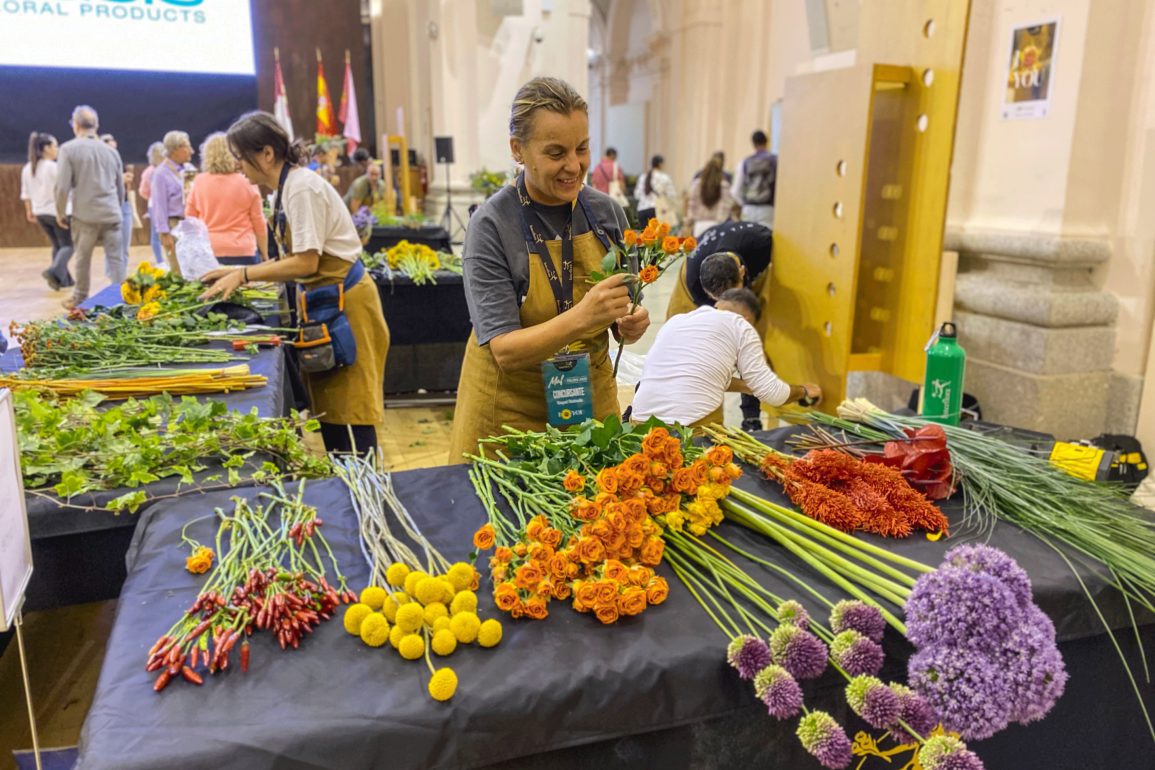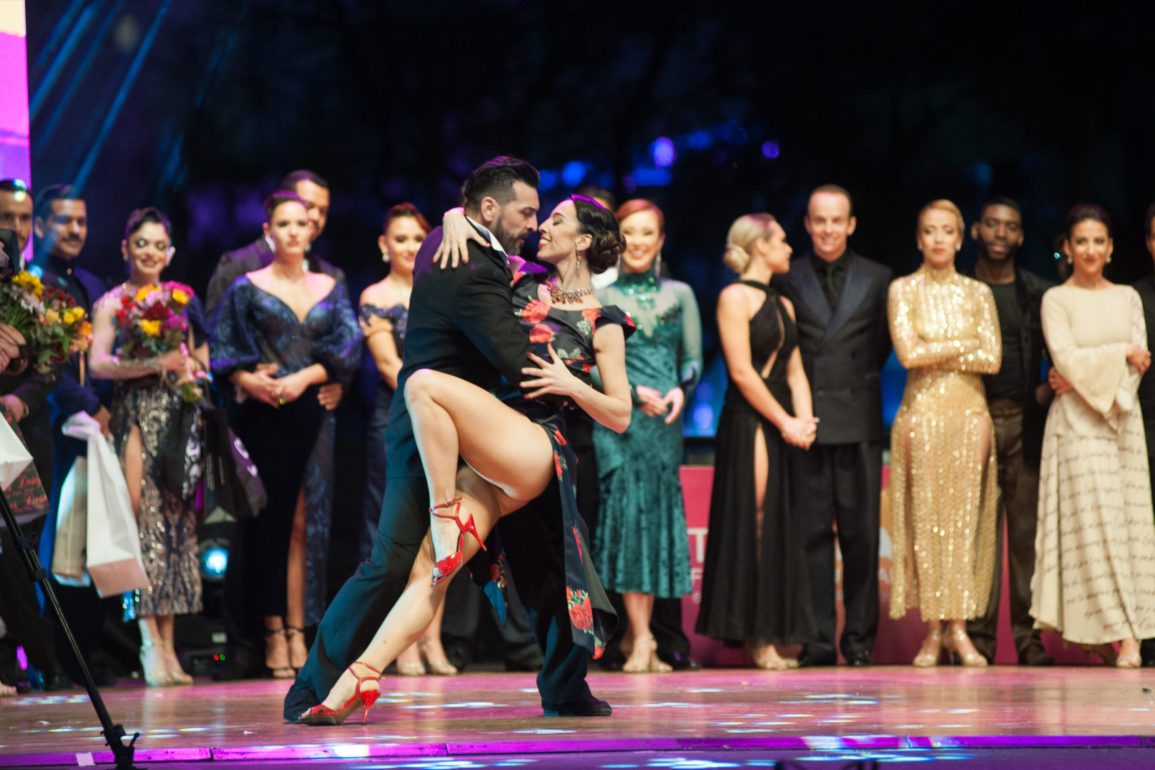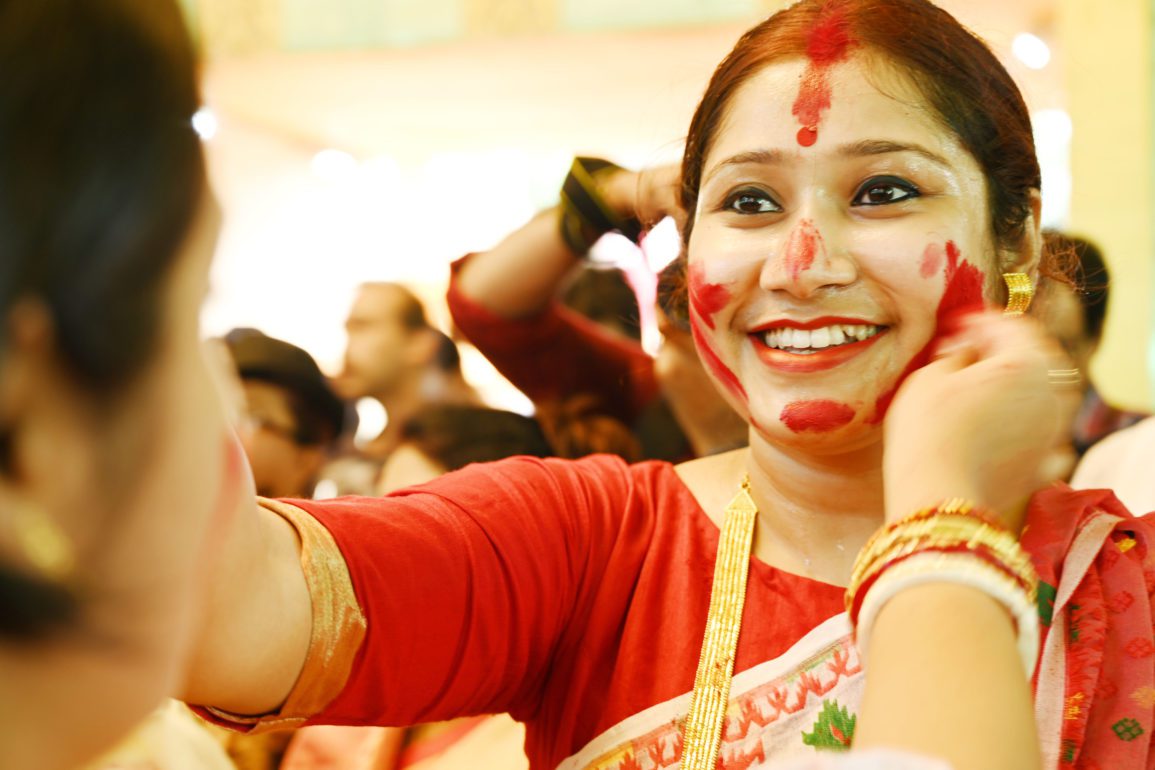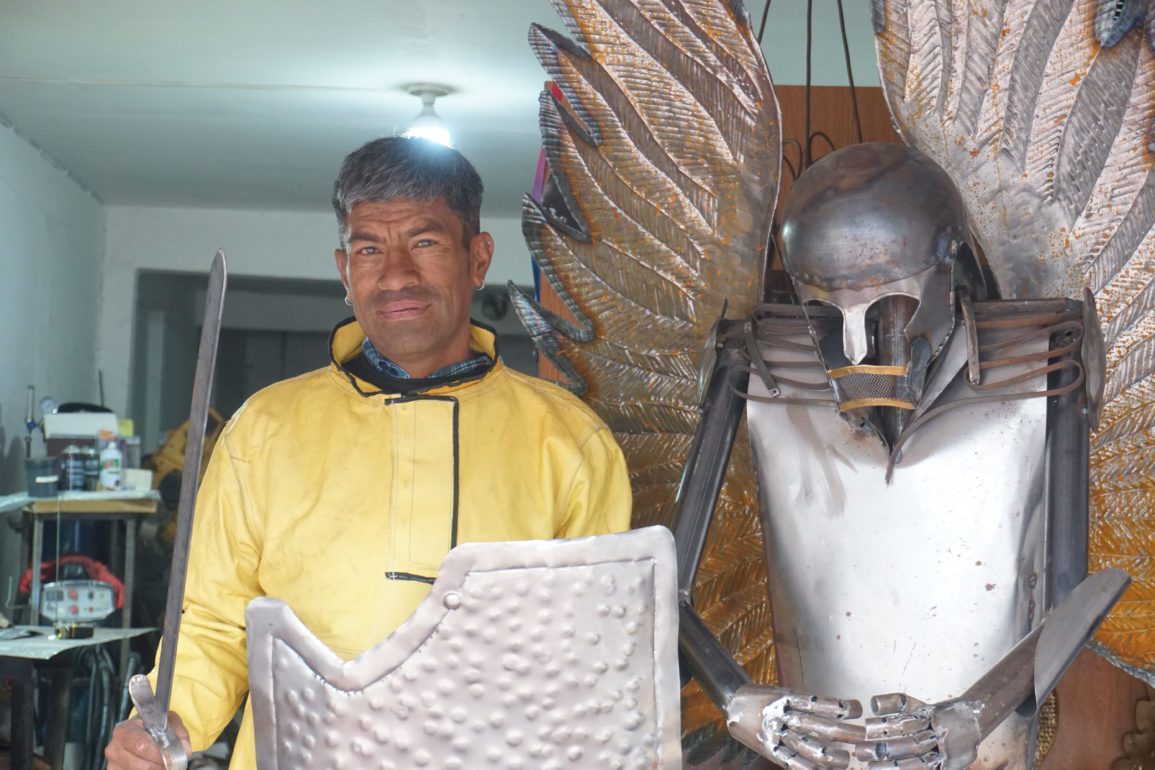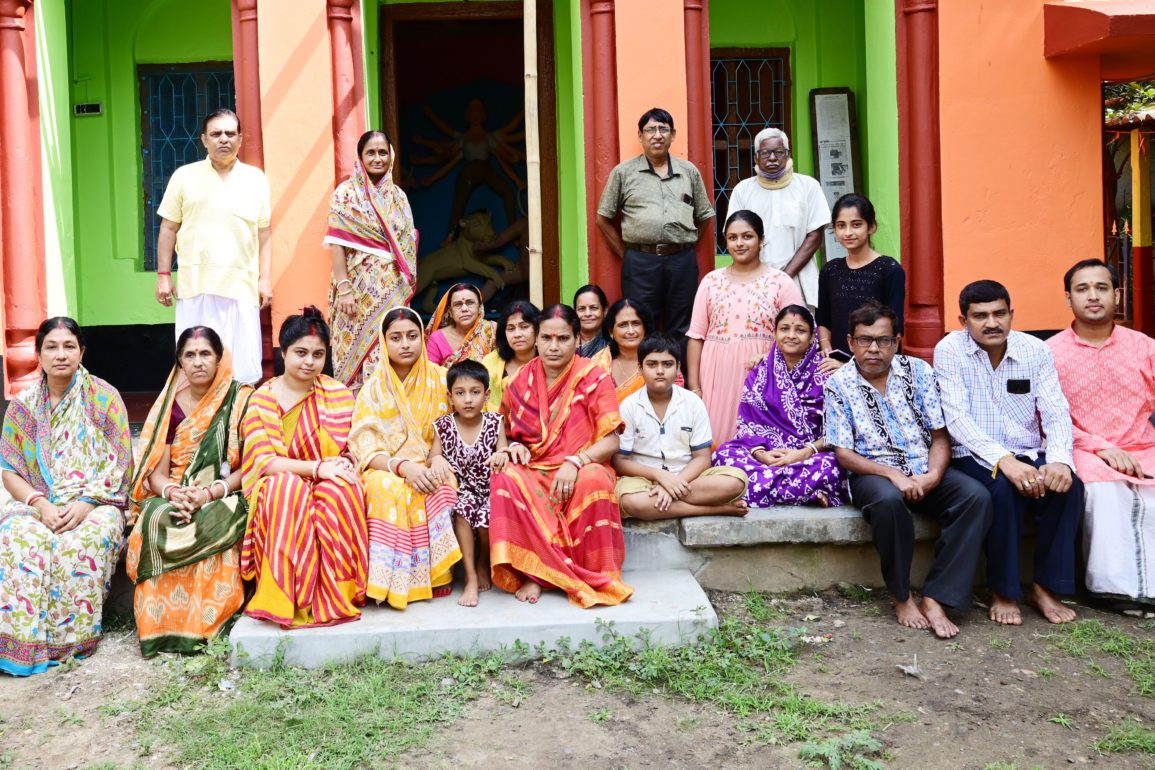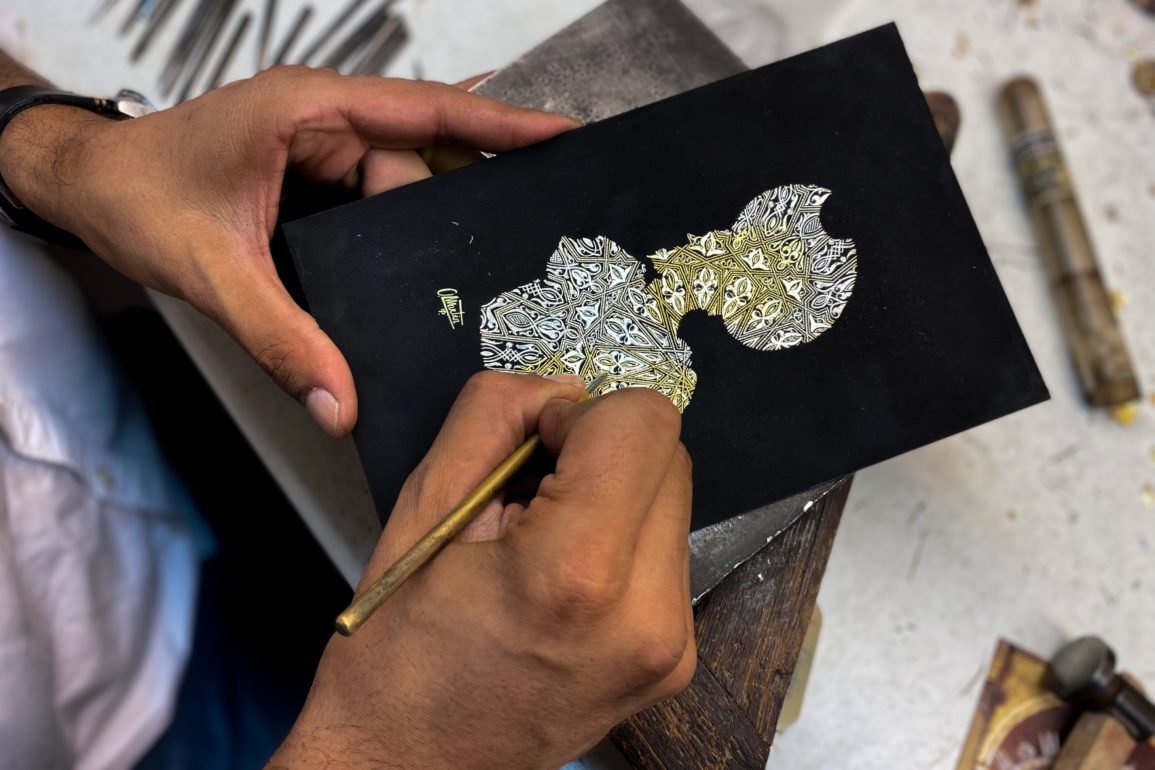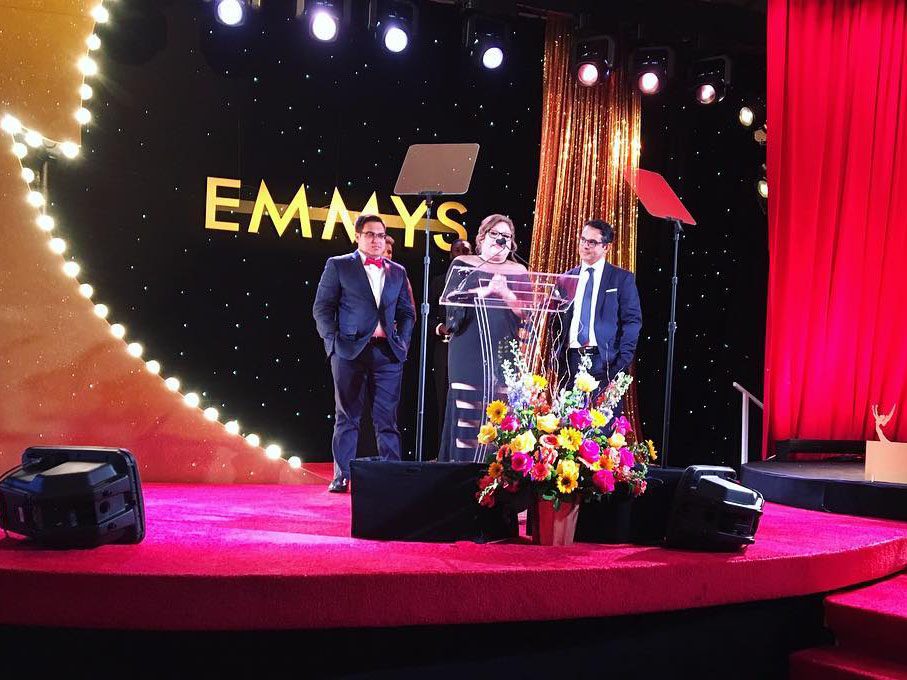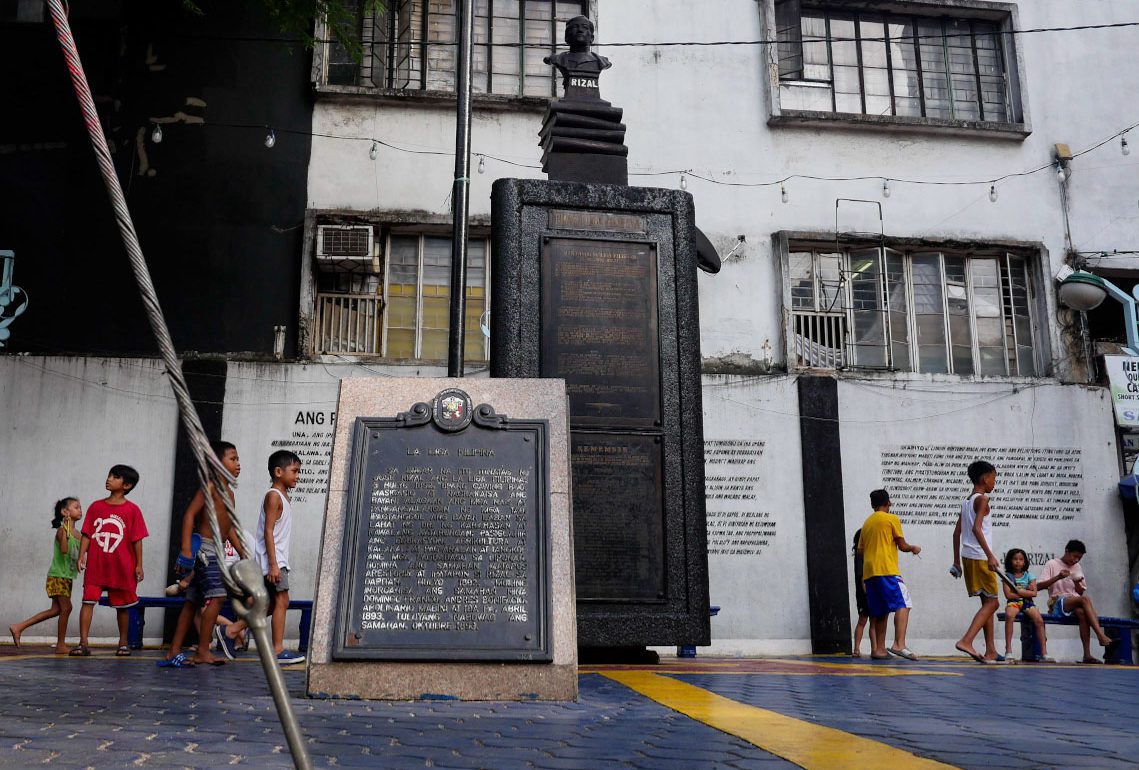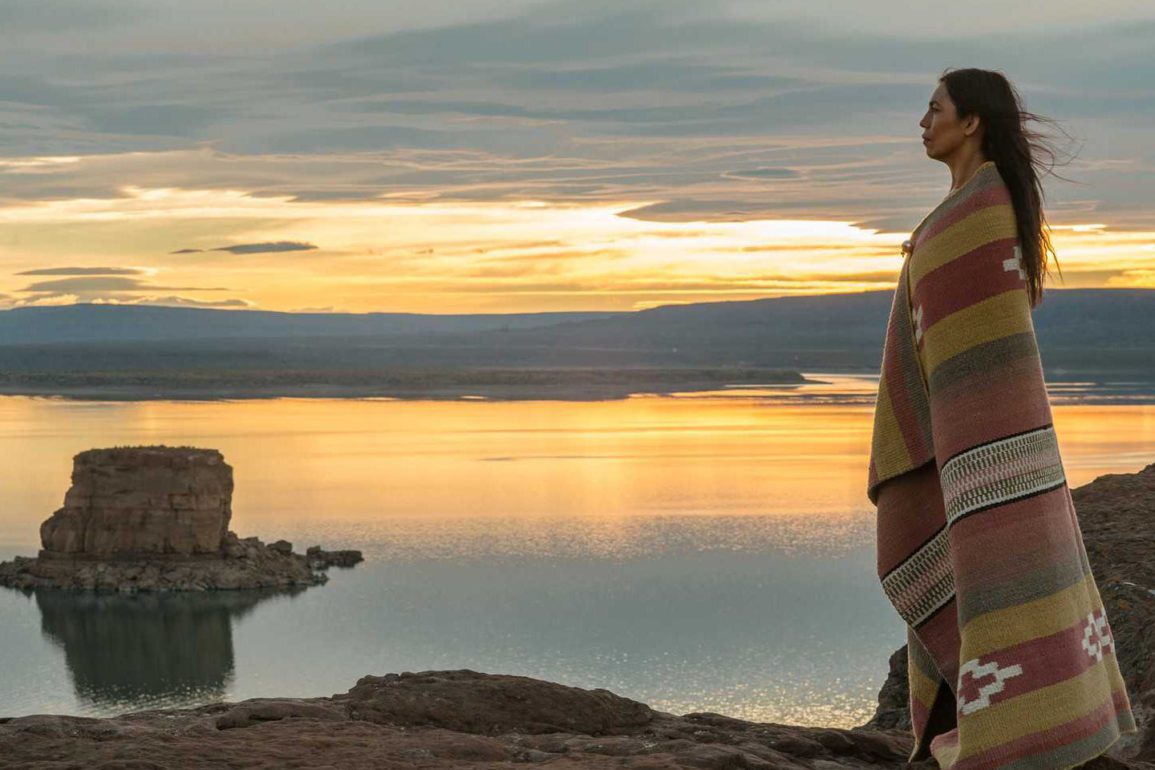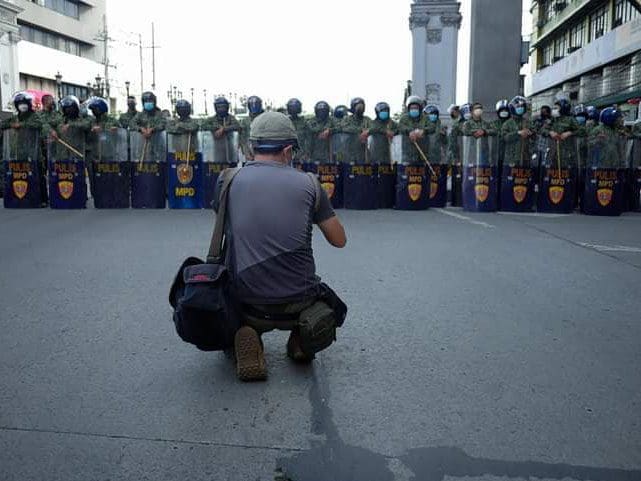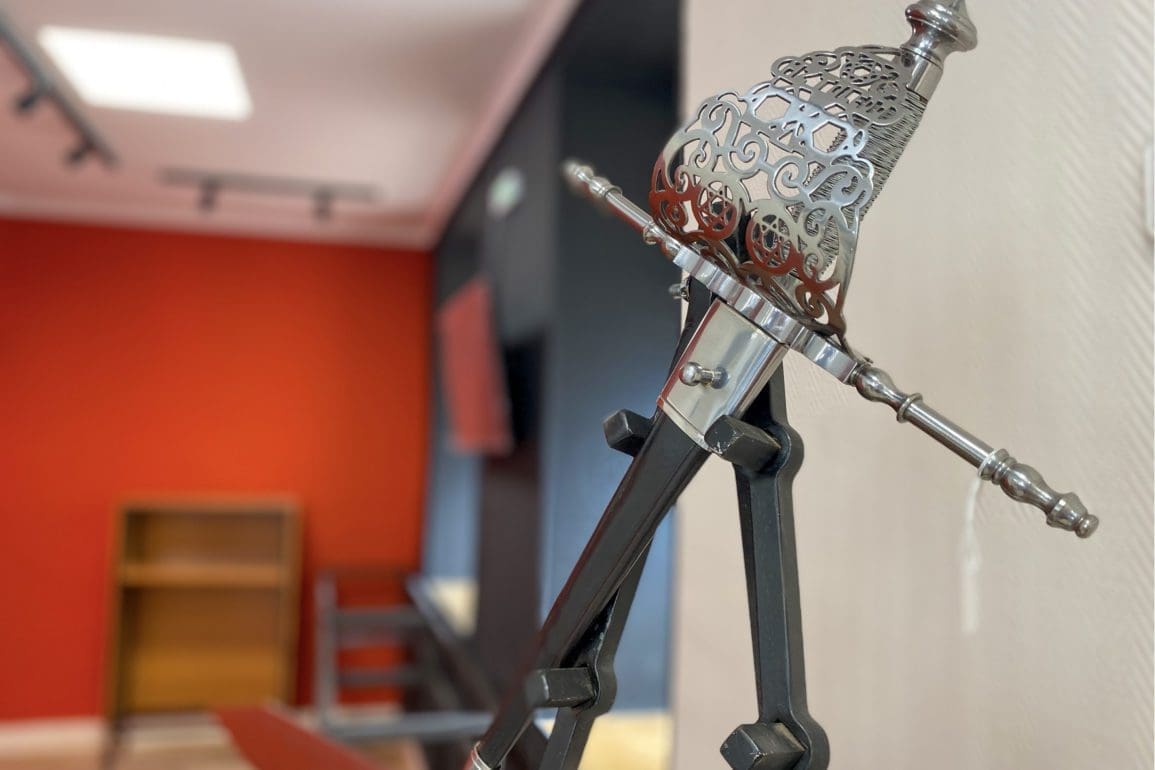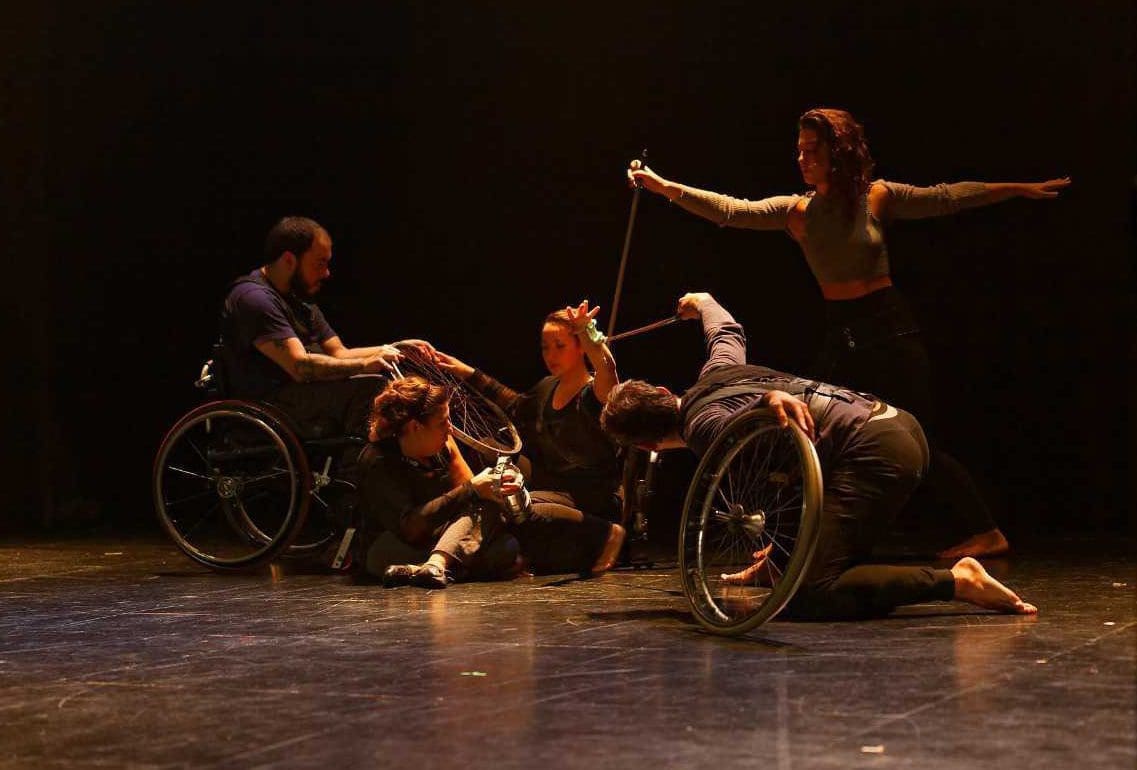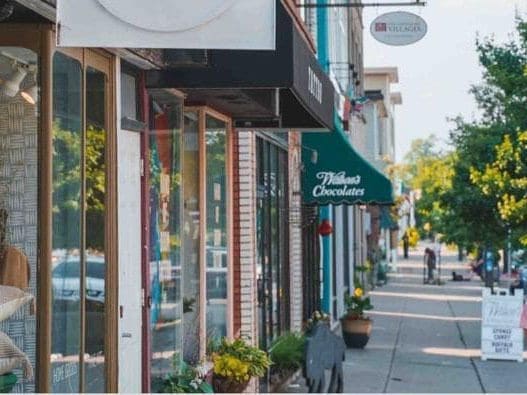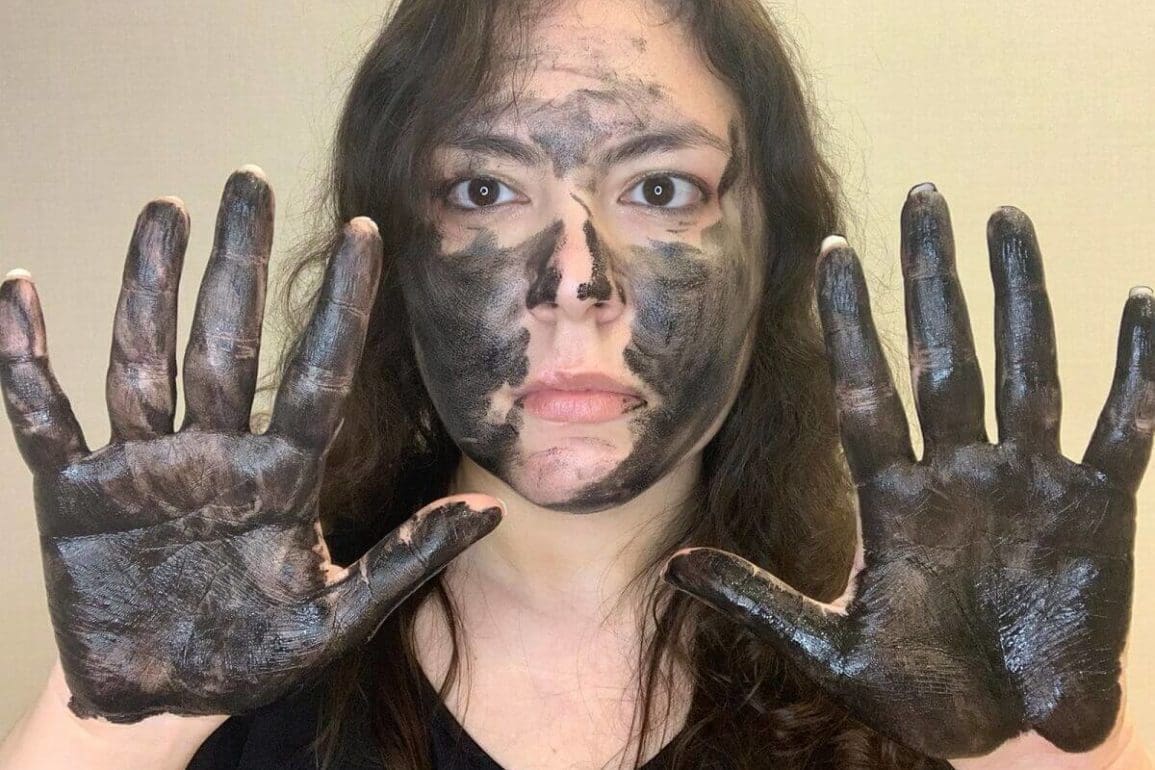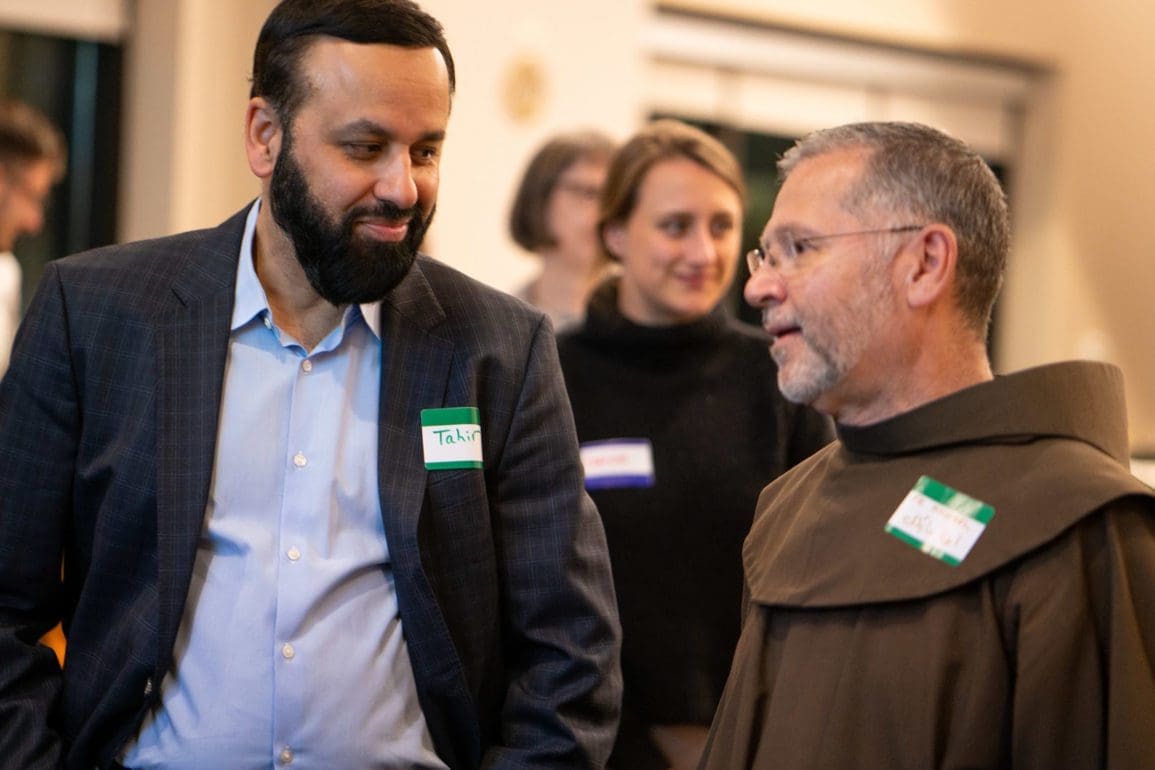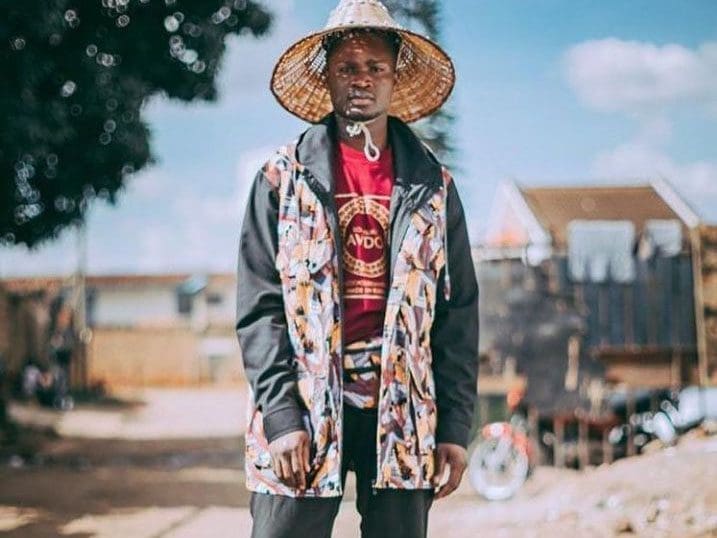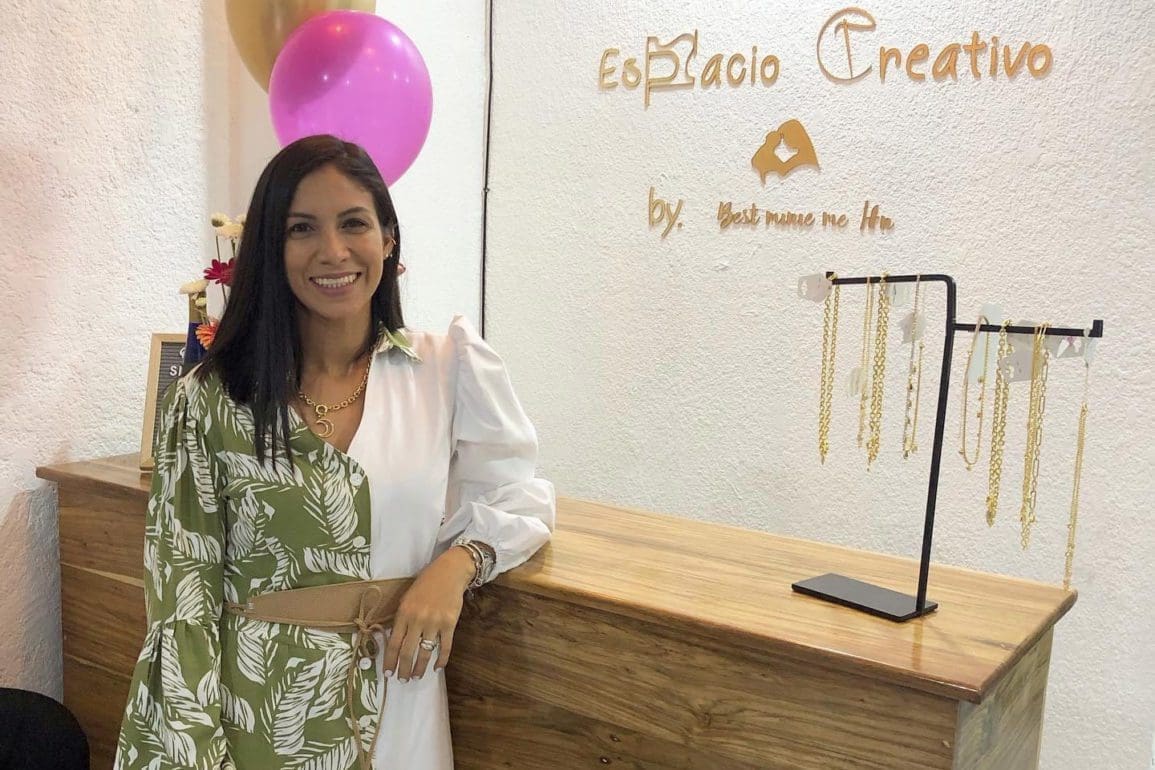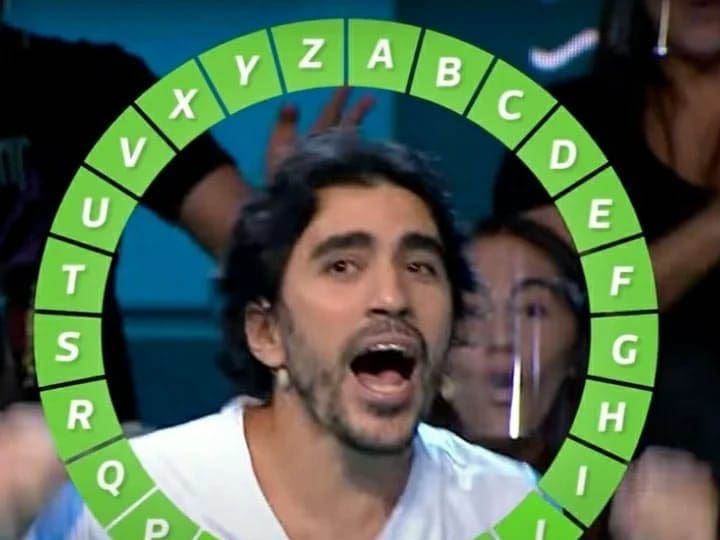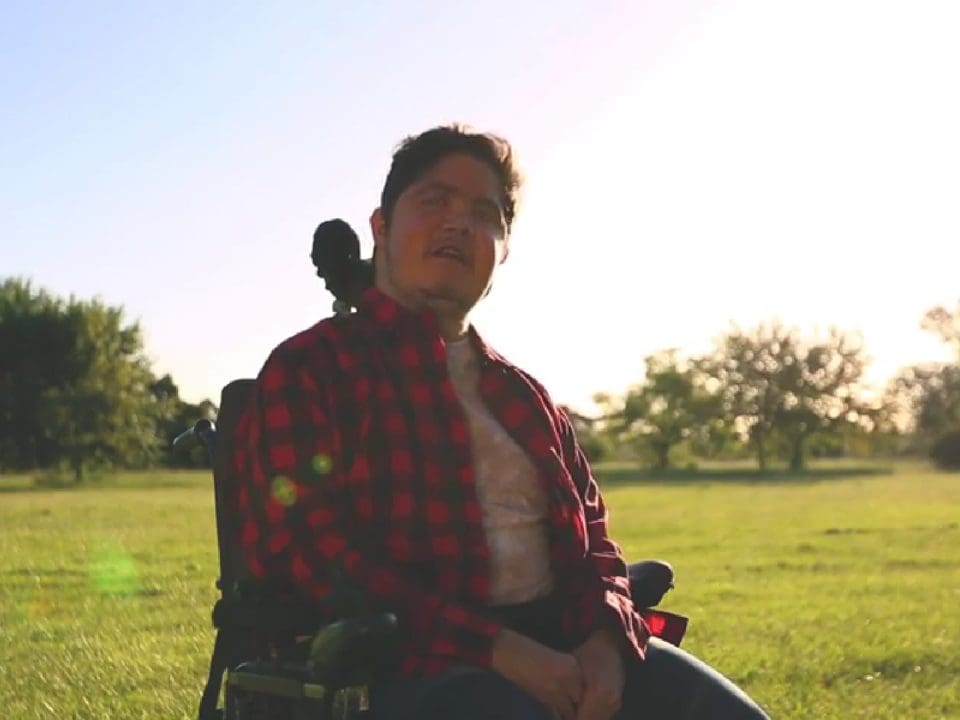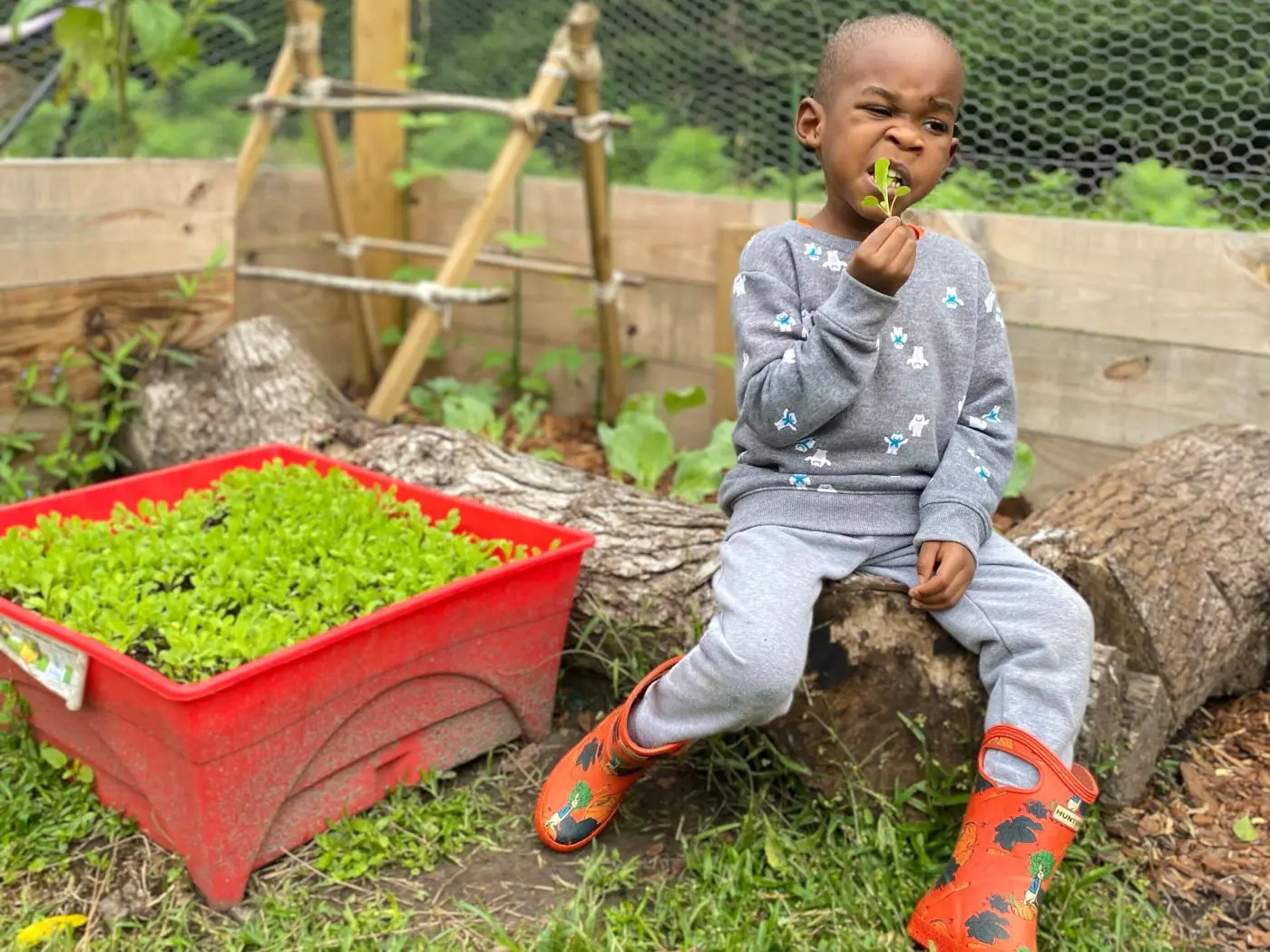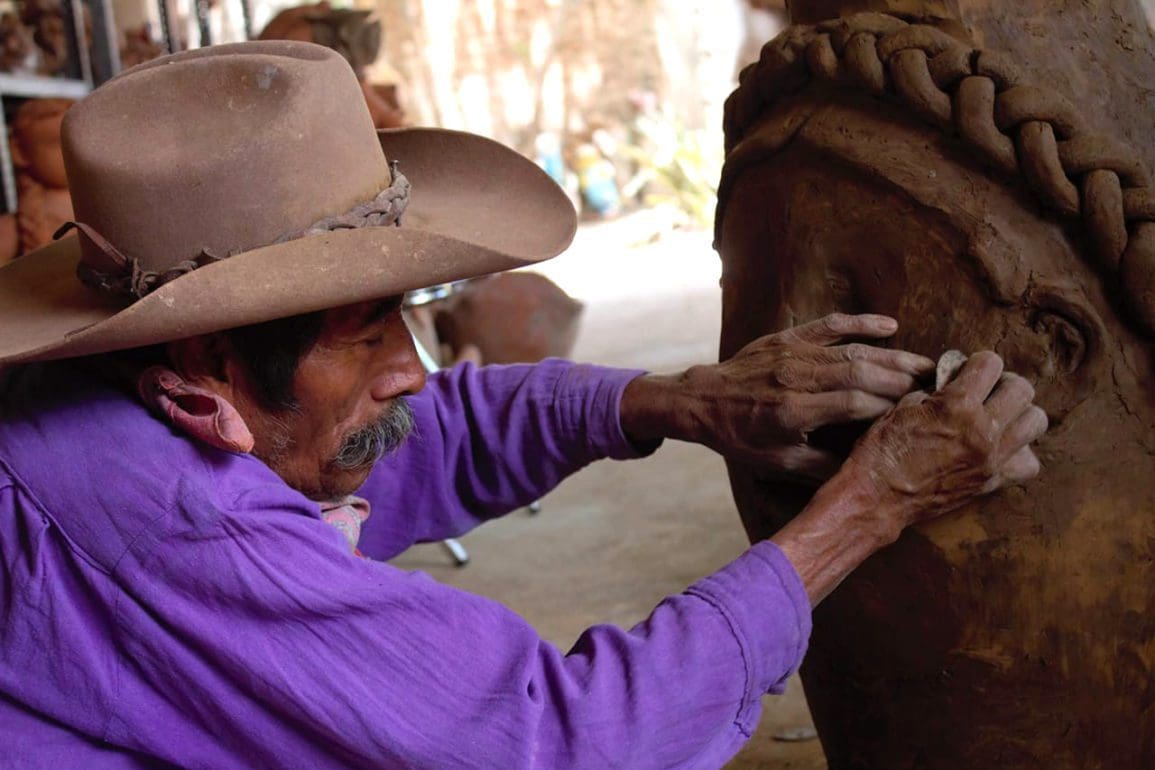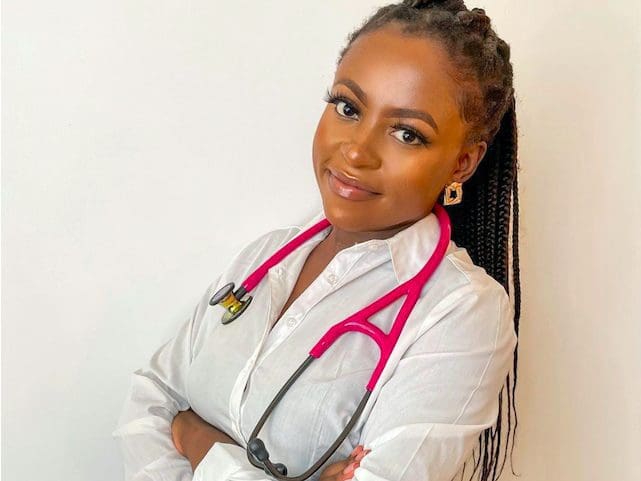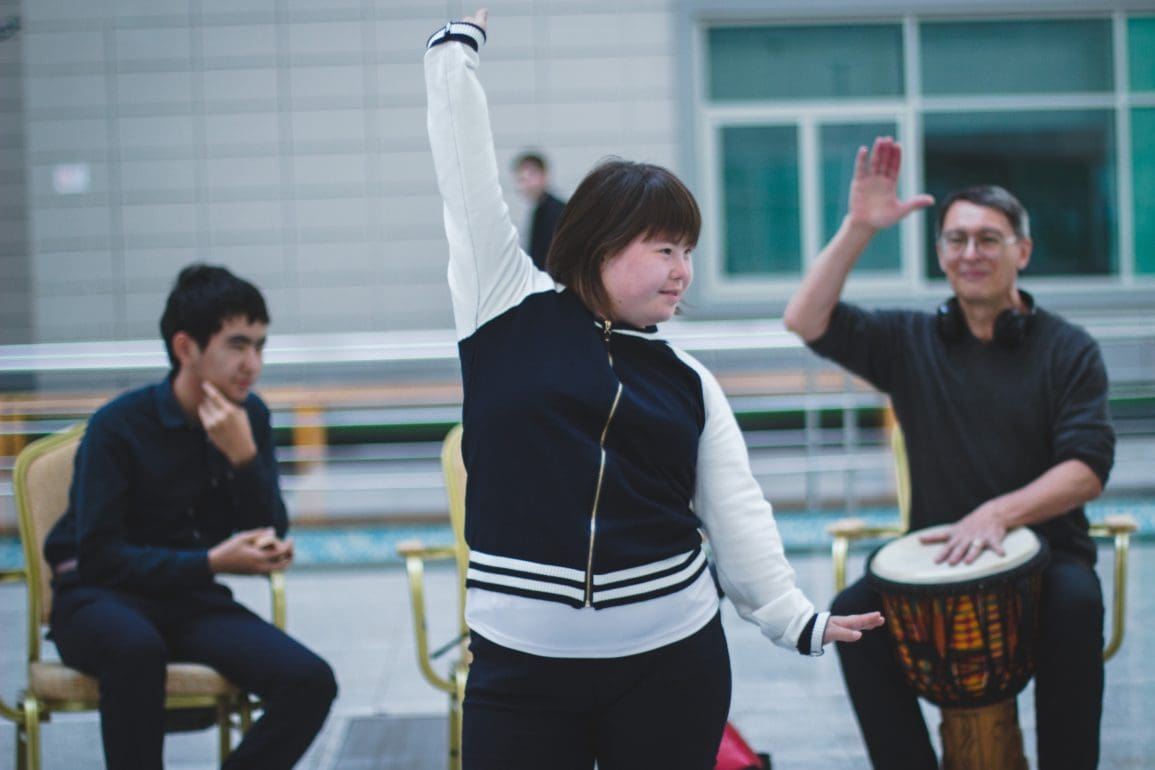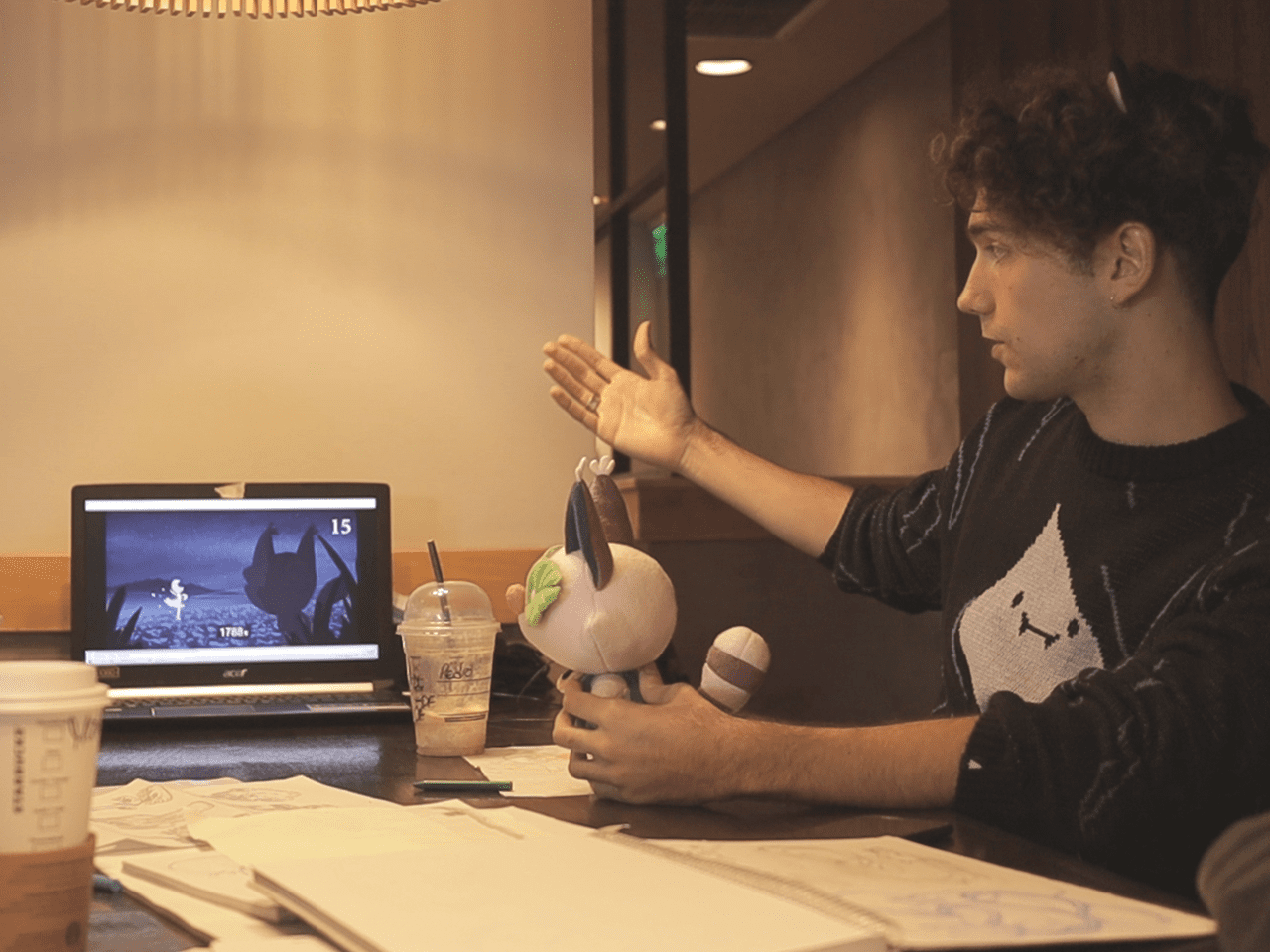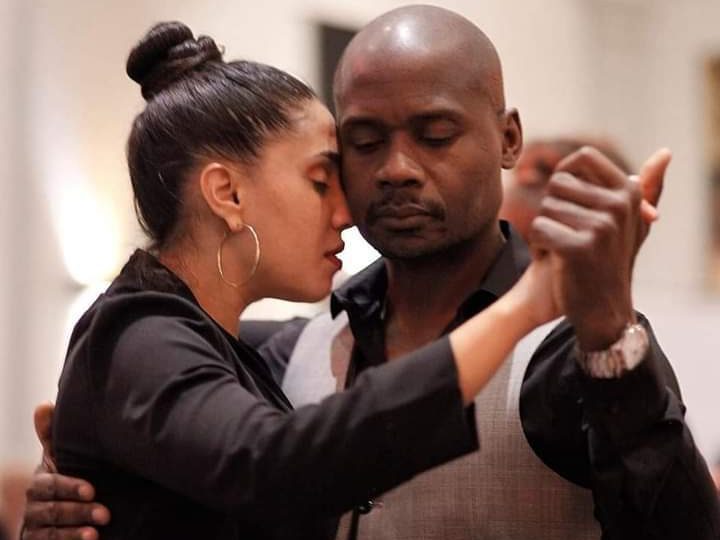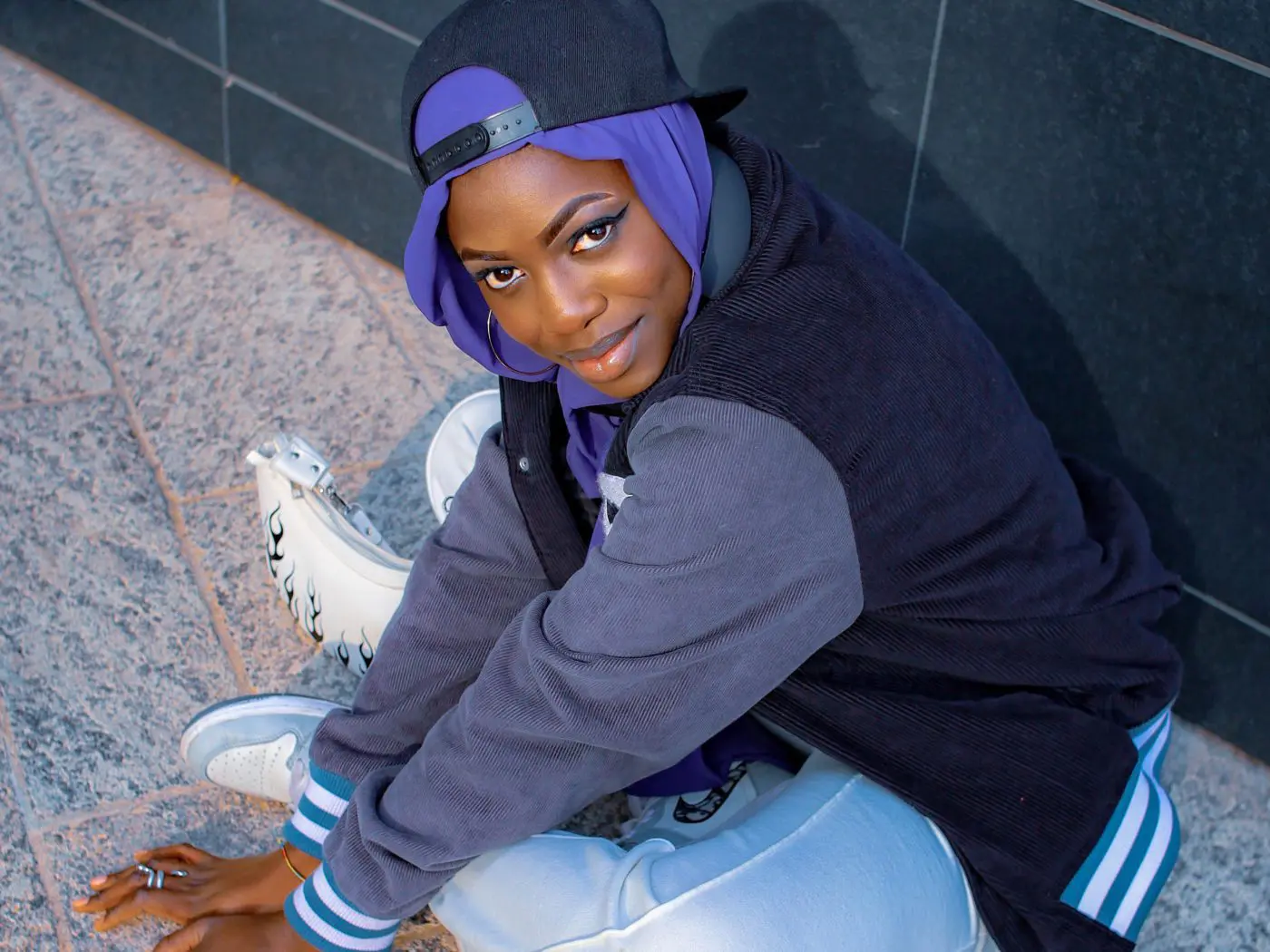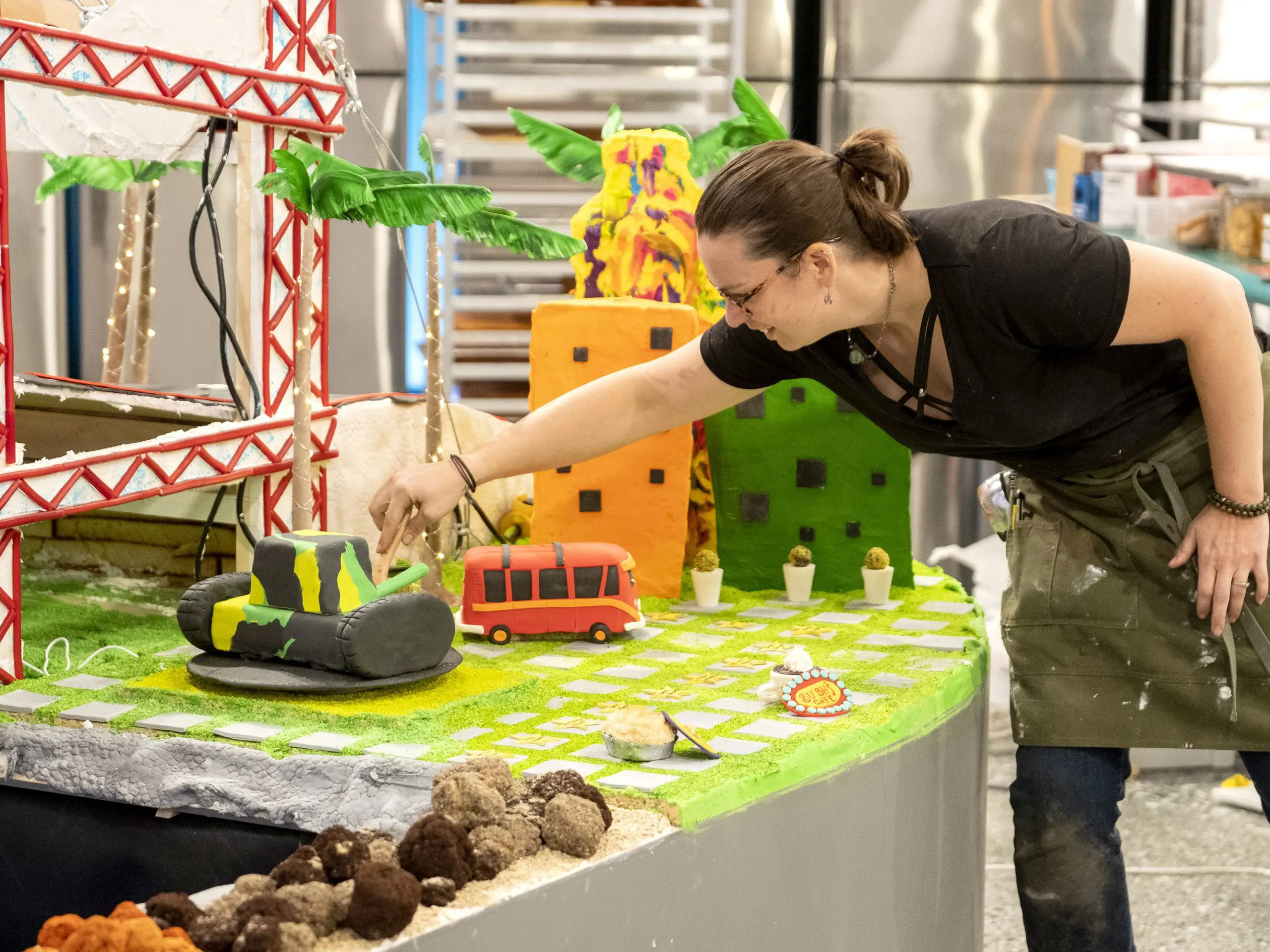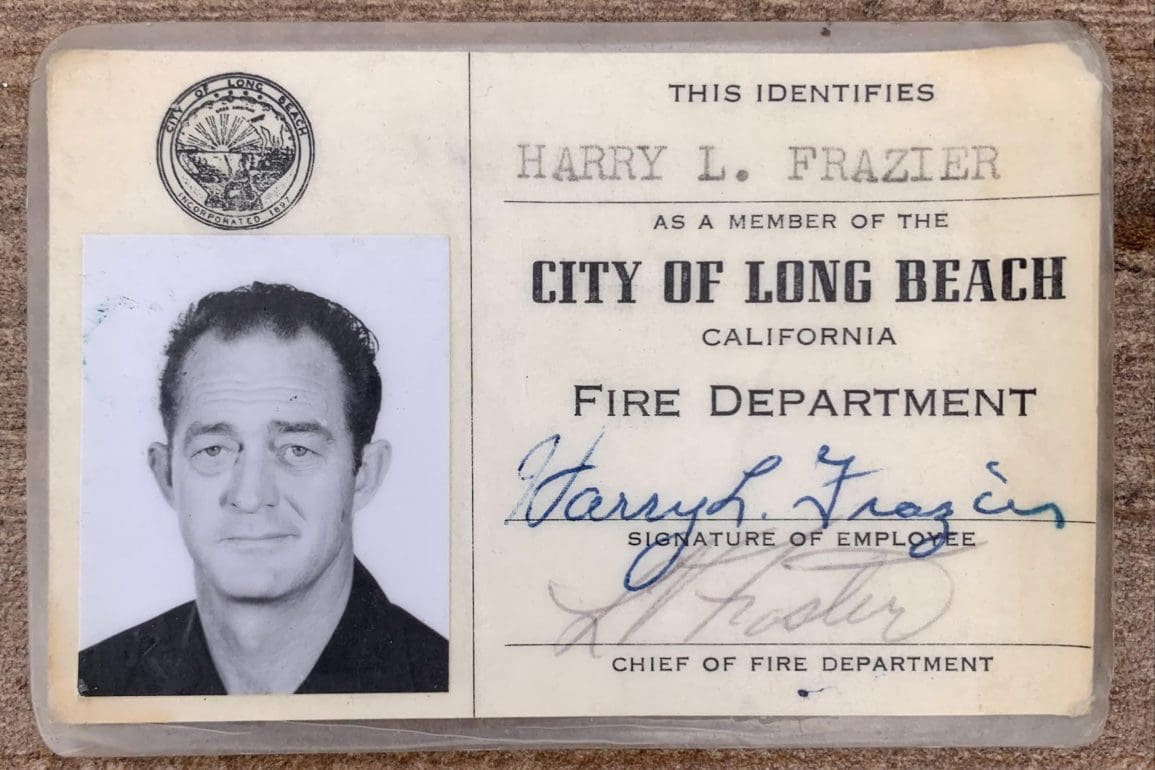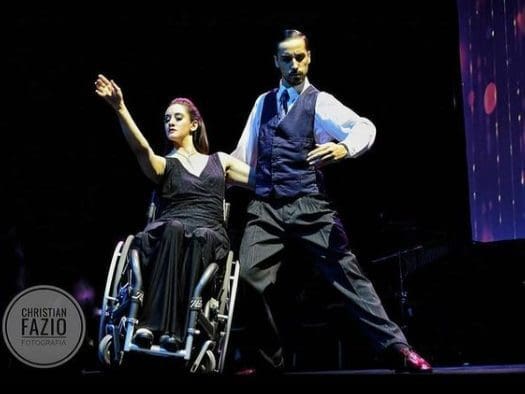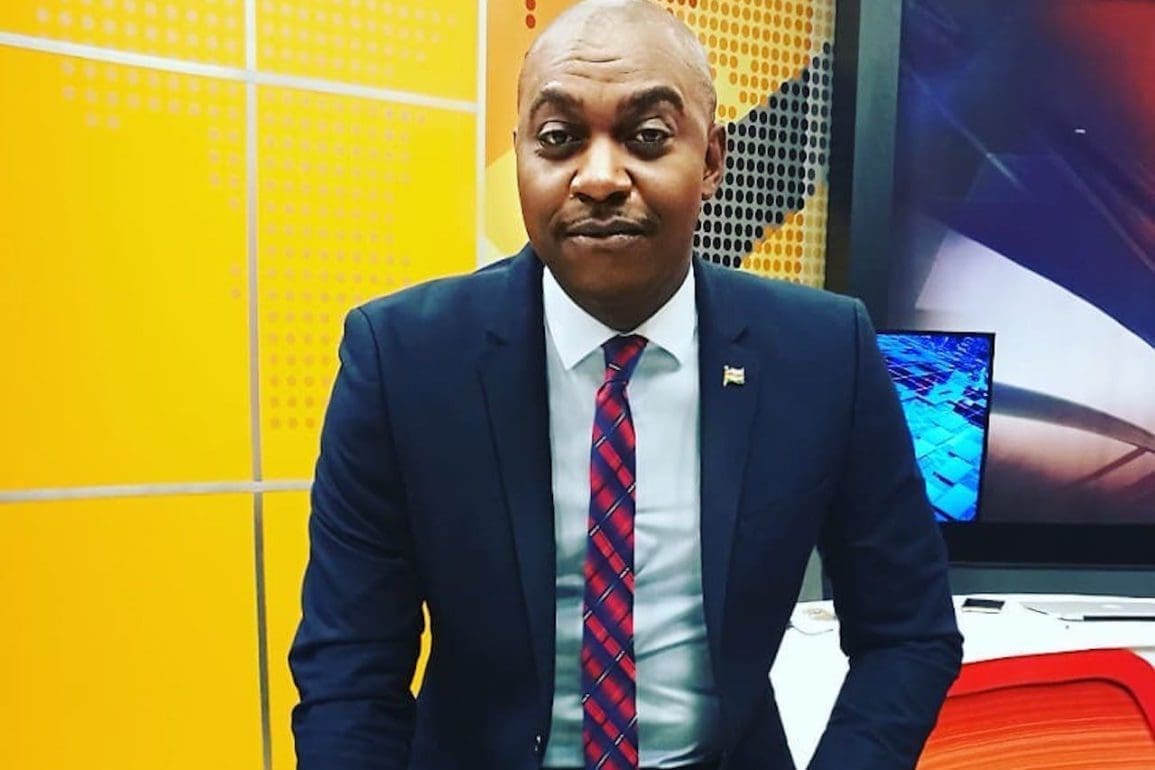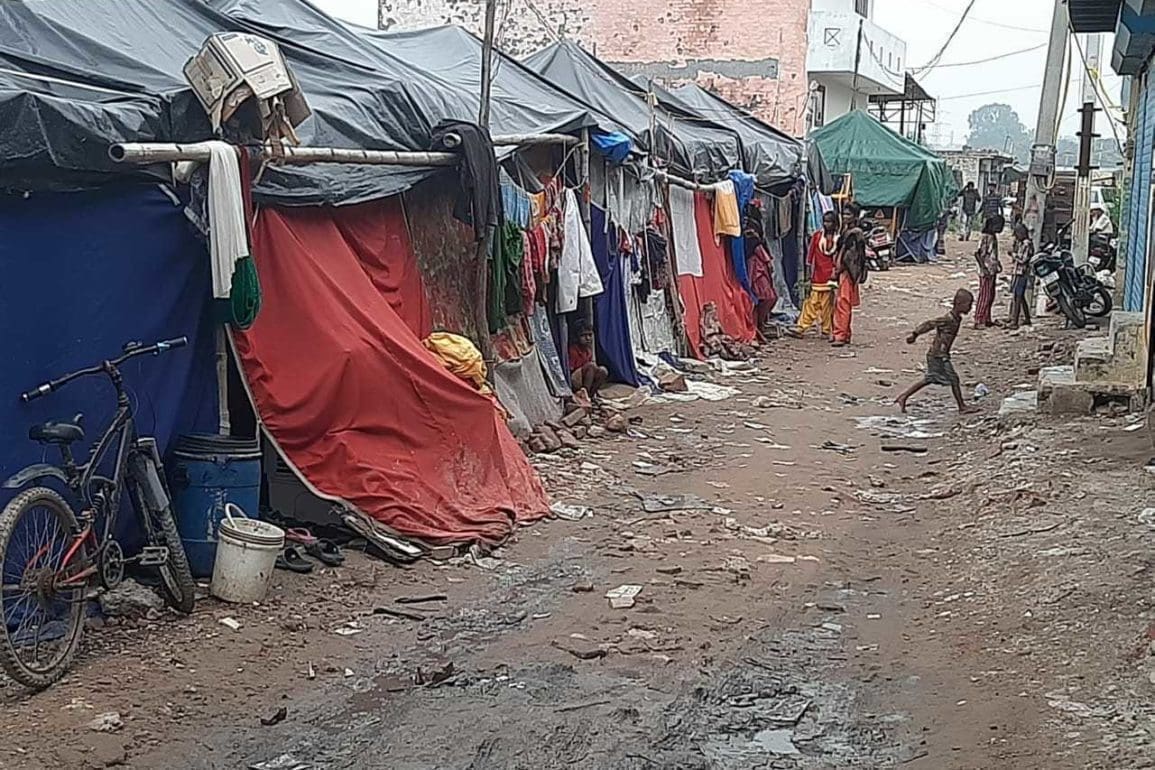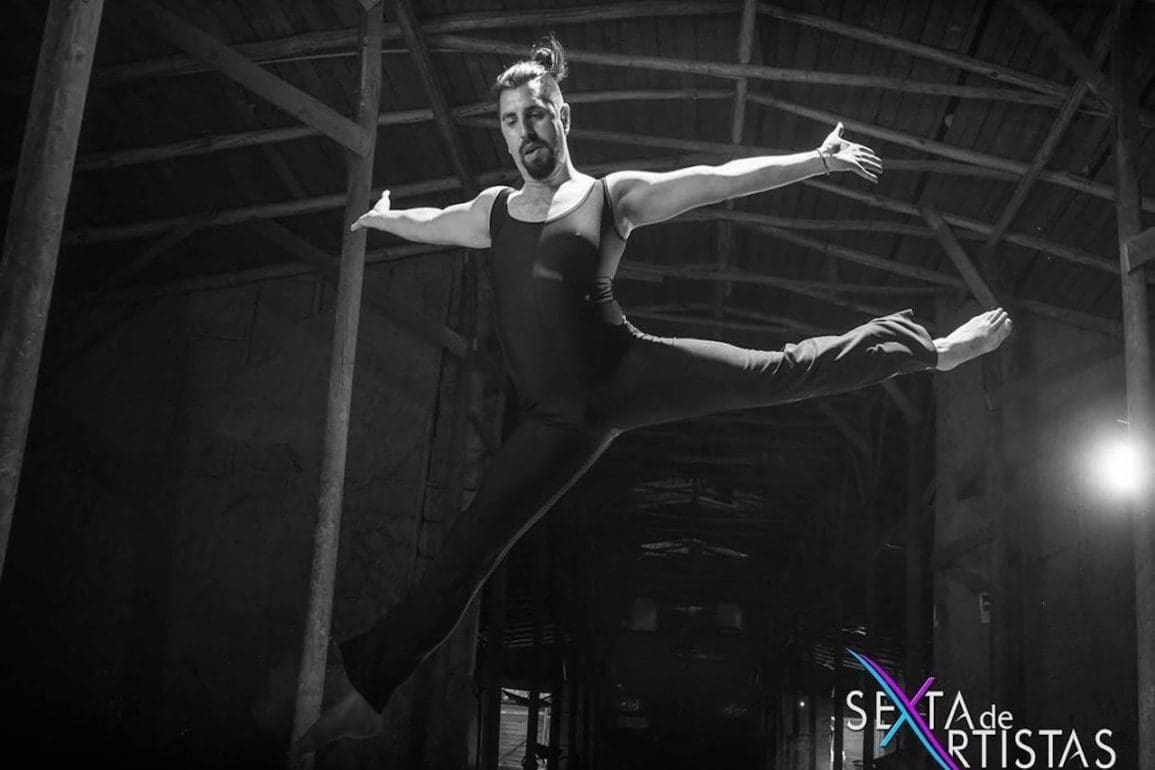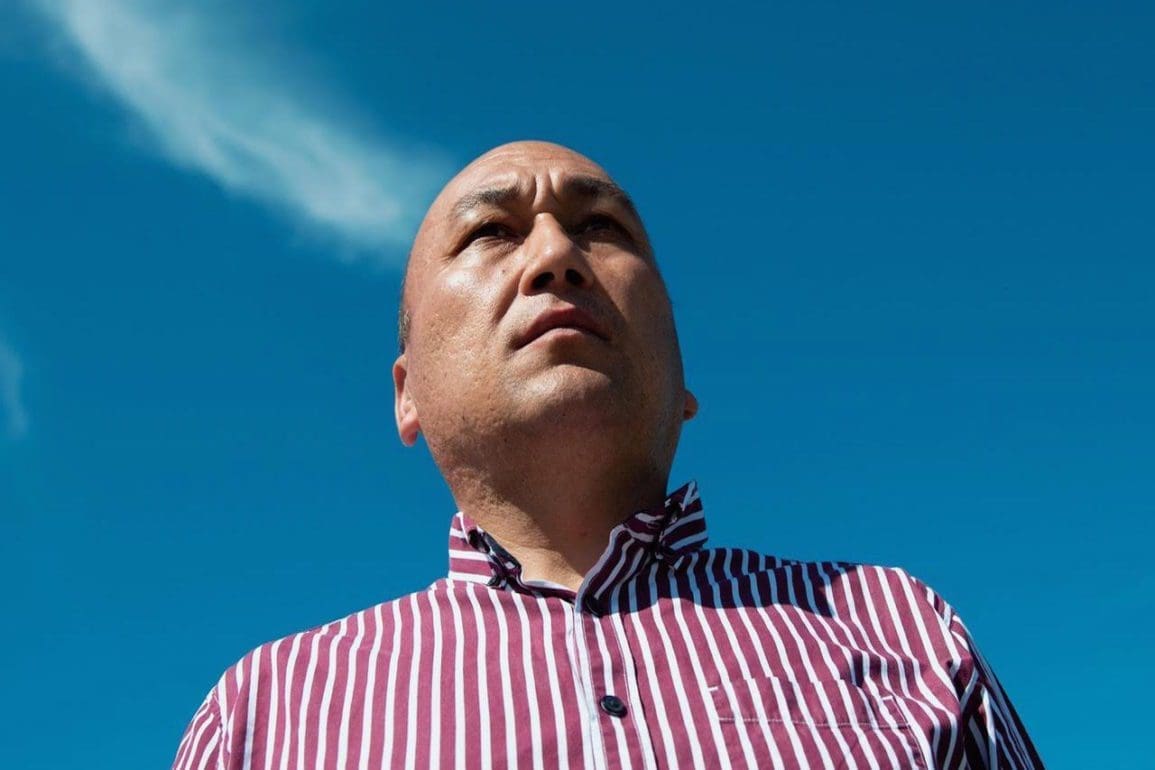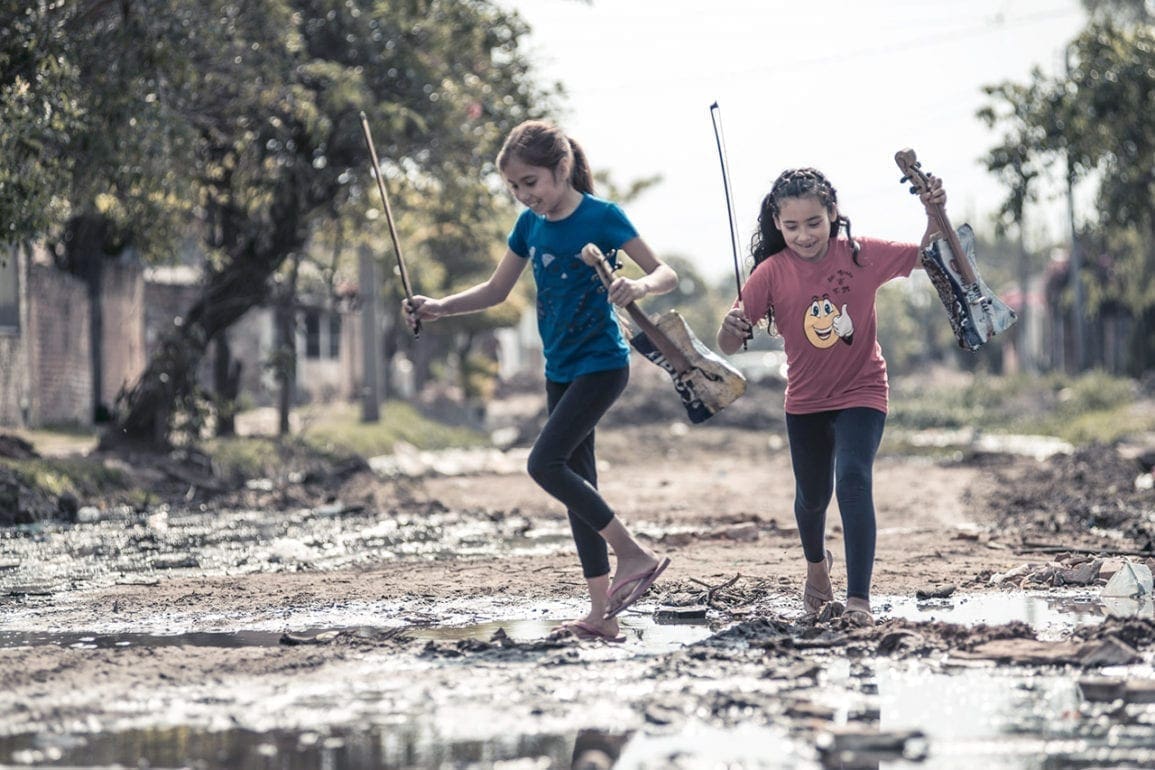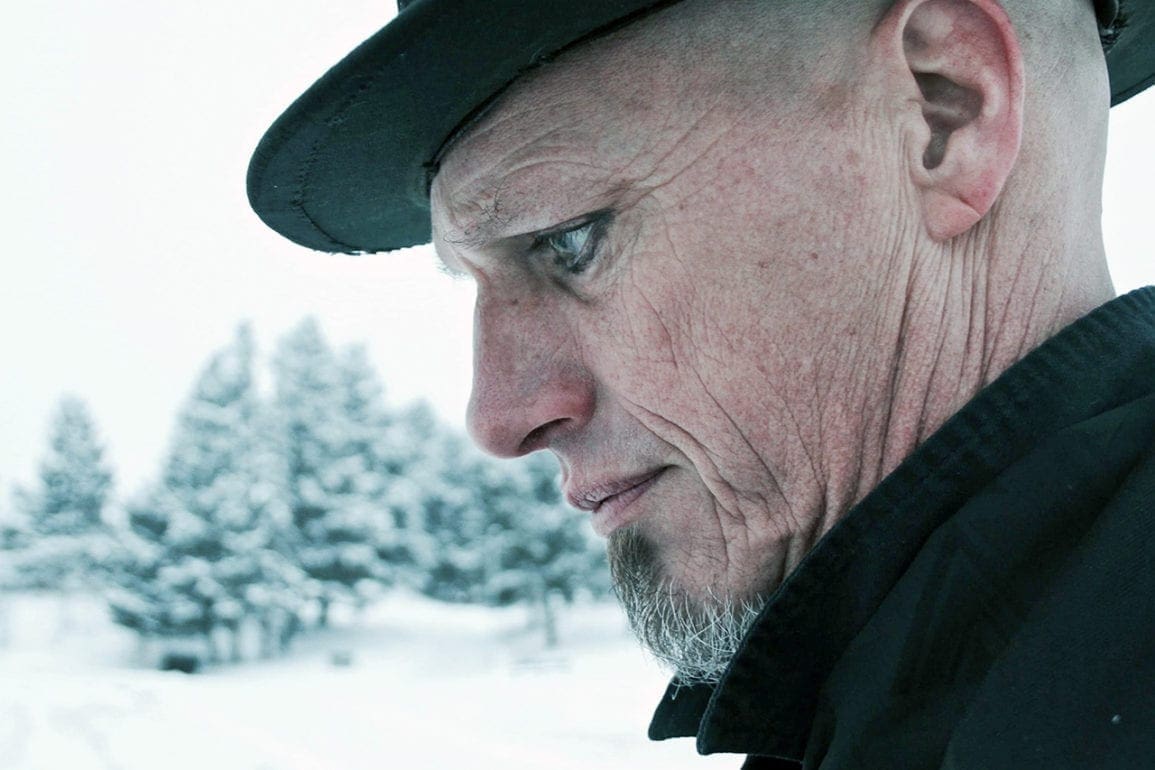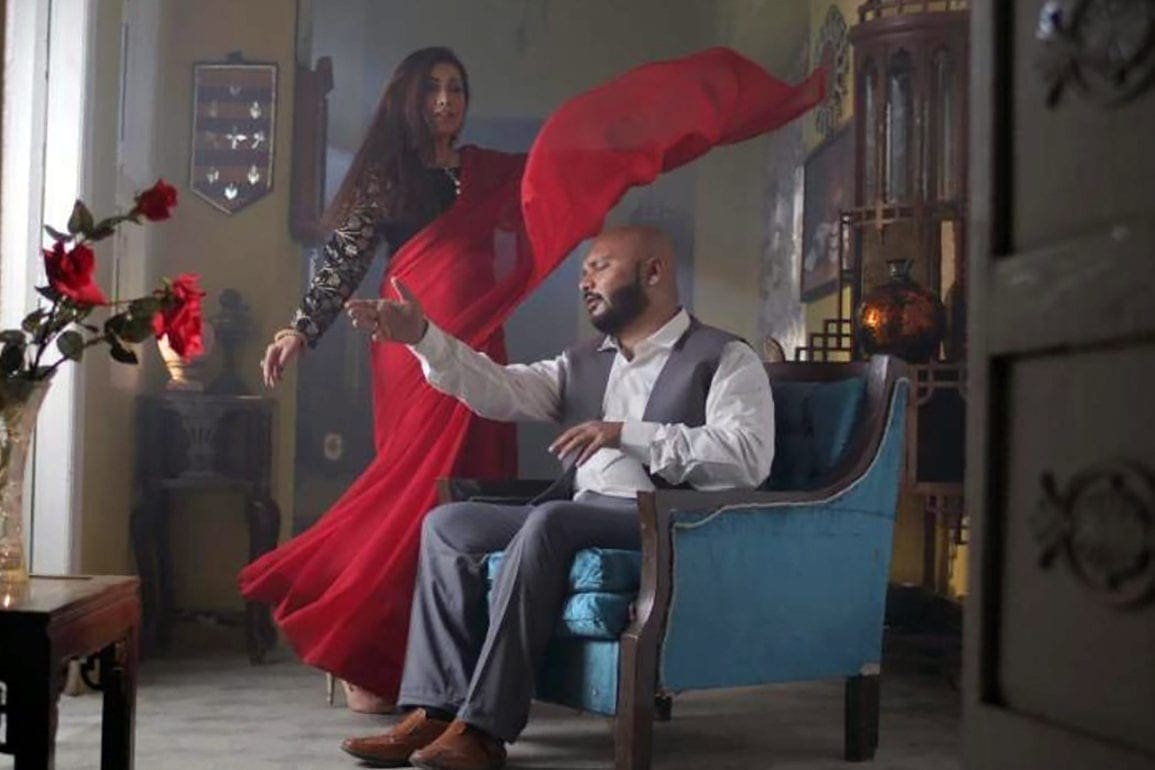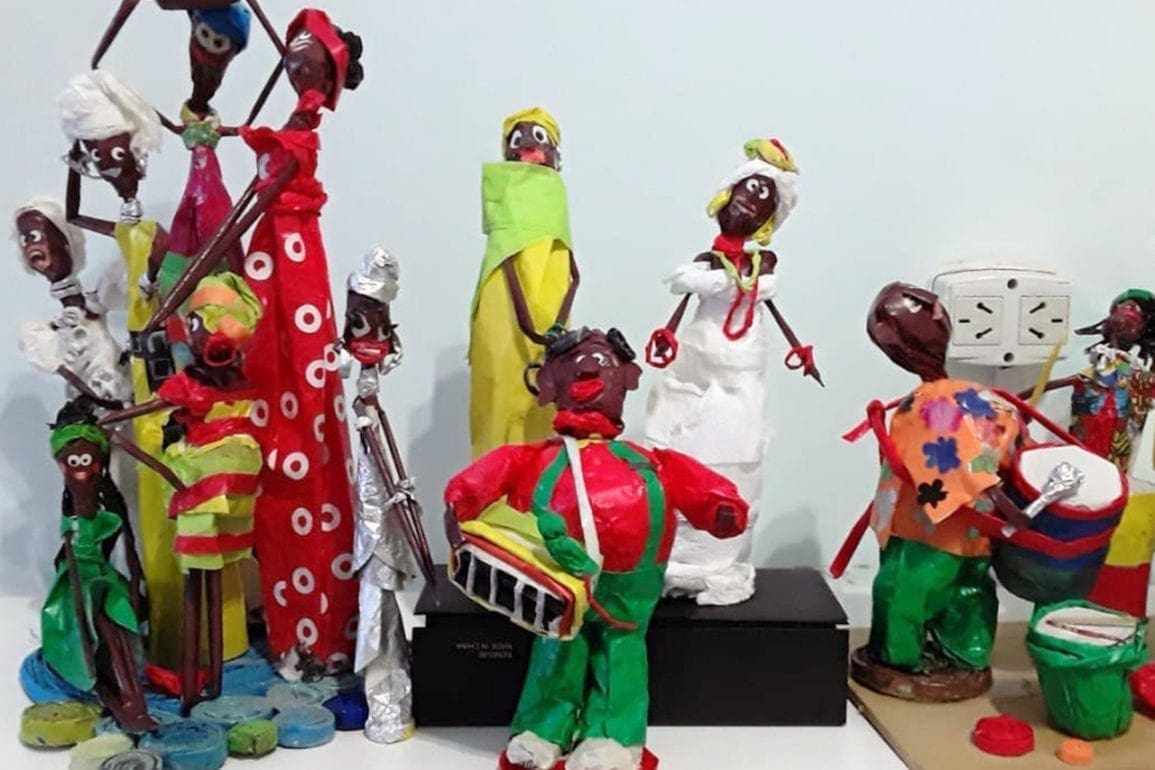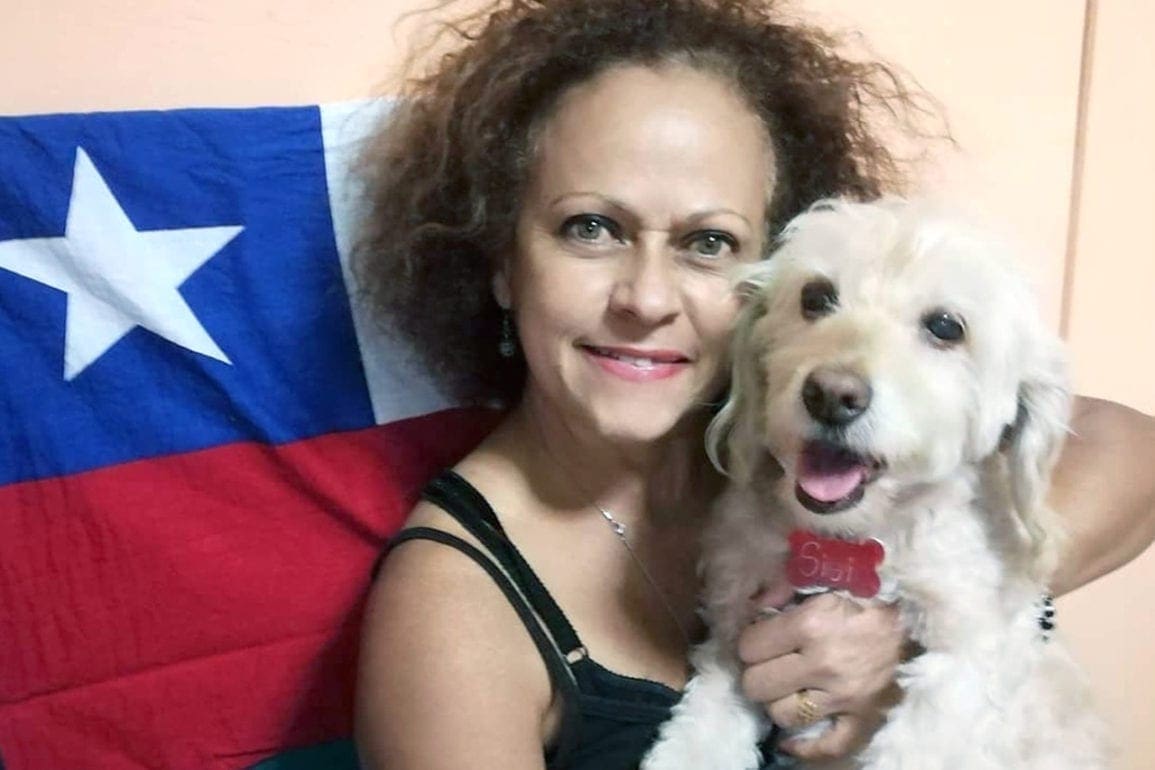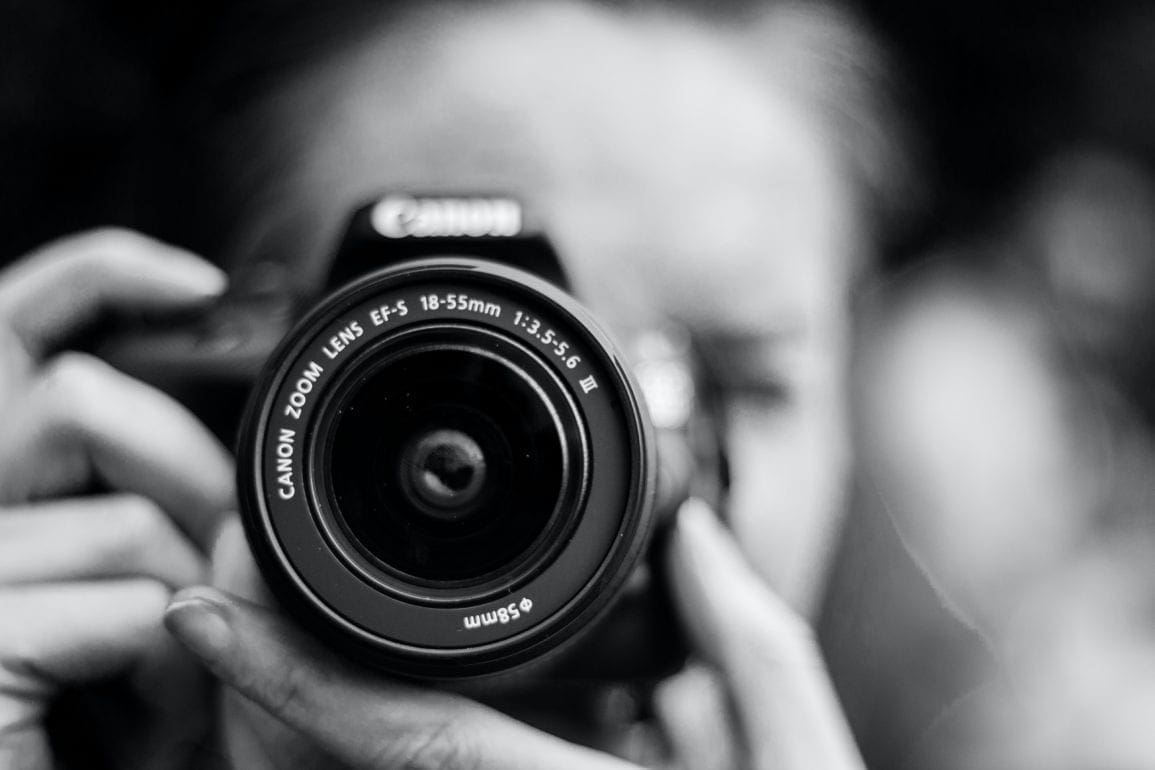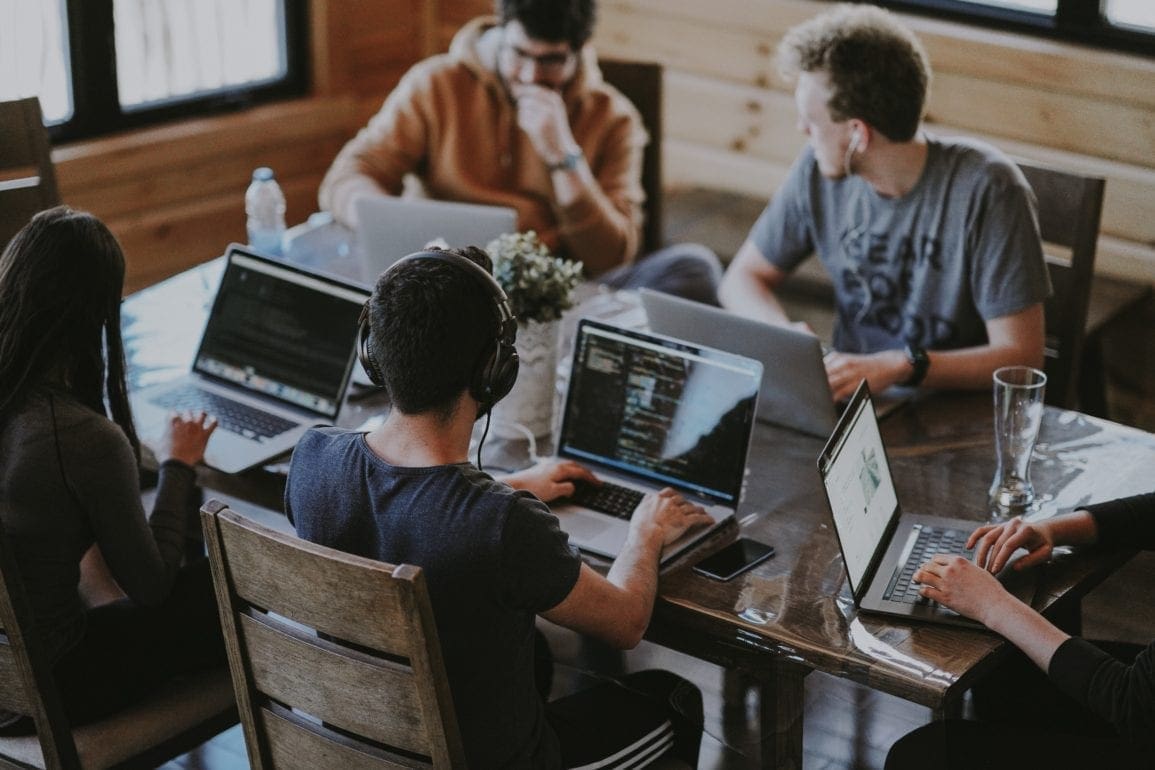Smashing stereotypes: Zandile Ndhlovu becomes first black female freediving instructor in South Africa
A sense of hope erupted inside me, and I saw my life reflected in that fish. I began to understand in the water how everything coexisted in harmony regardless of physical form or place of origin. Intensely captivated by this realization, I felt free to be myself, no longer fighting for a place to fit in because of my appearance or skin color.
- 2 years ago
May 19, 2024
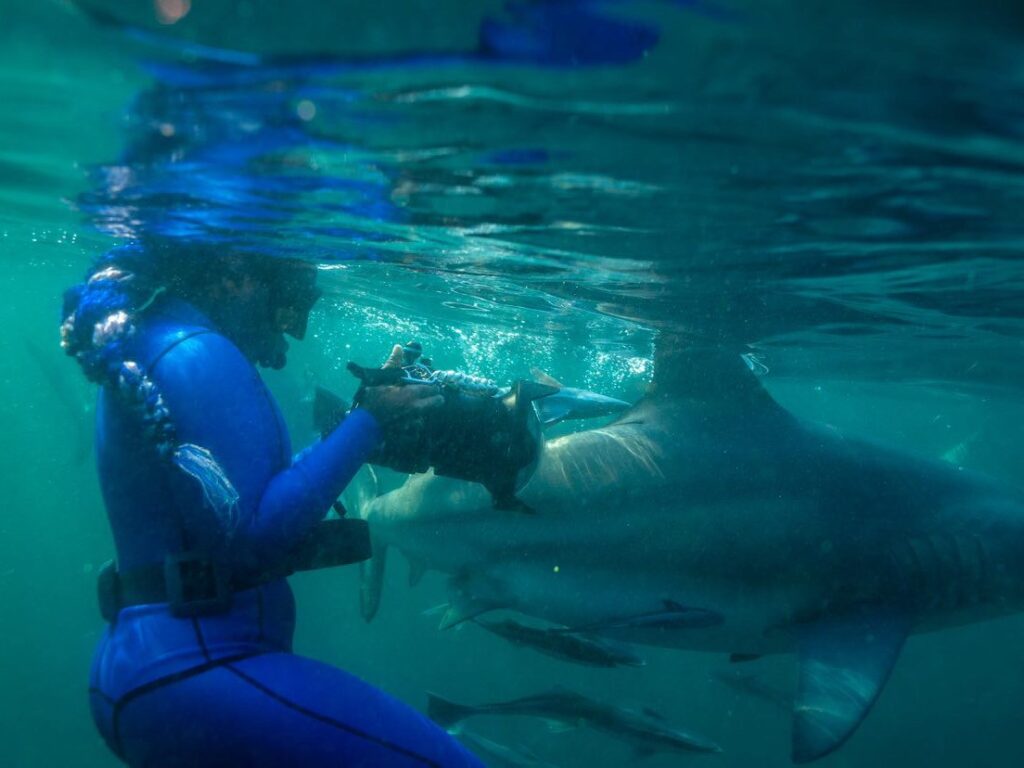
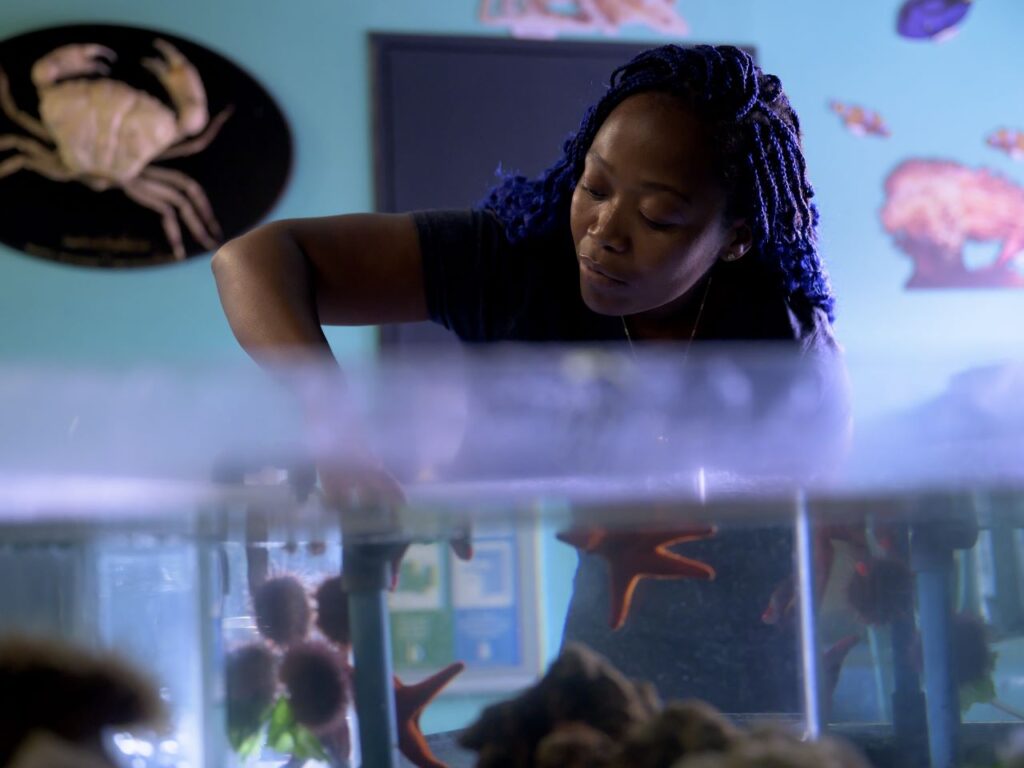
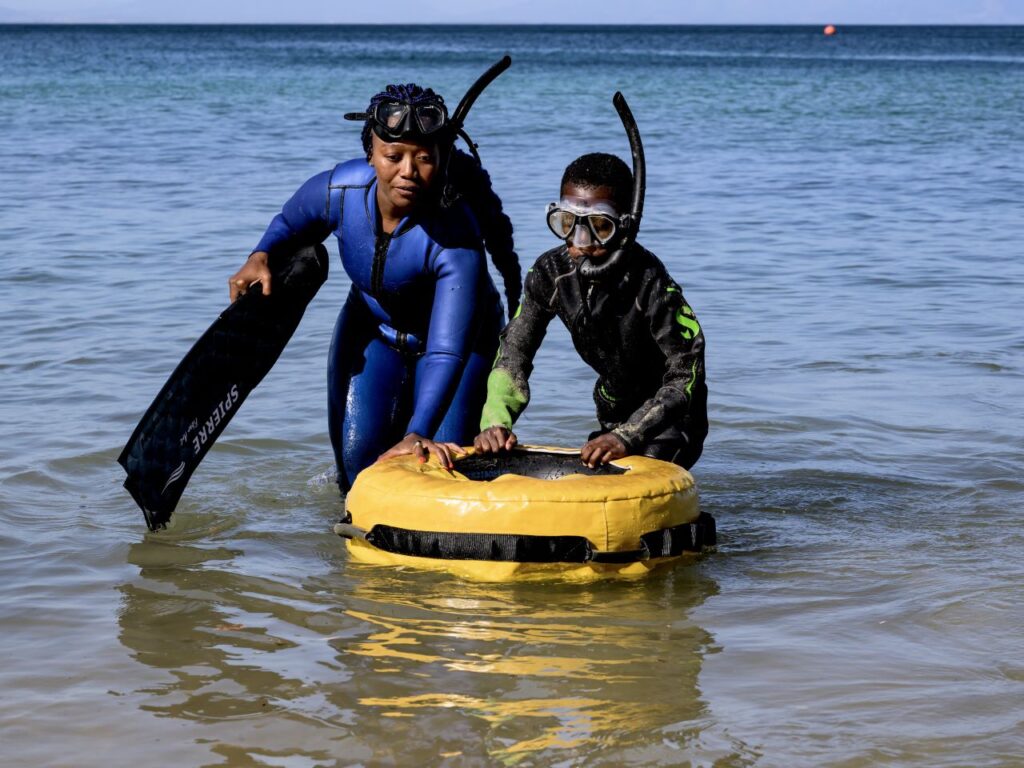
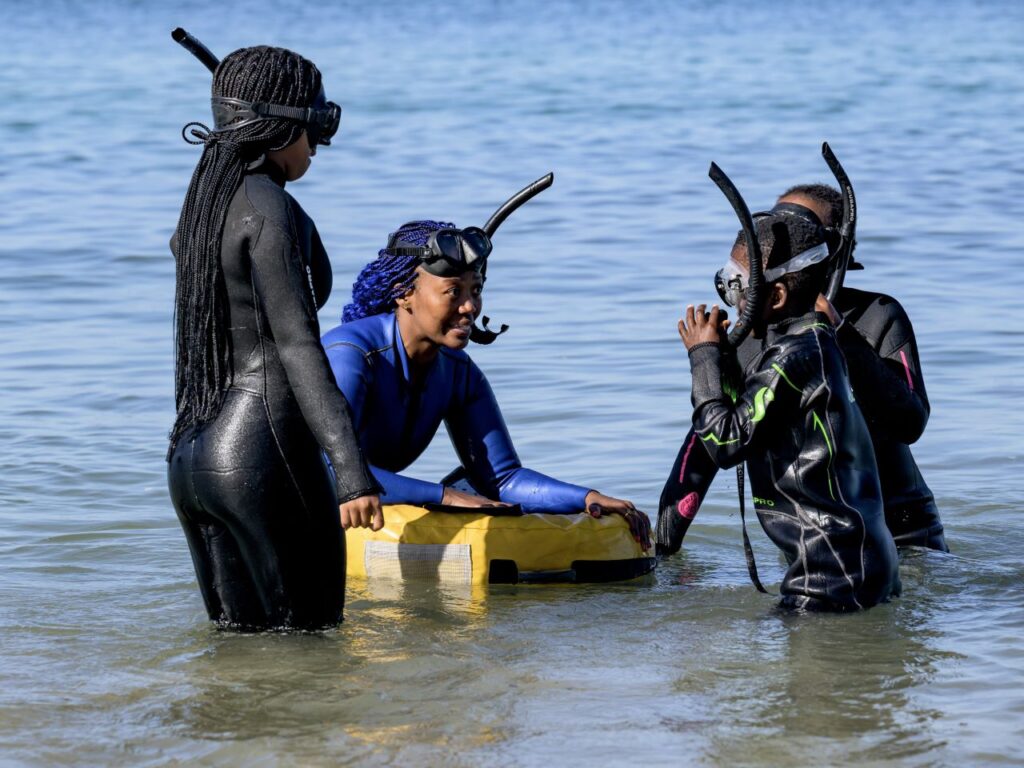
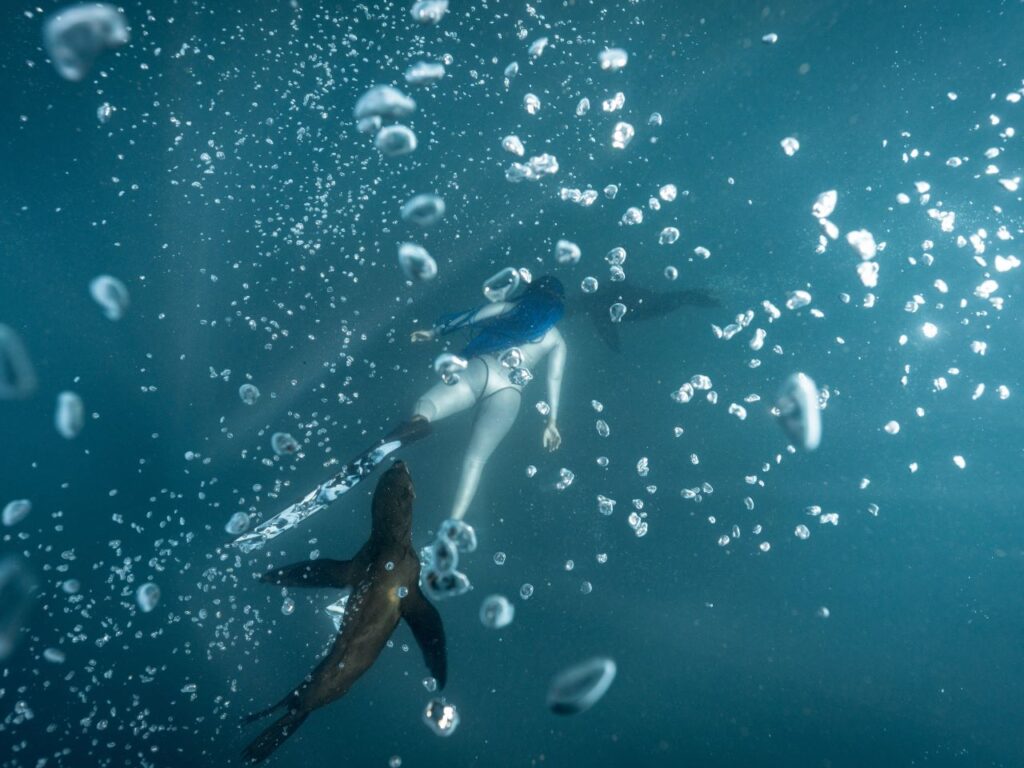
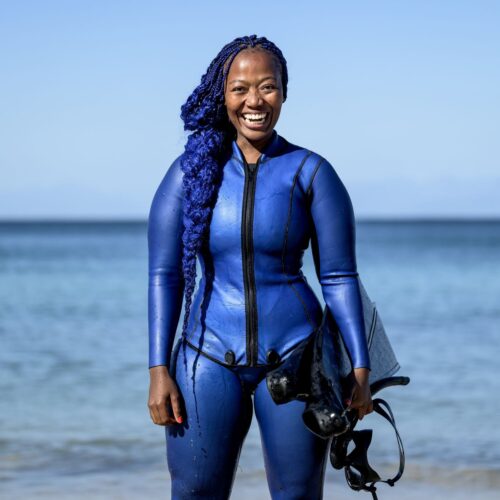
CAPE TOWN, South Africa ꟷ Born in Soweto, South Africa, the brown tone of the dirt streets colored my childhood. The soil of the roadways became a play space for my friends and I, where we passed the time until the sun went down. Upon their surface, we walked long distances back and forth to school. Six hours from the nearest sea, the rich culture surrounding water did not exist in my reality. I saw the municipal swimming pool about four times in my childhood, but never immersed myself in it. The fee of 50 cents proved too much for my family. I eventually wondered, “What is the point of that pool if so few people can afford to enjoy it?”
So it was that at 28 years old in 2016, my love story with the ocean began. Traveling to Bali for vacation, I decided to snorkel for the first time. It felt like an exciting, new adventure. At the same time, I feared what I might discover beneath the surface. When I pulled on the mask and submerged myself in the water, I began to scream. I felt like I was drowning, as if an uncomfortable force pulled me deeper by the heels. The instructor looked in my eyes, trying to calm me. “Nothing will happen,” he said, “You can’t drown.” It took me a while to calm down and adapt in this completely new space where an intense blue replaced the brown colors of my childhood.
Read more stories on race from around the globe and check out these interesting ocean features from Orato World Media.
The ocean gave her a new way to fit in the world: woman becomes first black diving instructor in South Africa
As I relaxed in the water that day, I began to follow the group. Submerging my head, I left the surface as if a door to a new world opened up in front of me. I felt the intense blue of the ocean as colorful fish surrounded me. Amidst the corals, a group of yellow fish swarmed around as the sun’s rays penetrated the water. It felt magical.
As I dove, my eyes followed a moray eel that entered the coral. At that moment, I understood beauty takes many forms and can appear very differently. A sense of hope erupted inside me, and I saw my life reflected in the fish. I began to understand in the water how everything coexisted in harmony regardless of physical form or place of origin. Intensely captivated by this realization, I felt free to be myself, no longer fighting for a place to fit in because of my appearance or skin color.
After returning from that incredible trip to Bali, my world turned upside down. I felt like a new person, more confident in myself. Suddenly, I had new things to believe in and to trust. In the sea, I found my truth. For so many years I tried to fit into the world and adjust to a role I didn’t want. Now, I hoped to leave my mark; to create change. The first step involved realizing something wasn’t right.
In my culture, we possessed no sense of belonging to the ocean. Black people often felt displaced from it, a sense strongly rooted from the colonial era. I wanted to change that; to make it known we could belong to the other side – to the marine world. So, in 2020, I became the first black female freediving instructor in South Africa.
New opportunity as black diving instructor brings opportunity and discrimination
When I pulled on my neoprene suit, I quickly realized it fit my body improperly. The suits were not designed for people like me. When I prepped for a dive, people often acted surprised to see me. They asked “Are you going to go underwater with so much hair?” I knew my differences but felt shocked by the world’s need to constantly remind me. If often felt like they were forcing me to see that I did not fit.
As my journey in the ocean continued, I learned not to care. Rather, I honored my identity and my body. In doing so, I became immersed in the wonder of the ocean, capable of making a difference and creating change in the world of diving. Yet, to do so, I needed to face the language barrier. In South Africa, the predominant commercial language remains English, but people speak 11 more languages throughout the country.
Navigating the diving industry, I encountered courses where they only spoke Afrikaans, leaving me unable to communicate. It dawned on me, I need to incorporate English in the industry so people like me feel welcome. I remember being on a boat with a group of friends who knew when they spoke Afrikaans, I could not understand them. They spoke English but choose not to. Their decision left me to the side, exiled from the conversation. It felt like a display of power: they had it and I did not.
When I said, “I don’t understand what you are saying,” one of the men put his hand in front of my face to silence me. A sense of emotional pain and abandonment settled into my spirit. Reflecting on that day, I came to understand the power hidden in communication.
Introducing children to the wonders of the oceans
Hoping to create opportunity from inequality and injustice, I wanted to bring my community into the marine world; to make it accessible to others. With this in mind, I built the Black Mermaid Foundation, providing diverse representation to ocean recreation.
In an effort at representation, I shared the message that black people can be in the ocean – we exist. Seeing people who look like you doing something you thought was impossible became critical. My best moments include taking children into the ocean. They start out fearful and soon discover the wonders beneath the surface, as I did. Tears run down my face as I watch their fear transform into curiosity and excitement.
Watching them swim and play proves the value of my work. As the light bounces off the water, illuminating their brightly shining eyes, laughter erupts from their smiling faces. Their initial terror seeing the sea for the first time comes simply from lack of knowledge. The sea remains a mystery for them and I seek to bring that mystery closer; to show them the immensity of the ocean. Something previously unviable becomes a normal part of their lives.
In particular, when I met a shy orphan from Langa named Sia, it seemed he may never talk to me. On the day we met at the ocean, everything changed. From his first contact with water, he displayed passion. In Sia, I saw myself. In the water, we found a comfortable place we had never found on land. I want more people to experience how the sea can be free of prejudice and barriers; where freedom becomes paramount.
Dreaming of future without prejudice, unburdened by stereotypes
Sometimes, Sia and I race. His eyes reveal ambition and a strong desire to improve. He wants to understand everything the ocean has to tell. Sharing my happiness and witnessing his reaction feels priceless. When I think of his future, a sense of excitement fills me, as immense as the ocean itself. At the same time, some people still view me as incapable. They question me while knowing nothing about me. This is my experience as a black woman.
Once when I attempted to rent a boat for a group dive, the attendant acted as if I was incompetent. He assumed I knew nothing, explaining things I already learned. It saddens and exhausts me to acknowledge I cannot teach all the time; sometimes I must prioritize my peace of mind. I want to enjoy experiences and rest so at times, I turn a deaf ear to the prejudice I encounter. Trusting in allies – those who react to racist situations – strengthens me. I don’t always have to do it alone.
I see two perspectives in this world. The first says black people cannot be of the water. The second says we are like anyone else. We walk, live, and exist in a world with oceans. Believing it is only a matter of time before we live together in a single narrative, devoid of categorization, I long for a world where my body is unburdened by assumptions and stereotypes. I dream of a day we can laugh out loud, hug each other, and live together with respect and freedom.
Future projects I envision include constructing ocean centers through the African continent and along the coasts of South Africa. These centers, inspired by the sea, will offer children a safe environment, especially children from neighborhoods wrought by poverty, drugs, and abuse. The ocean offers freedom and possibility. I want to see life like the sun – an immense ball of fire moving across the horizon to the end of the day. It’s the closest thing to magic that I know.
Throughout this incredible journey as South Africa’s first black female freediving instructor, if I could tell my younger self one thing it would be this: You are perfect just the way you are. It’s okay not to fit in.



